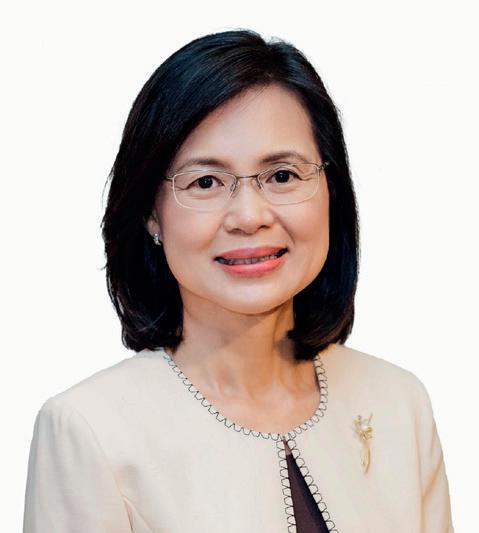


THE FLAGSHIP PUBLICATION OF THE SINGHEALTH DUKE-NUS ACADEMIC MEDICAL CENTRE A SPECIAL EDITION ON NURSING




THE FLAGSHIP PUBLICATION OF THE SINGHEALTH DUKE-NUS ACADEMIC MEDICAL CENTRE A SPECIAL EDITION ON NURSING
g where we, re heading where we, ve been and
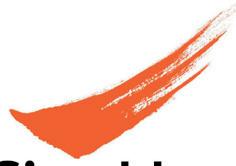
PUBLISHER
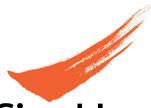
CO-PUBLISHERS
Group Chief Nurse, SingHealth
Adj Prof Tracy Carol Ayre
Group Chief Communications Officer, SingHealth Audrey Lau
Deputy Group Chief Communications Officer, SingHealth Jennifer Wee
EDITORIAL TEAM
Kan Wei Mun, Celine Sim, Jenny Ang
PUBLISHING AGENT
ThinkFarm Pte Ltd
Managing Director Christopher Tay
Head, Editorial
Chua Kim Beng
Head, Creative
Lee Lily
Head, Client Relationship Jessie Kek
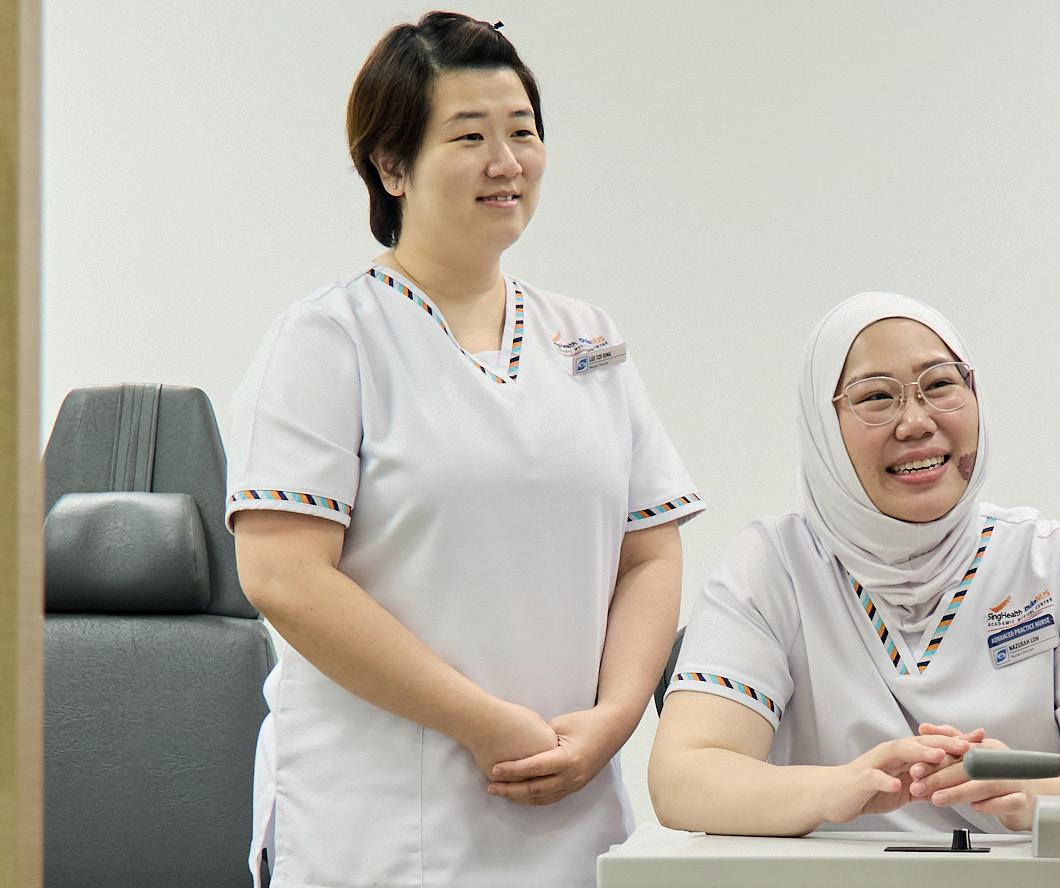
Advanced Practice Nurses play a vital role in Singapore’s healthcare, bringing together nursing expertise and advanced clinical skills. We speak to five APNs to understand how they are shaping modern healthcare.
For advertising enquiries, please call 6831 1299 or email advertise@thinkfarm.sg text by Candice Cai photos by Vernon
All rights reserved. Copyright by Singapore Health Services Pte Ltd (registration no.: 200002698Z). Opinions expressed in Singapore Health are solely those of the writers and are not necessarily endorsed by SingHealth Group and/or Thinkfarm Pte Ltd (registration no.: 201226362G), and their related companies. They are not responsible or liable in any way for the contents of any of the advertisements, articles, photographs or illustrations contained in this publication. Editorial enquiries should be directed to the Editor, Singapore Health, 168 Jalan Bukit Merah, #13-01 Surbana One, Singapore 150168, or email: singaporehealth@singhealth. com.sg. Unsolicited material will not be returned unless accompanied by a self-addressed envelope and sufficient return postage. While every reasonable care will be taken by the Editor, no responsibility is assumed for the return of unsolicited material. ALL INFORMATION CORRECT AT TIME OF PRINTING. MCI (P) 003/07/2024. Printed in Singapore by Times Printers Pte Ltd (registration no.: 196700328H).
Advanced Practice Nurses (APNs) represent a select group within Singapore‚s healthcare system — less than one percent of the country‚s 38,834 registered nurses in 2023. These highly skilled nurses combine expert knowledge with complex decision-making skills and advanced clinical competencies.
The path to becoming an APN is rigorous. Regulated by the Singapore Nursing Board (SNB), the role requires at least five years of continuous
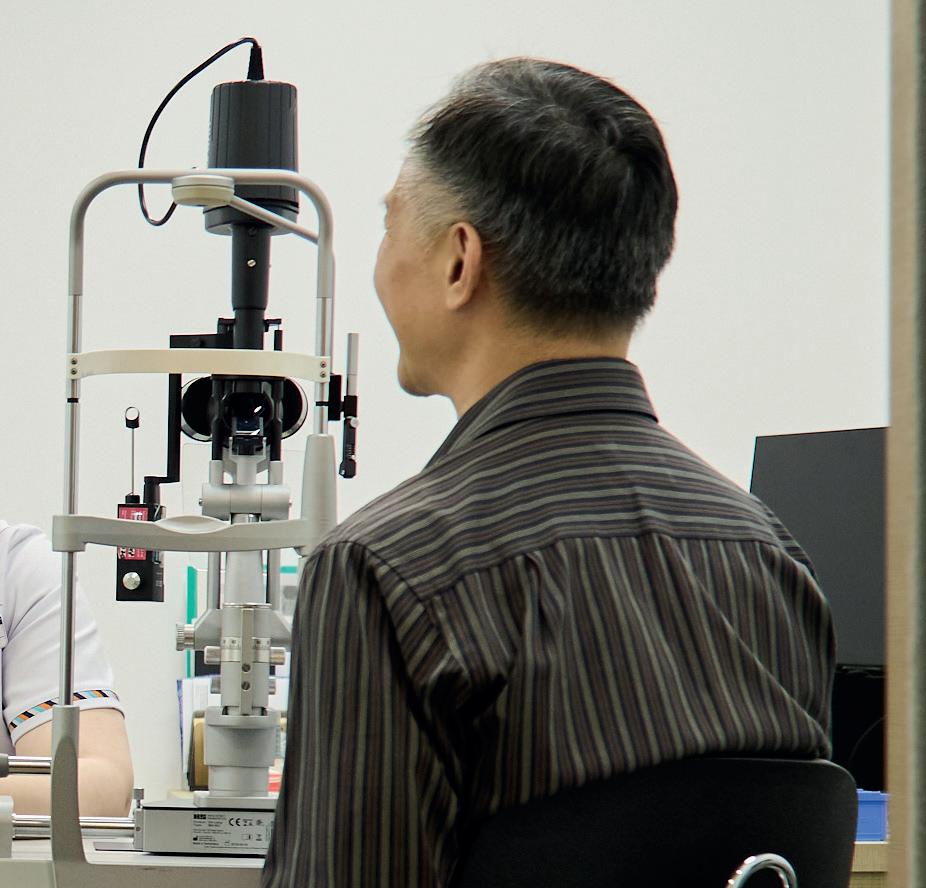
clinical practice as a Registered Nurse before one can pursue the Master of Nursing programme at the National University of Singapore (NUS).
Today, APNs work across diverse specialties, from paediatrics to emergency medicine. We speak to five of these experienced nurses about their journeys and how their role continues to evolve.
Advance Practice Nurse (Ophthalmology) & Nurse Clinician Singapore National Eye Centre
being Singapore‚s first ophthalmic-trained APN is both a professional and personal milestone. What motivated me to become an APN was my desire to expand my clinical expertise and deliver more holistic, direct patient care. The Singapore National Eye Centre (SNEC) played a key role in sparking and supporting my ambition to elevate nursing roles in patient care. Even as a young nurse, I attended global conferences that exposed me to cutting-edge ophthalmic practices, culminating in the pursuit of my Master‚s degree sponsored by SingHealth.
My role as an APN extends beyond clinical care. I train and mentor nurses, fostering a collaborative culture at SNEC that enhances patient outcomes. My current areas of focus are on strengthening the specialty nursing department at SNEC, and encouraging registered nurses to advance their skills and take on expanded roles. This is not just for
their own career development, but also to benefit patients in the long term. I am also committed to establishing the APN role in ophthalmology, determining how future candidates can add value to the ophthalmic care ecosystem and elevate specialty nursing.
Being the first APN in ophthalmic practice has been transformative but also challenging due to the steep learning curve. Besides building up specialty nursing at SNEC, I am constantly looking into how my role can add value in the field.
The ability to directly impact patient care, either through medication management or comprehensive treatment planning, has been incredibly rewarding. While we work collaboratively with ophthalmologists, we also have autonomy to prescribe medications. This has significantly enhanced patients‚ access to care, particularly for those with chronic conditions who require consistent follow-up.
I chose my subspecialty in glaucoma and diabetic retinopathy, which are chronic conditions linked to systemic issues. These areas have high patient volume and require continuous care and management, which I believe can be significantly improved through the APN model. This led me to spearhead the nursing team in running the glaucoma clinic and the new Intraocular Pressure Monitoring clinic to ensure timely review of patients on the change in treatment plan and medications. Not only does this streamline the workflow for doctors, it also empowers nurses to upskill and deliver higher-value care.
Over the years, awareness of the APN‚s role has grown among patients. As the role of APN evolves to include medication prescription and management, I foresee more nurses pursuing this path. Becoming an APN is my greatest career achievement so far — beyond the title, it allows me to make a tangible impact every day. As an APN, the most important principle I uphold is akin to the Hippocratic principle to do no harm, as patient safety is of utmost importance. Challenges are inevitable, but remembering my purpose — to make a meaningful difference in patients‚ and people‚s lives — keeps me motivated.
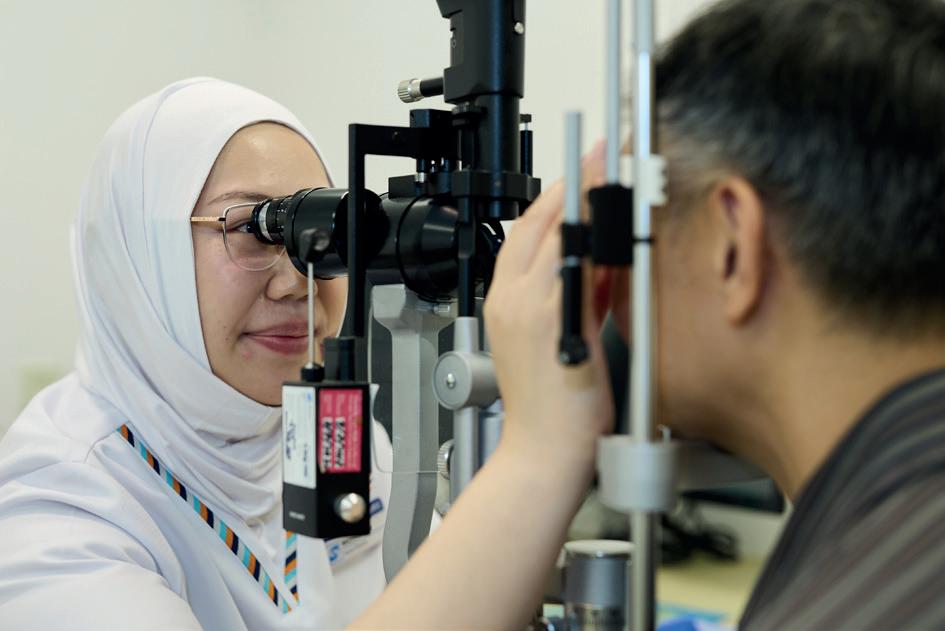
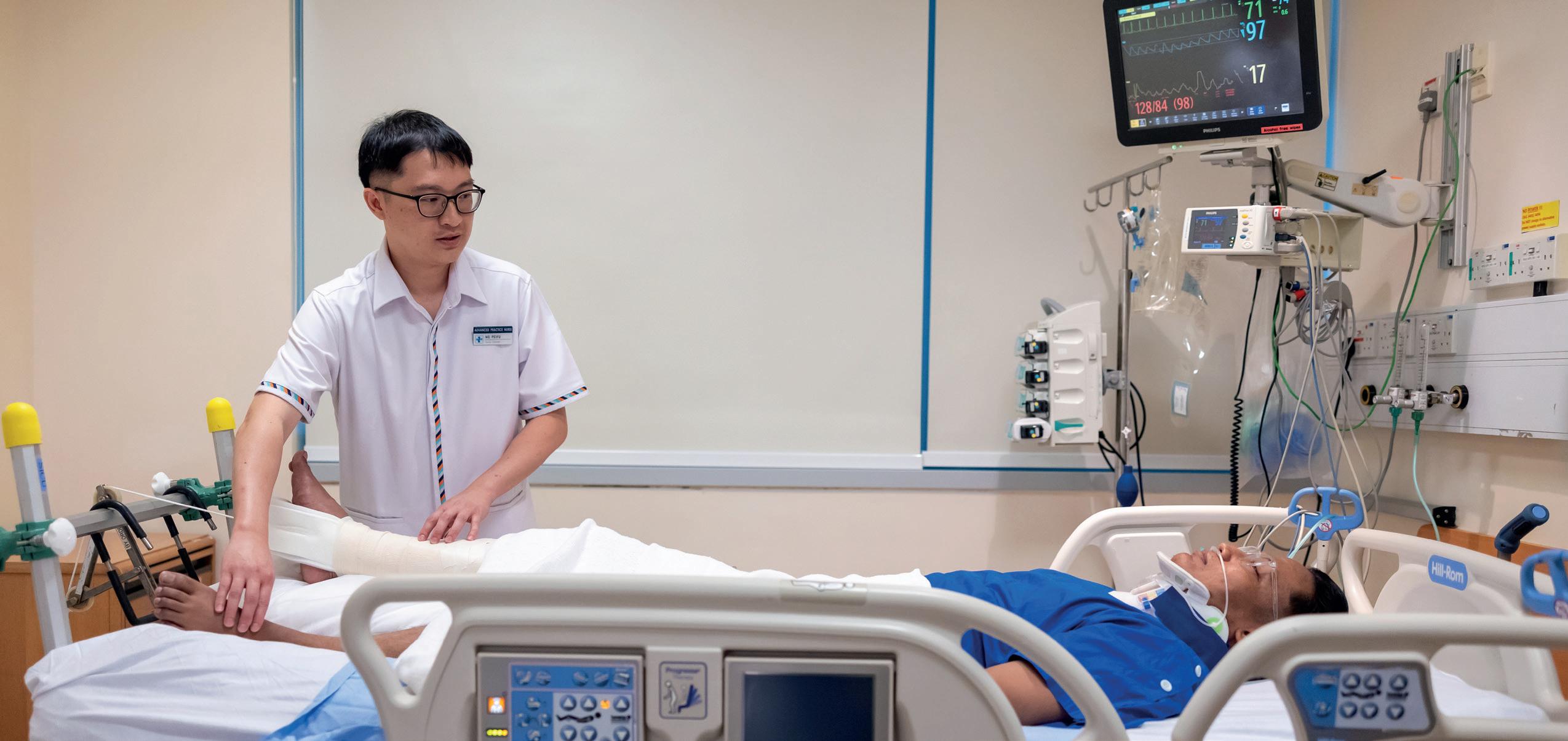
Ng Peifu
Advanced
Practice Nurse (Trauma and Acute Care Surgery) & Nurse Clinician Changi General Hospital
after a decade of nursing at Changi General Hospital, I found myself drawn to Advanced Practice Nursing (APN), inspired by my APN colleagues who created meaningful impacts in clinical management and patient education.
My journey towards attaining a Master of Nursing began in 2021, during a time when APN training was shifting towards a more broad-based training framework. The programme integrated the four clinical tracks — medical/surgical, acute care, mental health, and community health — into a cohesive medical/surgical training framework.
It was not easy juggling my studies and family responsibilities as a father of two, especially when it had been decades since I last picked up the books. But my goal then was to complete my Master‚s and apply my knowledge and skills to better help my patients. More than anything, I did not want to let down my seniors and my family, who had supported and encouraged me. The one-and-a-half-year journey of student life wasn‚t easy, but I‚m proud to have persevered and succeeded despite the challenges.
Now, as an APN specialising in Trauma and Acute Care Surgery Management, I‚ve seen my practice evolve significantly. Beyond basic patient
assessment, I perform more thorough reviews and connect symptoms to patients‚ medical histories, as well as consider their psychosocial histories. This significantly aids my daily clinical management, and has boosted my confidence in proposing specific investigation plans for patients. I‚ve also completed a Collaborative Practitioners Prescribing Programme, which allows me to prescribe certain medications within my subspecialty.
As a Trauma and Acute Care Surgery APN, I find it deeply fulfilling to embrace the expanded role in patient care with my advanced knowledge and clinical skills. Beyond the clinical management of trauma injuries, I focus on a holistic approach that considers the psychological and emotional well-being of my patients to enhance care. In my role as APN, I also serve as a strong advocate and collaborator within multidisciplinary teams, ensuring that patients receive optimal care that‚s comprehensive and cohesive.
APNs also play a vital role in educating patients, caregivers, junior doctors, and nurses. By sharing their knowledge and clinical expertise, APNs boost the confidence and competence of nursing staff in patient management and care. They also ensure that patients are well informed about their conditions and care plans. This mentorship part of the role is another aspect that I find extremely fulfilling.
For anyone considering a career as an APN, my advice is to take that leap of courage. With support and a strong commitment to hard work, achieving the APN degree is truly within reach.
Frida Wong
Advanced Practice Nurse (Community) & Nurse Clinician
SingHealth Polyclinics
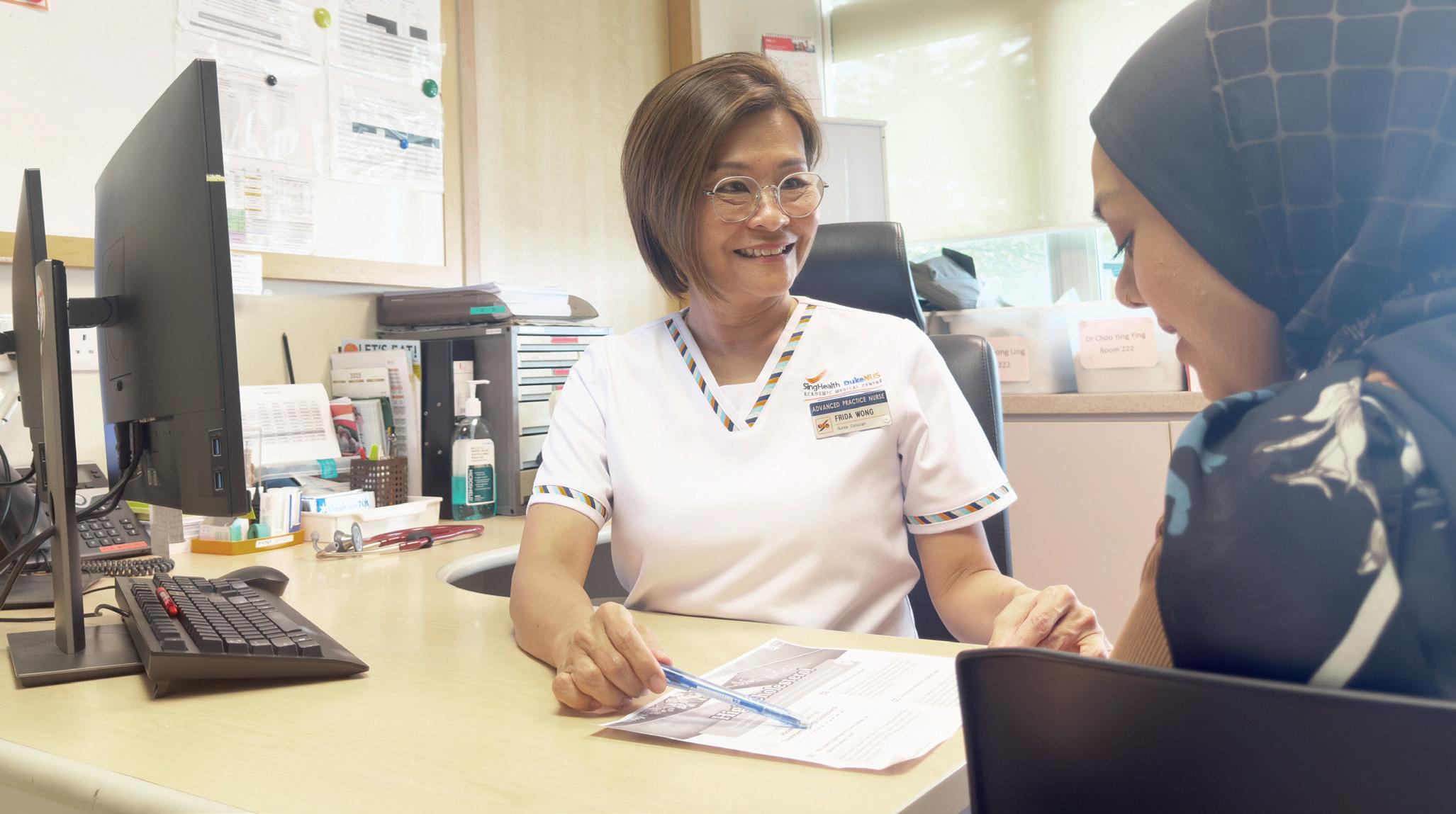
my journey into nursing began 35 years ago. I was inspired by a nurse who cared for my late mother with unwavering patience and compassion. That early experience showed me that nursing isn‚t just a career — it‚s a rewarding journey filled with opportunities for growth, learning and meaningful connections.
In 2007, I was given the chance to pursue my interest in gerontology nursing, and I obtained an Advanced Diploma in Gerontology Nursing in 2008. To further enhance my clinical knowledge, I was subsequently offered the opportunity in 2010 to pursue a Master of Nursing to advance to the role of APN.
The knowledge gained from my APN training and education benefited not only my role as an APN (Community) in caring for patients, but also contributed significantly to my personal and professional development. As an APN, I specialise in managing patients with suboptimal control of chronic conditions. This role allows me to apply my gerontology expertise, particularly in caring for elderly patients who require tailored, holistic interventions. This is true especially in Singapore‚s rapidly ageing society, where the number of patients with complex psychosocial issues is also increasing. My role extends beyond direct patient care and includes being an educator and researcher.
As a preceptor, I oversee and facilitate the learning and training progress of APN interns. Currently, I‚m also embarking on and advising research studies on dementia care with my research committee members. Through my work, I‚ve discovered that a collaborative approach between APNs, doctors and other healthcare professionals enhances patient outcomes by empowering individuals in both chronic and preventive care, ultimately fostering better health and well-being.
To meet the demands of an increasingly ageing
population, I plan to continuously enhance my nursing knowledge to stay abreast of the latest clinical developments and practices, which will enable me to deliver optimal care and support to my patients.
The evolution of the APN roles has been remarkable. Beyond our clinical roles, which include performing comprehensive patient assessments, prescribing medications, ordering and interpreting laboratory tests, conducting evaluations, and initiating management, many APNs are also involved in research and quality improvement, and advocating for patient-centred care as well as evidence-based practice reforms. In addition, more APNs are taking on leadership roles, thereby enhancing healthcare delivery and policies across various institutions.
I believe APNs have a profound impact on the future of nursing by expanding access to care, improving patient outcomes, and elevating the profession as a whole. From a clinical perspective, the advanced clinical training enables APNs to enhance the quality of care by incorporating evidence-based practice and holistic patient education, empowering patients to manage their health more effectively.
Ultimately, what drives me in my job is the trust and respect I receive from my patients and their families. This motivates me to improve in my role as a nurse. I feel gratified whenever my patients express their appreciation, value our established personal relationship, and comment that I‚ve made a positive impact on their health journey.
To me, nursing is more than just a profession — it‚s a vocation driven by a sense of duty and compassion. Looking back over 35 years, I see how nursing has transformed from a traditional caregiving role to a sophisticated profession that combines clinical expertise with research, education and leadership. Yet, the core remains unchanged — it‚s still about making a difference in people‚s lives, one patient at a time.
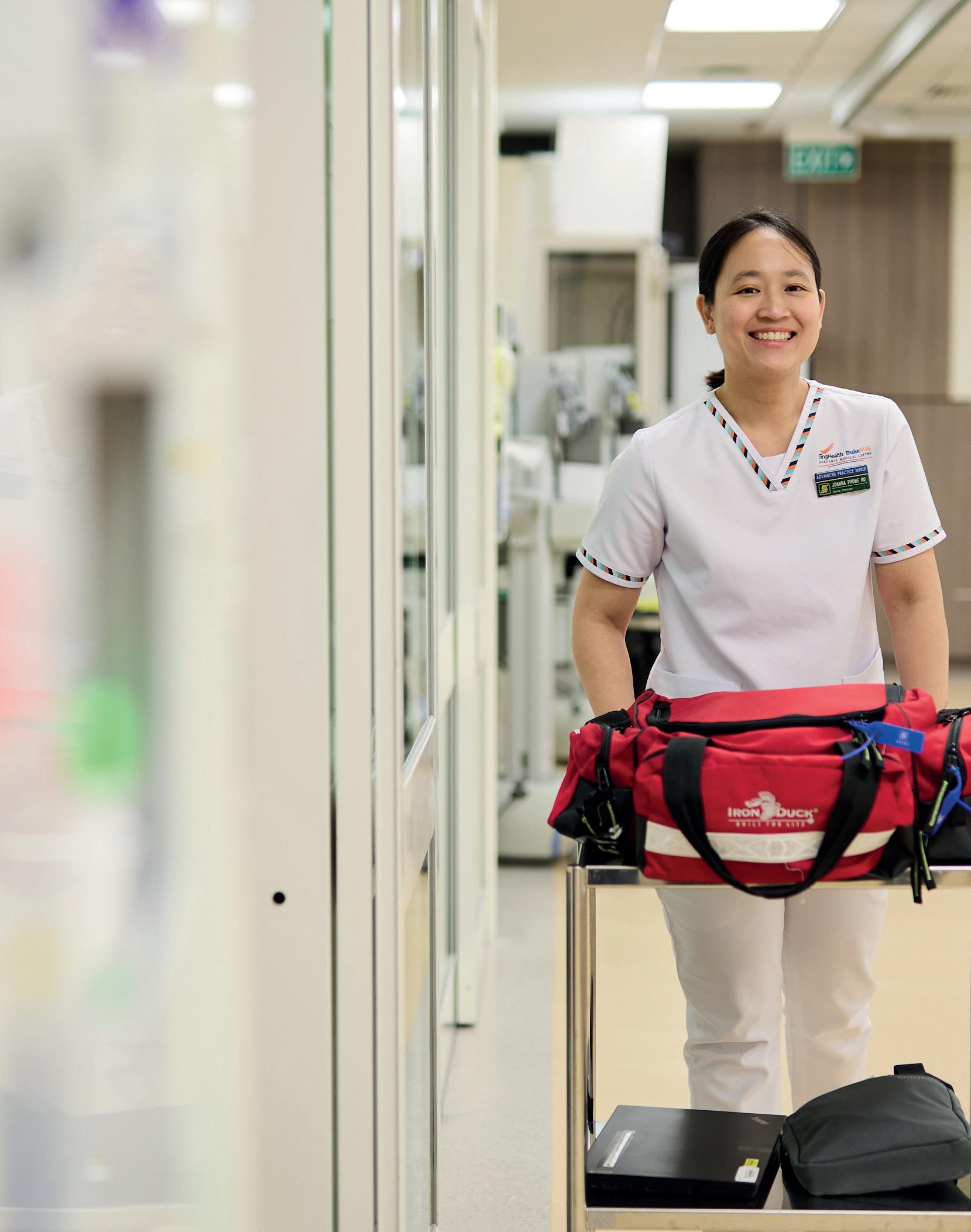
Joanna Phone Ko
Advanced Practice Nurse (Intensive Care) & Nurse Clinician
Singapore General Hospital
in 2009, I was part of the pioneering batch of nursing undergraduates at NUS.
My journey took a turn during my undergraduate years. Initially, I had considered obtaining a degree in nursing followed by a Master‚s in an allied health profession. However, as I embarked on my nursing education, I discovered a passion for nursing, particularly in the field of critical care. Yes, the holistic nature of nursing extends even into the Intensive Care Unit (ICU)! It encompasses not just the physical but also the emotional and psychological aspects of patient care. I really enjoyed working collaboratively with different medical teams to solve complex clinical problems, and the critical thinking required, so I knew the clinical track as an APN was for me.
I was fortunate to be given the opportunity to pursue my Master of Nursing overseas. My experience at the University of Pennsylvania in the USA expanded my horizons and perspectives on advanced nursing practices. Returning to Singapore brought its challenges, especially during the mandatory year-long APN internship. Preparing for the highstakes Objective Structured Clinical Examination (OSCE) was particularly difficult. I‚m thankful that I managed to overcome this with the incredible support of my supervisors and mentors.
What I love most about being an APN in the ICU is the dynamic nature of critical care, blending both the precision of science with the empathy required in the art of nursing. As APNs, we dive deep into the clinical problems, their diagnoses, management, and the patients‚ responses to treatment, both physiological and emotional. I appreciate the varying pace of our work. While it can be extremely fast-paced when managing critical issues, we must also be able to shift gears and slow down, particularly when having sensitive conversations with our patients‚ families. I value the challenge of developing competency in both these aspects of care.
One highlight of my APN role is in leading SMART (SGH Medical Acute Response Team). As an APN in SMART, I respond to calls for assistance to assess and stabilise deteriorating patients in the general wards. This role challenges me physically, mentally and emotionally due to its extremely unpredictable nature, and the diverse array of clinical issues to address. It gives me a great opportunity to collaborate with healthcare colleagues across the hospital. There is hardly a boring day when I‚m running SMART.
I‚m proud to be an APN, and the support from SingHealth and my nursing leaders has been instrumental in my development. I‚m also passionate about inspiring the next generation of nurses to become APNs. Nursing is one of the most critical fields in healthcare — it‚s challenging, exciting and rewarding. The demand for skilled nurses will only continue to grow, and I encourage my younger colleagues to pursue their interests and aspirations.
Today, as I pursue my Doctorate in Nursing Practice, I‚m very grateful for the support that has shaped my journey. I am also excited about the potential for APNs to further shape the nursing profession and improve patient outcomes in Singapore and beyond.
Lim Hui Koon
Advanced Practice Nurse (Neonatal Intensive Care) & Assistant Nurse Clinician
KK Women’s and Children’s Hospital
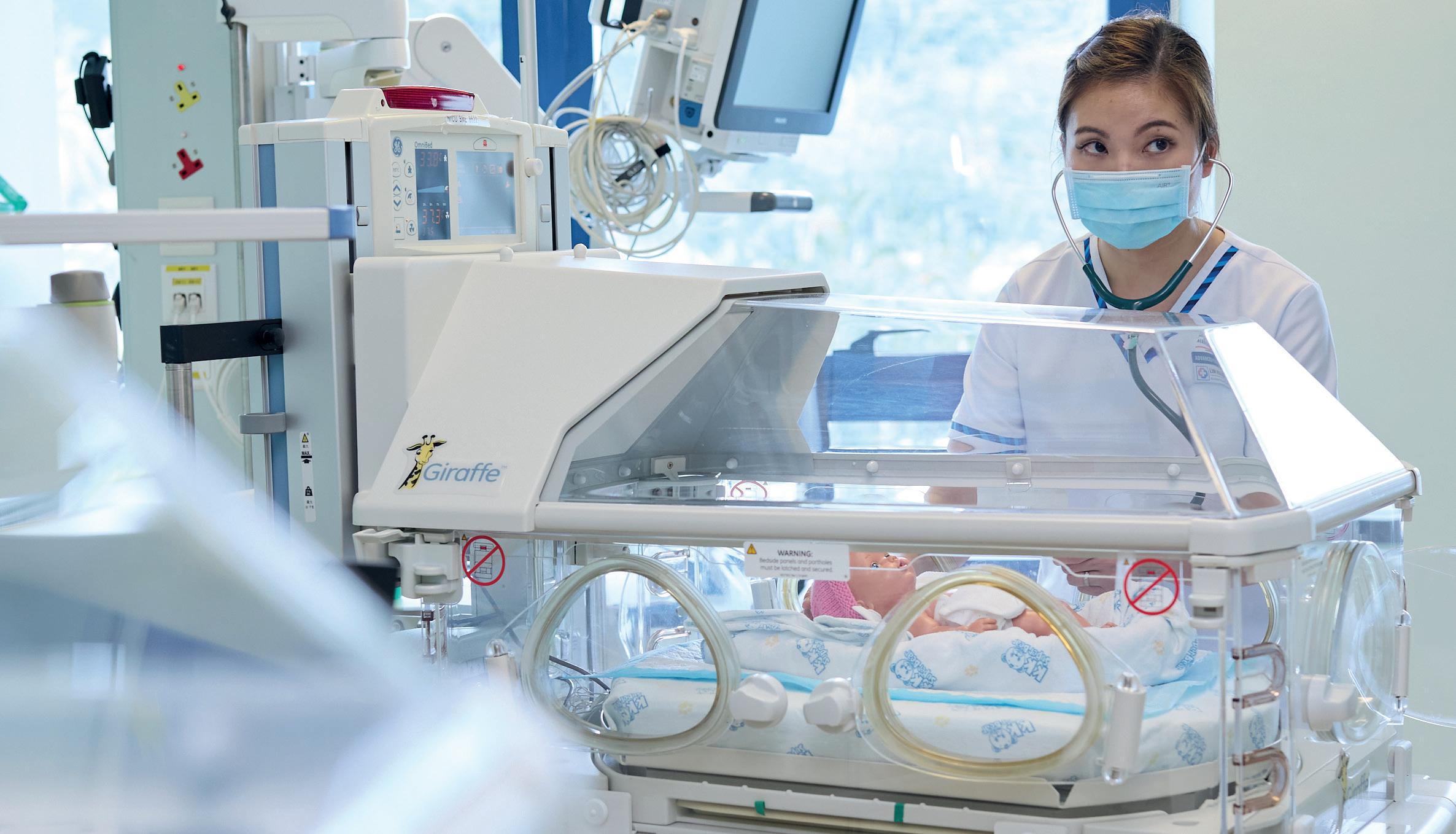
my passion for caring for young children led me to a career in neonatal nursing at KK Women‚s and Children‚s Hospital (KKH). It‚s incredibly fulfilling to witness the resilience of premature and critically ill infants as they grow stronger each day, and eventually reunite with their families. Even in cases where patients are discharged with ongoing medical needs, such as ventilator support, it‚s deeply rewarding to follow their progress through outpatient appointments. Observing these children gradually being weaned off oxygen support and reach developmental milestones — such as walking and talking — underscores the profound impact of neonatal care, and continues to inspire my commitment to this field.
After five years at KKH, I was eager to advance along the clinical track in nursing. Pursuing the Master of Nursing (Paediatric) programme was a natural progression, enabling me to take on the role of an Advanced Practice Nurse (APN) while continuing to provide direct patient care. Upon graduation, I returned to the Neonatal Intensive Care Unit (NICU) in 2021 as its first APN — a moment that filled me with pride and excitement, as it felt like returning to my professional roots. However, being a pioneer also came with its share of challenges. I had to define the scope of the APN within the NICU, and work intentionally to build trust and collaboration with both medical and nursing teams.
I take pride in the unique role that APNs play, and our ability to bridge the gap between medical and nursing staff, fostering collaboration and understanding. Each day, I have the opportunity to collaborate with a multidisciplinary team of doctors,
nurses and allied health professionals, facilitating case-based discussions to align our approach. This collaborative spirit and teamwork are principles I strongly believe in, as they help to provide the most comprehensive care possible to patients.
My achievements include performing consultations at the APN-led Neonatal Jaundice (NNJ) clinic, where we assess and manage patients at KKH. Besides operating outside regular working hours, we also provide detailed anticipatory advice, which has been greatly appreciated by parents. In addition, as part of the interdisciplinary Bronchopulmonary Dysplasia (BPD) Programme for premature babies with severe BPD, I also coordinate the discussion and care for these chronic patients in ensuring their smooth transition back home. Presently, we ‚ re also looking into the expansion and development of the APN role in the NICU high-risk section to provide high-level, targeted and evidence-based interventions for the extremely pre-term babies in the unit.
Working in the NICU can be intensely challenging, but I find motivation in small victories. Whether it‚s soothing a distressed baby or supporting a family through difficult times, these moments remind me why I chose this path. I enjoy making an impact in the lives of newborns and their families; in the end, it‚s the appreciation of the families of our NICU babies and the progress of these warrior babies that keep me going. There‚s something profound about being present during significant life transitions — such as moments of birth and death — an intimate and privileged experience that few get to have in their careers.

So tell us… how do you
This Nurses’ Day, we invited our nurses to unleash their creativity and imagine the future of nursing. Through art and words, they defined tomorrow's medicine. Here are the top three pieces. Check out the three merit prize winners on pages 20 and 21.

illustrated by Khairun Nnesah Binte Shaik Mohammad
Nurse Clinician, SGH
1st Prize Winner, Nurses’ Day Competition 2025
I envision the future of healthcare with personalised treatments. With patients being empowered to advocate for themselves, SingHealth’s future will lead in delivering high-quality and accessible healthcare. As technology and artificial intelligence reshape clinical workflows, there will be a strong focus on healthcare professionals, who will transition into roles requiring advanced critical thinking, collaboration, and patient-centred care. Ultimately, we will create a healthier society where every patient receives the right care at the right time here at SingHealth!
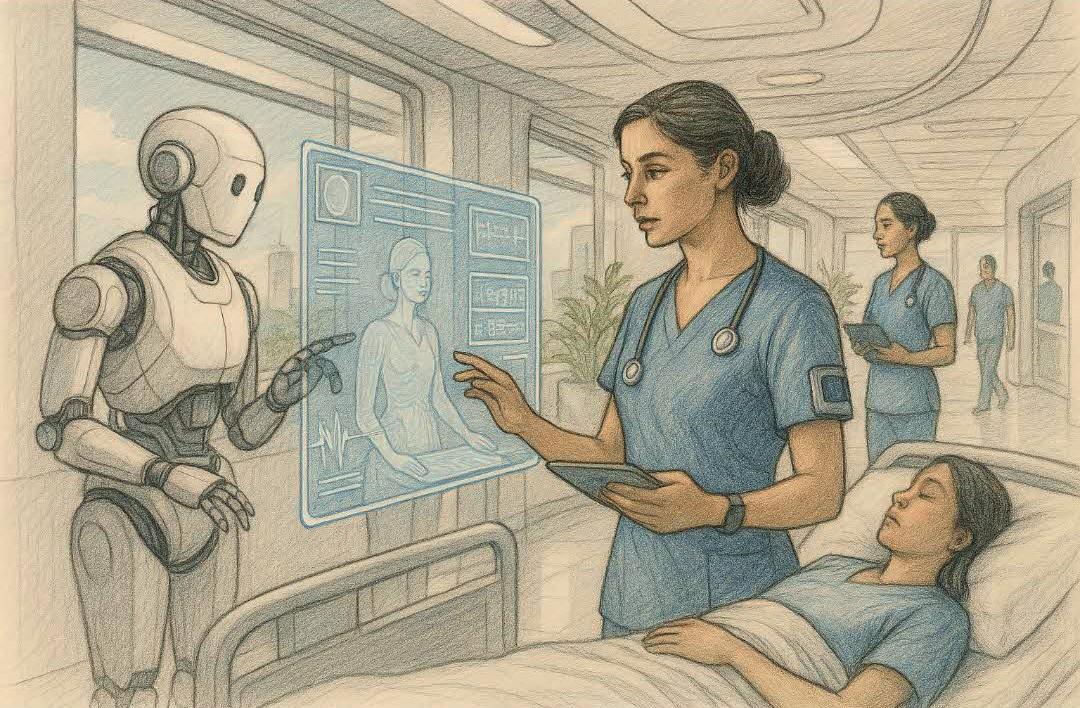
Senior Staff Nurse, NHCS
2nd Prize Winner, Nurses’ Day Competition 2025
I envision a future at SingHealth where advanced technology enhances, not replaces, the human touch in healthcare. My illustration reflects a seamless blend of innovation and compassion — nurses utilising AI-assisted tools and holographic displays to provide precise, patient-centred care. Robotics support efficiency, allowing nurses to focus on empathy and healing. As a healthcare professional, I aspire to be part of this transformation, where technology empowers us to deliver safer, more personalised care. The next 25 years of SingHealth will be defined by progress, but at its core, nursing will always be about the human connection.
illustrated by Andrea Chiang Assistant Nurse Clinician, KKH
3rd Prize Winner, Nurses’ Day Competition 2025
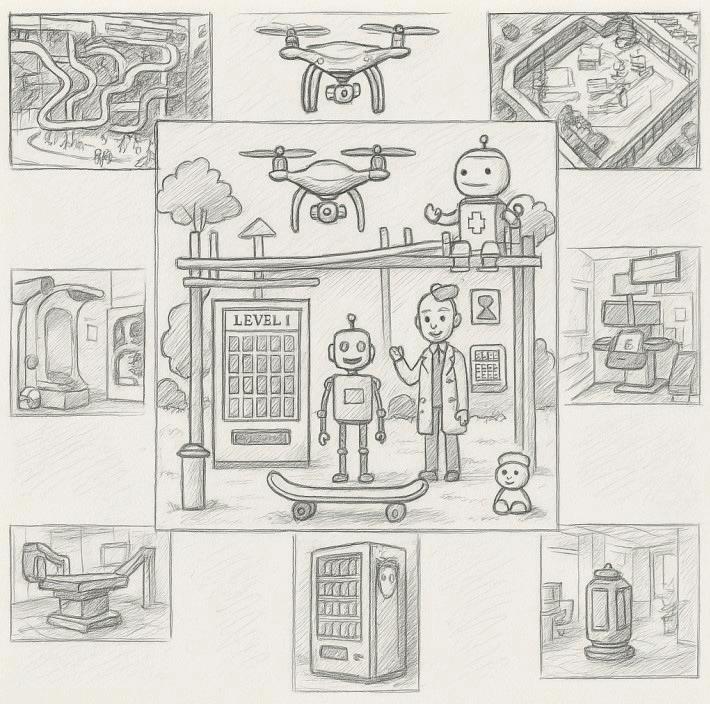
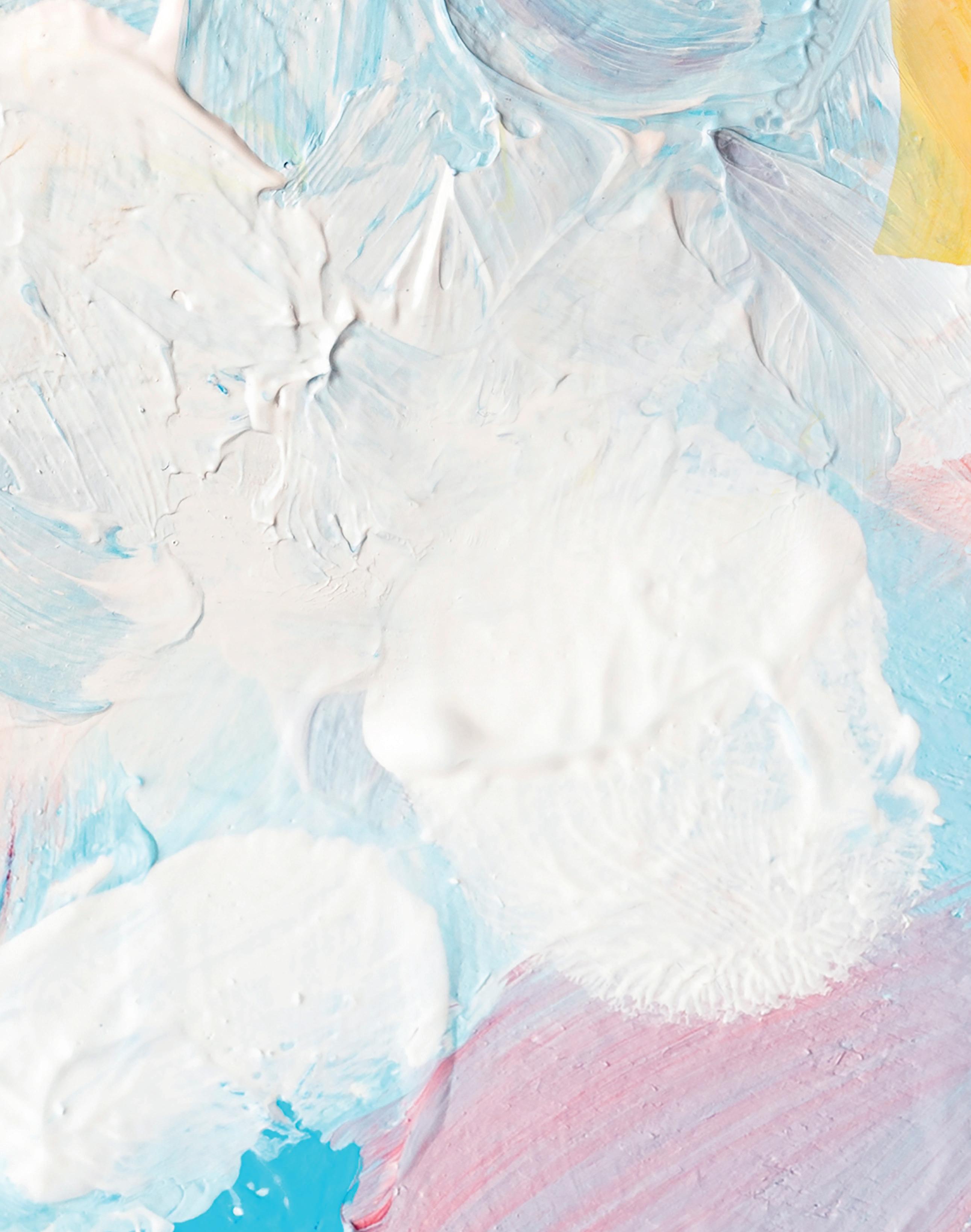
Through screens and circuits, data flows, Yet gentle hands still comfort those Who need our care, our human touch — Technology enhances, not replaces such.
Smart alerts and AI might guide, But empathy shall still reside In every nurse’s watchful gaze, As we blend old and newer ways.
For in this dance of heart and code, We walk a more enlightened road Where wisdom born of ones and zeros Helps us be more present heroes.
Our calling stays forever true: To heal, to help, to see you through — Now armed with both our heart and tech, Each patient’s care we can perfect.
Nursing today goes beyond bedside care in the hospital ward. Four nurses share how their careers in informatics, research, education and community care expand notions of healthcare, and reflect the evolving face of the profession.
text by Timothy Wee & Vicki Yang photos by Vernon Wong
while many picture nurses primarily at patients ‚ bedsides, modern nursing has evolved significantly. My journey reflects this transformation.
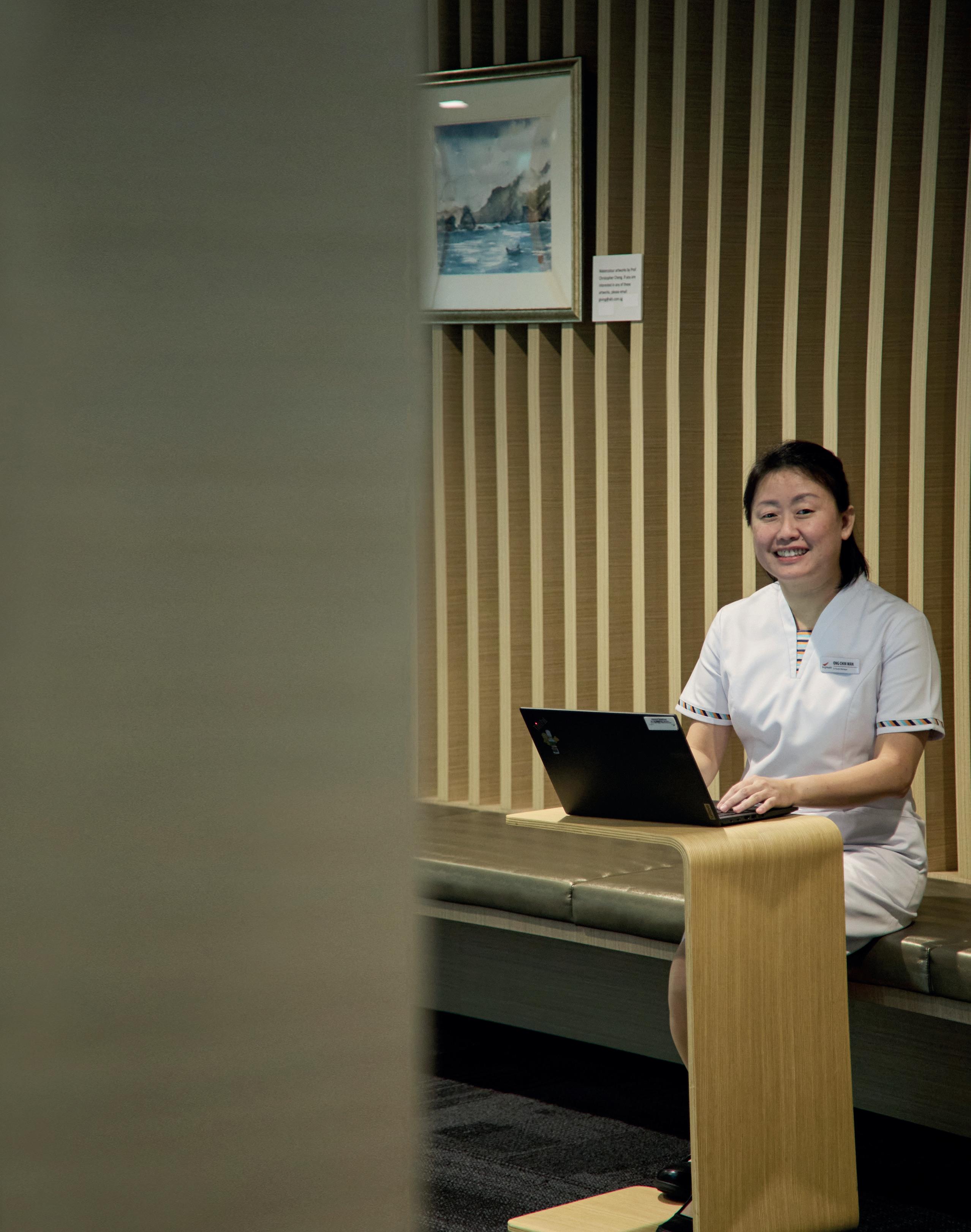
Ong Chin Wan Senior Nurse Manager (Nursing Informatics)
Sengkang General Hospital
My nursing career began in a renal ward, caring for high-dependency and dialysis patients, before moving to emergency care, where I worked across observation, cardiac and trauma units. Each role deepened my understanding of critical patient care.
In 2013, I had the opportunity to take on an expanded scope in informatics when the Ministry of Health launched the electronic medical record (EMR) implementation at Ng Teng Fong General Hospital. Working with the medical informatics team to implement EMR allowed me to see both the potential and impact of technology in the healthcare system. My clinical practice background proved invaluable in designing a system that enhanced nursing work, care coordination, and patient safety, making a significant difference to care delivery.
In 2016, I was fortunate to contribute my knowledge to setting up and integrating clinical workflows into IT systems in Sengkang General Hospital. It was extremely satisfying to observe how nursing practices, supported by the right technological design and platforms, could transform healthcare delivery and enhance patient care and safety. This experience led me to deepen my knowledge in this field by completing my Master of Science in Health Informatics in 2022.
Since entering the field of Nursing Informatics, my focus has been bridging the gap between frontline clinical practice with technology. This involves translating real nursing needs into practical tools and solutions, listening to user feedback, providing real-time support through healthcare applications, and identifying ways to refine care processes.
Today, as co-chair of the SingHealth Nursing Informatics Council, I help scale up best practices to improve nursing care, such as using artificial intelligence and telehealth solutions that streamline documentation, diagnostics and decision-making. This relieves nurses from the burden of administrative tasks, allowing more time for connecting with patients, leading to stronger relationships.
The decision to onboard a Next Generation Electronic Medical Record (NGEMR) through Epic would be a significant milestone, which will fundamentally transform how we approach healthcare
delivery across clusters. With national-level integration, workflows and documentation processes will be more than just digital record keeping — they will create a vast database to improve care efficiency, effectiveness and efficacy towards a more resilient healthcare system.
As we navigate the challenges of an ageing population and increasingly complex care needs, nursing informatics and advanced technologies are becoming essential tools. By automating routine tasks, we empower nurses to focus on what matters most: Meaningful patient interactions and complex care decisions. At its core, nursing informatics isn‚t about replacing bedside care; it‚s about enhancing it, enabling safer, more efficient, and more compassionate patient care.
Poh Pei Fen
Nurse Clinician (Nurse Researcher, Children’s Intensive Care)
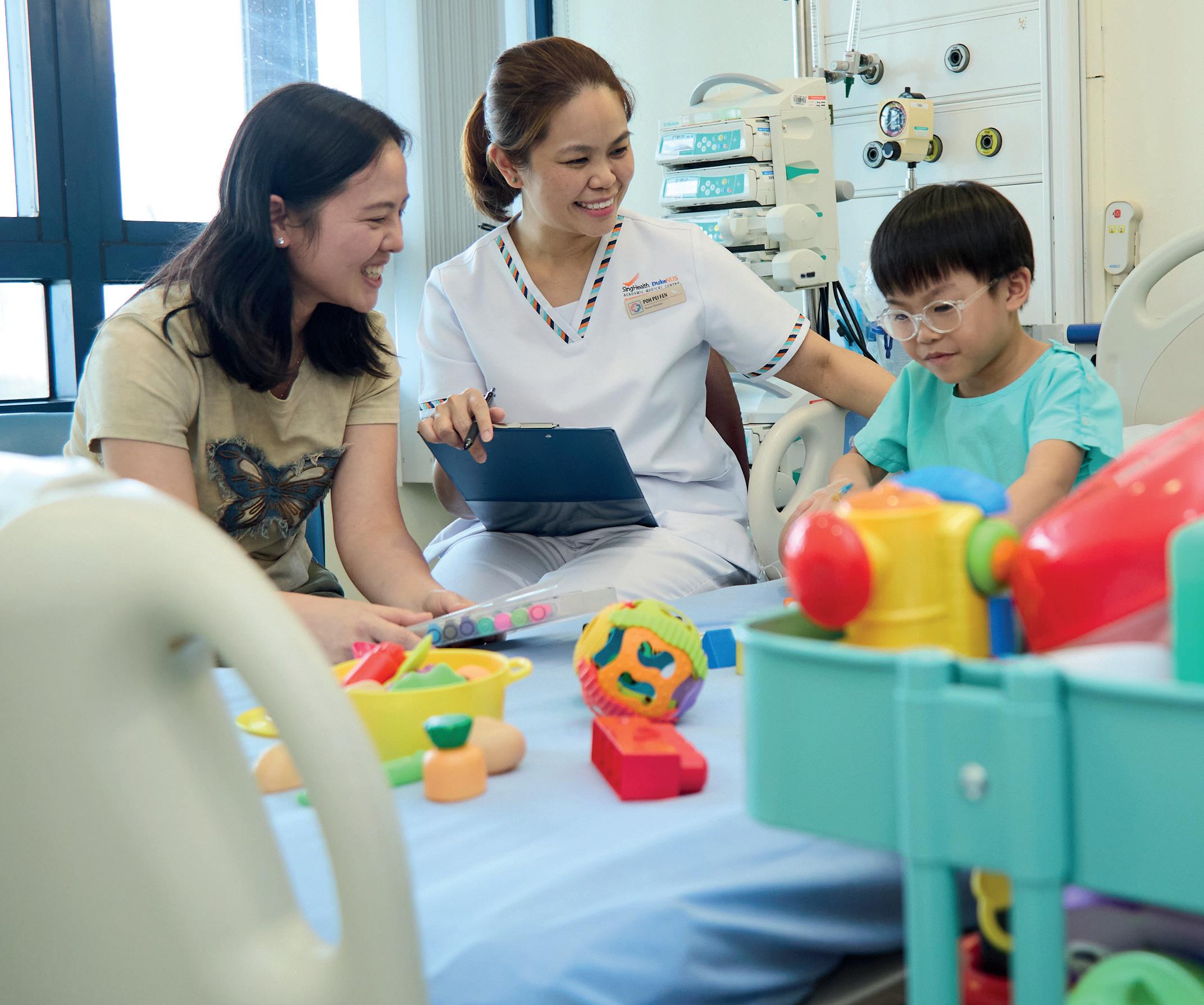
mKK Women’s and Children’s Hospital
y journey into nursing coincided with the SARS outbreak in the early 2000s. The media spotlight on healthcare frontliners inspired many, including me, to consider nursing. After completing my diploma at Nanyang Polytechnic, I was posted to the Children ‚ s Intensive Care Unit (CICU) at KK Women ‚ s and Children ‚ s Hospital, where I ‚ ve been since, caring for critically ill children and their families.
Working in the CICU as a young graduate was humbling. With little life experience, I found myself guiding grieving parents much older than I was through their most vulnerable moments. It pushed me to mature quickly and taught me that nursing wasn ‚ t just a duty, but a privilege to journey alongside families during critical times.
As a nurse clinician, I provide bedside care and manage the nursing team. I also serve as an ECMO Nurse Specialist. ECMO, or Extra Corporeal Membrane Oxygenation, is a life support therapy that temporarily takes over the function of the heart and lungs. KKH is the only paediatric centre in the region with a nurse-driven ECMO programme.
Alongside clinical work, I ‚ ve grown increasingly involved in research. Being close to patients, you tend to notice unmet care needs, and this was what prompted my passion in research and my current pursuit of a PhD. One of my proudest moments was when a paper I co-authored with a
team of international collaborators won the Best Oral Presentation at the European Academy of Paediatrics Society. It was a systematic review of the impact of ethnicity on parental health outcomes and experiences after childhood critical illness. We realised that there was a disparity in the representation of ethnic minorities and highlighted a lack of ethnic diversity in this field of literature.
The nursing profession has evolved significantly, driven by increasingly complex patient needs and advanced medical technologies. With advanced medical technologies, there‚re more survivors of critical illnesses, which also means more complex needs upon discharge. Research can help us design services to meet these needs, with the goal of enhancing patient care.
Transitioning from bedside care to research takes intention. You might have only two hours after shift handover, but if you‚re clear about your goals, pursuing that research interest will make that transition easier. It also helped to have good mentors and the support of management and supervisors. I was always an average student; I would have never imagined myself as a PhD candidate. But, in SingHealth, there are many opportunities in nursing for higher education.
To the many young people who wonder if they have the empathy to become a nurse, I want to assure you, empathy and compassion often arise in the face of adversity. You could make a real difference in someone‚s life. If you‚ re looking for purpose and impact, this might be where you begin.
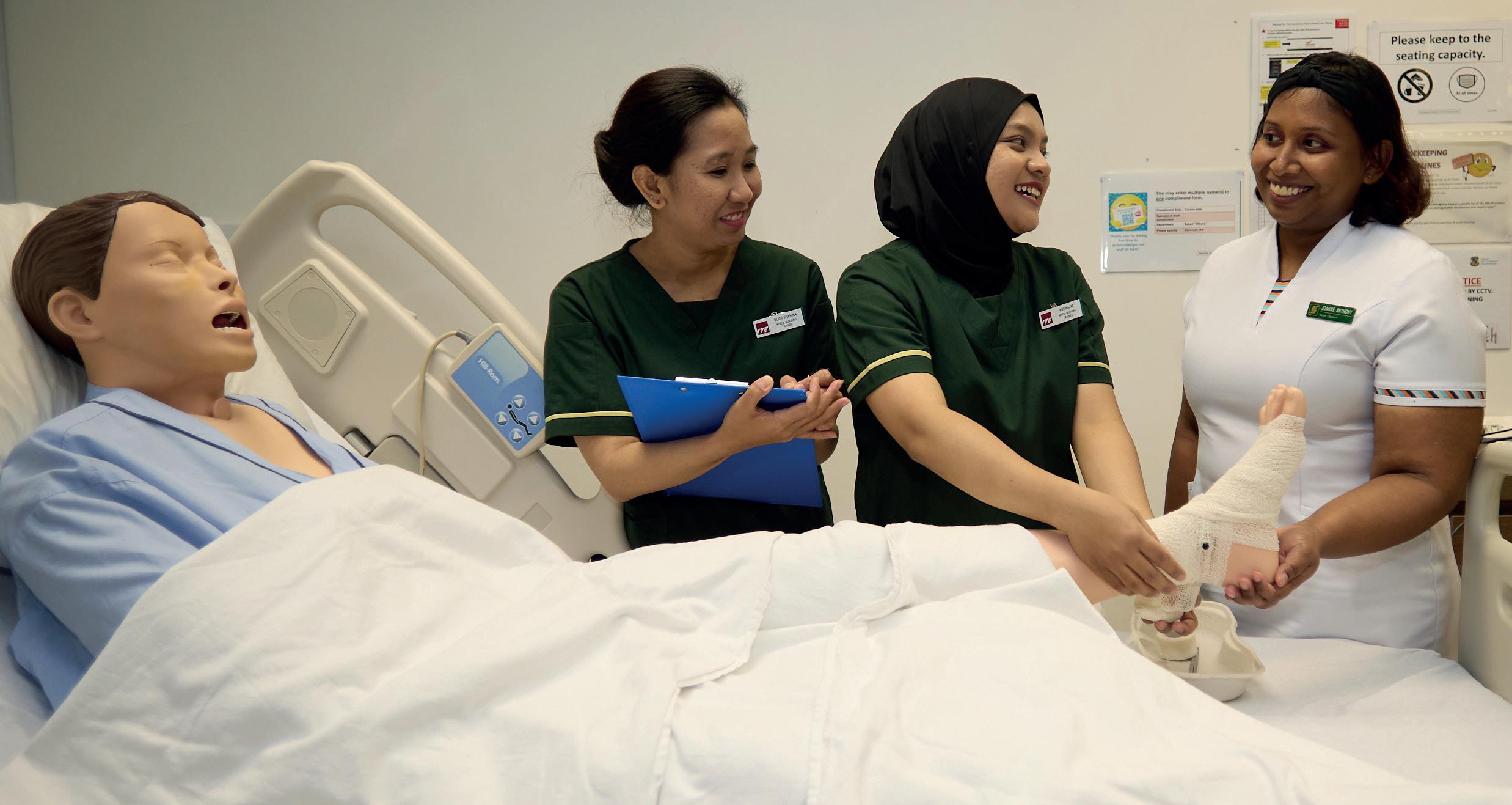
Anthony
Senior Nurse Educator Singapore General Hospital
ialways wanted to work in theatre and the arts, but my family disapproved.
Just months before my ‚O‚ Levels, an unexpected moment changed my path — a sudden recollection of watching a nurse adjusting my grandfather‚s intravenous infusion in the hospital. In that moment, I saw a life of purpose, where every day could be committed to doing good. That was how my 16-year-old self decided to go into nursing at Nanyang Polytechnic, the only institution offering the course then.
My career began in the general ward for two years, followed by intermediate care for another two years. After completing my Advanced Diploma in Nursing, I moved to a surgical ward. During my orientation at Singapore General Hospital (SGH), I met a clinical instructor who made a lasting impression. She openly shared her early challenges of fear and anxiety, yet demonstrated such natural confidence in her work. Her honesty helped me realise that my own struggles were part of the growth process, and I began to see the possibility of following a similar path. I wanted to engage with others with the same level of confidence, and imagined myself performing the same role one day.
When the opportunity came, I underwent training to become a clinical instructor. Two years later, I transitioned fully into nursing education as the hospital wanted to expand the pool of clinical instructors.
As a nurse educator, I identify the need for training based on learning gaps, conduct and review training programmes, and perform clinical
supervision in the ward. My portfolio focuses on supporting students through their education journey, from their first steps to their final year. I plan and liaise with academic institutions on clinical attachments for undergraduates to postgraduate nursing students. In my role at the SingHealth Academy College of Clinical Nursing, I also lead outreach efforts to build the future nursing workforce, such as engaging schools to promote nursing as a career. We organise learning journeys and offer two-week internships for school leavers and students to obtain immersive experience in the hospitals and gain insight into what nurses do.
The nursing profession has become more dynamic since I started, with diverse career paths and specialisations available. The training and support students receive are also more structured. Even though my role is primarily in education, I continue to engage in clinical practice to effectively support students in translating theoretical knowledge into practical application.
Looking back, what helped me through the early challenges was not rushing, but allowing myself to grow into the profession. I always tell my students to take their time, gain at least two to three years of clinical experience, then explore their specialisation. Nursing requires passion — without it, you can only go so far. But opportunities are always available for those with the heart and drive for continuous learning.
Beyond clinical skills, nursing teaches valuable life lessons that help you become a better person. Whether as a parent, friend or child, the skills we learn make a real difference in others‚ lives.

stroke claimed the life of my grandmother and several other family members, which shaped my career decision towards nursing. Following my father‚s wishes, I became a registered nurse in 2005 and specialised in Neuroscience, driven by a desire to understand stroke and to make a difference in the lives of patients like my loved ones.
My journey began at Singapore General Hospital. I pursued an Advanced Diploma in Neuroscience and subsequently completed my Bachelor‚s Degree in Nursing at Curtin University, Singapore. Working as a Neuroscience nurse exposed me to complex cases including head traumas, cancers, post-surgical wounds, and brain death situations, which strengthened my resilience as a nurse.
In 2007, a life-changing motorcycle accident left me with multiple open fractures in my face, left arm, and both knees. My journey through seven operations and two years of recovery gave me a unique insight into a patient‚s struggle. This experience deepened my empathy as a nurse, and reinforced my commitment to empower patients to take charge of their recovery journey.
My transition to community nursing was an eye-opener and revealed the real challenges patients face at home. Many of them struggle to recall discharge instructions, and families often need additional support post-discharge. In this role, I work closely with patients and caregivers to teach them preventive care, and to reinforce treatment care plans in their home environment. The rapport built with patients at their homes allows me to better understand and address their health, psychological, emotional and social needs.
As a community nurse, we see patients with complex wounds and stoma care needs. I decided to pursue a Graduate Diploma in Wound, Ostomy and Continence Practice. Subsequently, I went on to complete my Master of Advanced Practice in Clinical Leadership.
Transitioning from an inpatient setting to community nursing presented unique challenges. Unlike hospital settings with readily available resources, community nurses must make critical decisions independently during home visits, leveraging on expertise from specialists and multidisciplinary teams such as our Family Medicine & Continuing Care doctors. We are essentially the patient‚s call bell in the community. My inpatient experience proved invaluable, providing the foundation for the clinical judgement I use daily. This role further enhanced my confidence, health assessment, and clinical decision-making skills.
Throughout my career, I‚ve been fortunate to have supportive family and mentors who played a crucial role in my professional growth. I‚m especially grateful for their guidance over the past two decades, encouraging me to embrace change with optimism. My extended family of nurses, working across various hospitals and disciplines, has provided valuable opportunities for mutual learning and sharing of perspectives.
As the healthcare landscape shifts from hospital-centric to community-based care, nursing will continue to evolve. Though I initially envisioned a career solely in inpatient care, I‚ve found deep fulfillment in community nursing. To new or aspiring nurses: Just go for it, pursue your interests boldly, but remember to develop resilience. Today‚s nursing offers diverse career paths, from direct patient care to research, education and beyond. The opportunities for professional growth are endless!
Six SingHealth-sponsored nursing students share what drives them to shape the future of nursing care.
text by Timothy Wee & Chua Kim Beng photos by Vernon Wong
atalk by the founder of the Yellow Ribbon Project, Mr Jason Wong, during my time in junior college sparked my interest in an unconventional career path. His sharing about making meaningful change in people‚s lives resonated deeply with me. Choosing to be a nurse was not a decision I made lightly — it came after carefully evaluating my strengths and what I wanted to achieve in life. While there were other healthcare paths available, nursing stood out because of its emphasis on building genuine relationships with patients. I wanted a career where I could make a real difference through building personal relationships, and nursing offered exactly that — meaningful patient interactions.
I chose to study locally at the National University of Singapore (NUS) to understand our healthcare system better. I was fortunate to be awarded an MOH Holdings (MOHH) scholarship. With this scholarship, I gained access to unique opportunities — from dialect classes to overseas experiences at King‚s College London.
Most of my student attachments have been at Sengkang General Hospital (SKH). This consistency has been invaluable, allowing me to gain comprehensive exposure to various nursing specialties. The supportive environment at SKH has allowed me to build strong relationships with both staff nurses and patients. This stable learning environment has helped me develop my clinical skills more systematically and understand the hospital‚s integrated care approach. My long-term aim is to practise community nursing, so I‚m taking a Minor in Public Health to understand the healthcare system better.
My perception of nursing has definitely changed since enrolling in NUS Nursing. I thought nurses only cared for patients and followed doctors‚ orders.
I‚ve realised that a nurse‚s primary function is to have patients‚ best interests at heart, to advocate on their behalf to the healthcare team, especially when they are unable to do so. My role in the SingHealth Nursing Student Council has deepened this understanding further. As a bridge between senior management and students, we advocate for nursing students‚ needs and create opportunities for professional growth. These experiences — from bedside care to student leadership — have shown me that nursing is not just about following a career path; it‚s about creating positive change at every level, whether for a patient or for the future of healthcare.
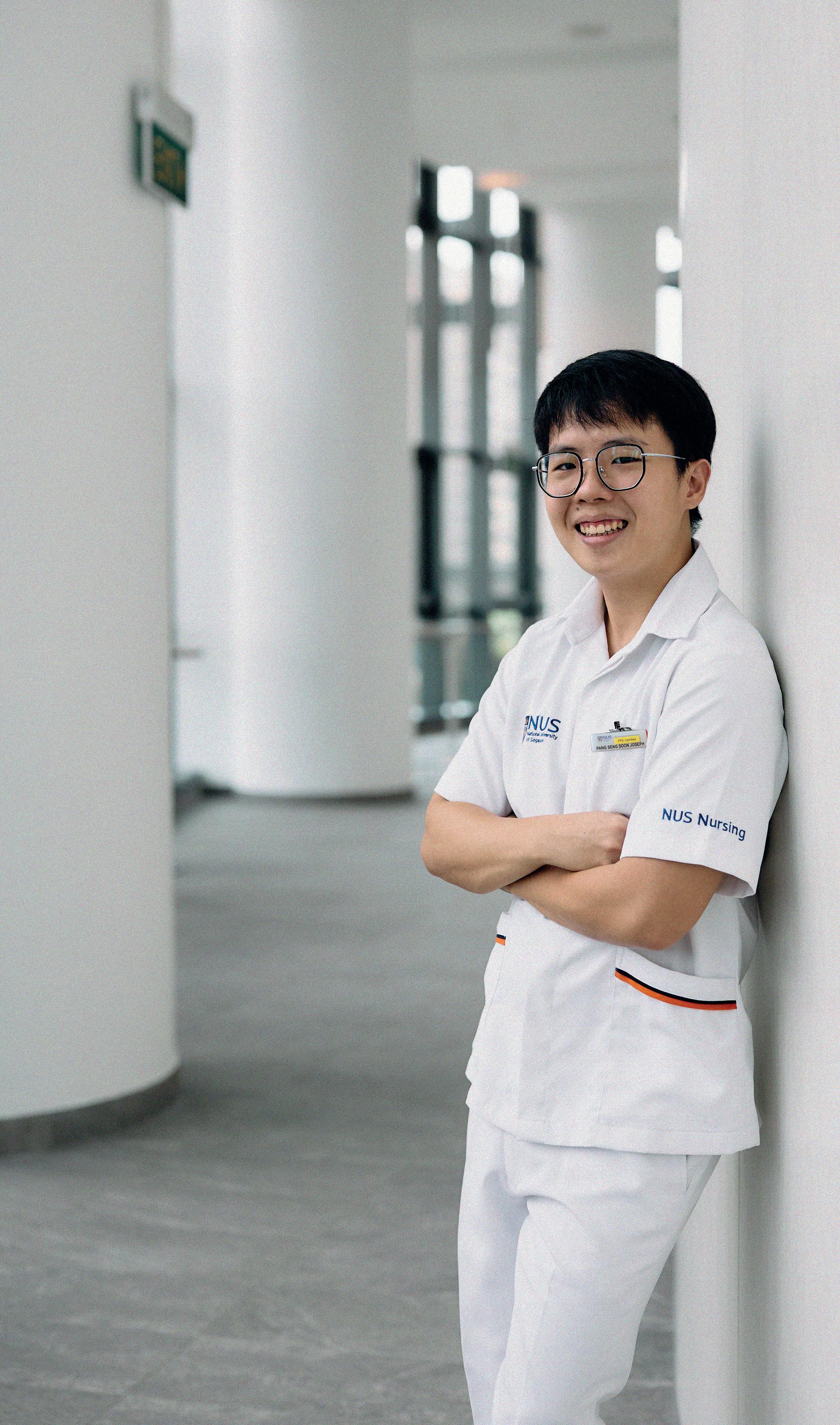
Year 3 Student, National University of Singapore
Clinical placement at Sengkang General Hospital
My long-term aim is to practise community nursing, so I’m taking a Minor in Public Health to understand the healthcare system better.
The SingHealth Nursing Student Council is all about supporting nursing students. As a bridge between senior management and fellow students, we are here to advocate for your needs, help you grow professionally, and connect you with opportunities in the healthcare field. From organising skill-building events to representing the nursing body’s interests at higher levels, we are dedicated to making your journey as a nursing student in SingHealth as smooth and rewarding as possible.
To find out what the council has been up to, follow us on Instagram/TikTok: @shn.trailblazers
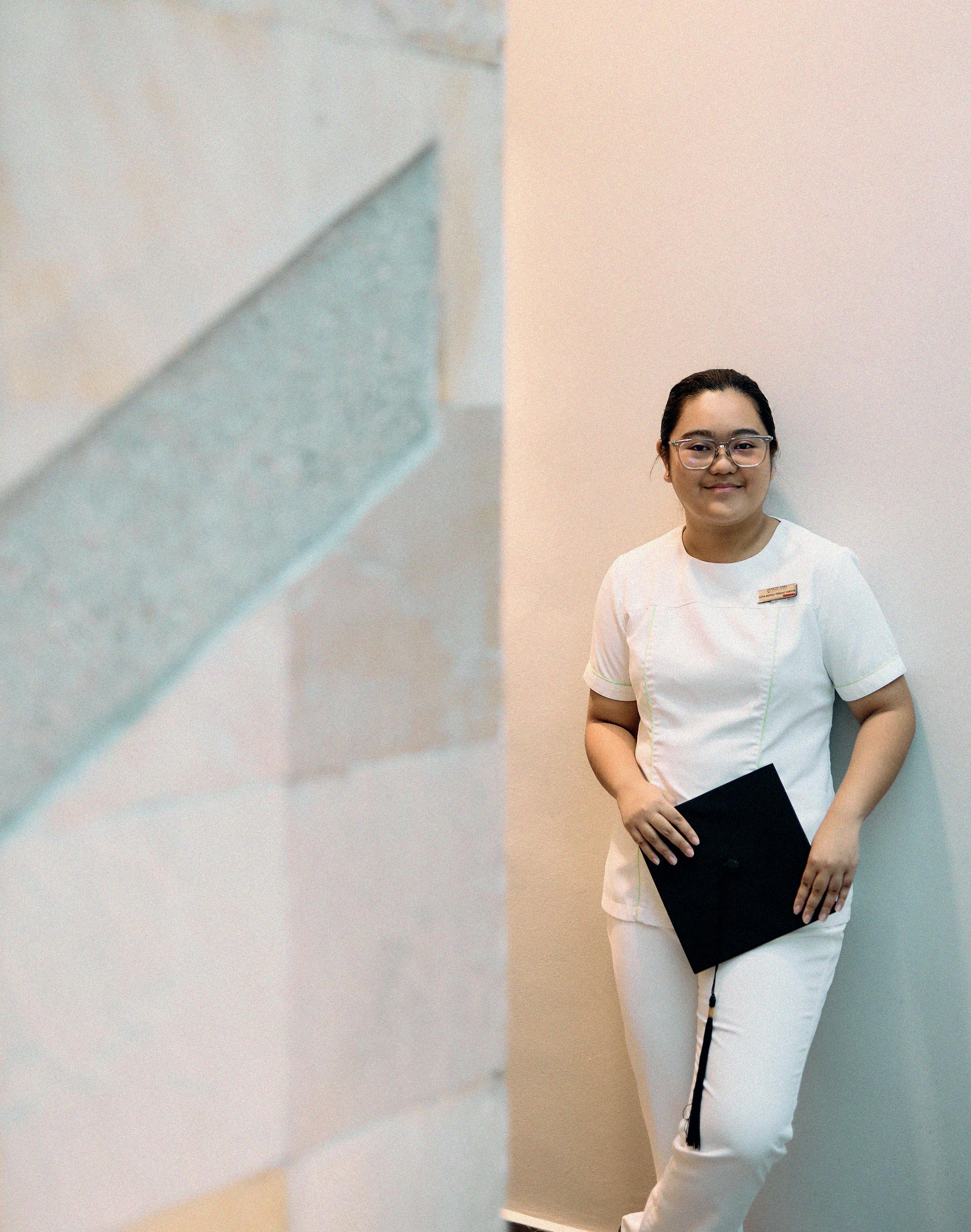
Final-Year Student, Ngee Ann Polytechnic
Clinical placement at KK Women’s and Children’s Hospital
both my parents are in the healthcare industry, so I grew up seeing firsthand the dedication and compassion required to be in this field.
I chose Ngee Ann Polytechnic‚s nursing diploma, and I‚ve been enjoying my clinical attachment at KK Women‚s and Children‚s Hospital (KKH), which has been eye-opening. In the paediatric ward, I‚ve learned that caring for young patients requires a special touch. The nurses here showed me how to balance technical skills with a gentle approach, especially when dealing with children. Through these experiences, I‚ve gained a deeper appreciation for paediatric care and the importance of making young patients feel safe and understood.
Another valuable experience during my KKH attachment has been observing family-centred care in action. Watching experienced nurses interact with both patients and their families has taught me the importance of clear communication and emotional support. I‚ve learned that paediatric nursing isn‚t just about treating the child — it‚s also about supporting the entire family unit through the journey. These observations have enabled me to develop a more holistic approach to patient care.
Being naturally shy and introverted, I initially struggled with patient interactions during my clinical attachments. However, the mentors I met along the way helped transform this challenge into strength. During my attachment at KKH, I had both supportive preceptors and mentors who encouraged me to find my voice. They showed me that effective nursing isn‚t about being the most talkative person in the room — it‚s about being compassionate, attentive and willing to advocate for our patients. Their guidance gave me the confidence to speak up when needed, while staying true to my empathetic nature.
Before my nursing course, I viewed nurses as primarily providing bedside care. However, through my clinical attachments, I‚ve come to realise that being a nurse goes far beyond that, and requires critical thinking skills, leadership qualities, and a collaborative spirit. My education journey has deepened this understanding, helping me view patients more holistically and connect with them more meaningfully.
I hope to pursue a degree and specialise in paediatric or neonatal nursing. While my mother‚s work as a paediatrician may have influenced this choice, my clinical experiences have confirmed my passion; there‚s nothing more rewarding than being part of a child‚s recovery.
I’ve come to realise that being a nurse requires critical thinking skills, leadership qualities, and a collaborative spirit. My education journey has deepened this understanding, helping me view patients more holistically and connect with them more meaningfully.
Final-Year Student, Singapore Institute of Technology
Clinical placement at Singapore General Hospital
after spending time in public relations managing corporate communications and media campaigns, followed by several years in the pre-school education sector, I had built a stable career. Yet I couldn‚t shake my childhood dream of making a direct difference in people‚s lives through healthcare. The decision to switch to nursing wasn‚t easy — I‚m the sole breadwinner and caregiver for my elderly father. Walking away from a steady income and starting over meant careful financial planning and reimagining my entire professional trajectory. I applied for the nursing programme without telling anyone, not wanting to second-guess myself. When I got in, I was relieved to find out that my family was genuinely supportive!
Going back to school brought its own set of challenges. While my previous degree qualified me for admission into the Diploma in Nursing (Accelerated) programme, allowing me to complete the diploma in two years instead of three, the adjustment was significant. I had to relearn how to study, manage tight deadlines, and adapt to being a student again. My communications background proved unexpectedly valuable — years of distilling complex information helped me approach my studies strategically, and I eventually made it to the Director‚s List.
After completing my diploma, I worked in Sengkang Community Hospital (SKCH). I had expected to be rehabilitating patients, but the hospital decided to open a dementia ward, so there was a new set of skills to learn. I got to plan activities — such as organising movie screenings and karaoke sessions — to keep the dementia patients engaged. What I found useful were the weekly meetings with other staff — such as doctors, medical social workers, and allied health professionals like physiotherapists and occupational therapists — because they showed me that patients have to be cared for holistically.
After three years of practice, I was ready for the next step. My nursing managers encouraged me to pursue a full-time degree — advice I‚m grateful for. The two-year nursing degree programme jointly offered by Singapore Institute of Technology (SIT) and University of Glasgow was perfect for my needs, and their Overseas Immersion Programme (OIP) in Glasgow offered valuable perspective on different healthcare systems. I was also fortunate to be awarded a SingHealth sponsorship for my degree programme at SIT. It was a load off my mind to know that a portion of my course fees was covered by the sponsorship.
My advice
is simple: Ask questions, seek guidance, and remember that every experienced nurse was once a beginner too.
After these couple of years of studying and working, my perception of nursing has definitely broadened. We learn about pharmacology, clinical guidelines, and the science behind patient care. Just as importantly, we develop the communication skills to support patients and their families through difficult times.
As I prepare for my next chapter at Singapore General Hospital, I‚m passionate about creating a more supportive environment for new nurses. Having walked this path of transition myself, I understand how daunting nursing can be for newcomers. My advice is simple: Ask questions, seek guidance, and remember that every experienced nurse was once a beginner too.
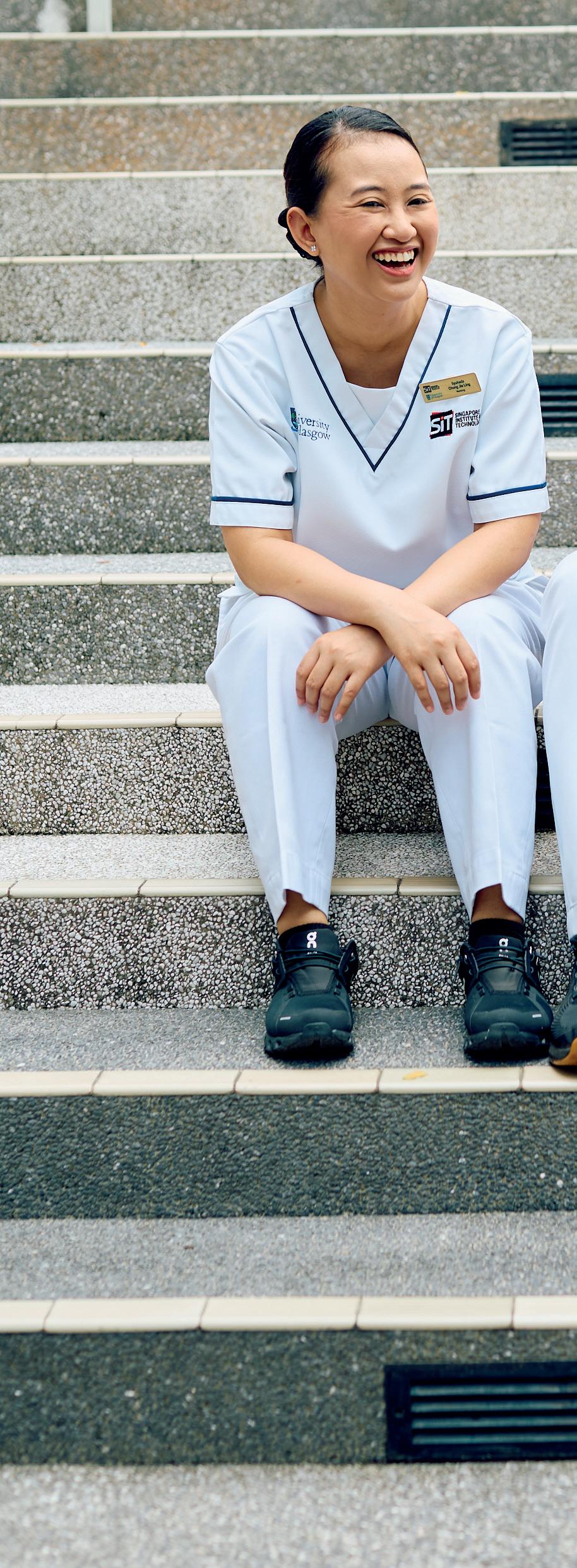
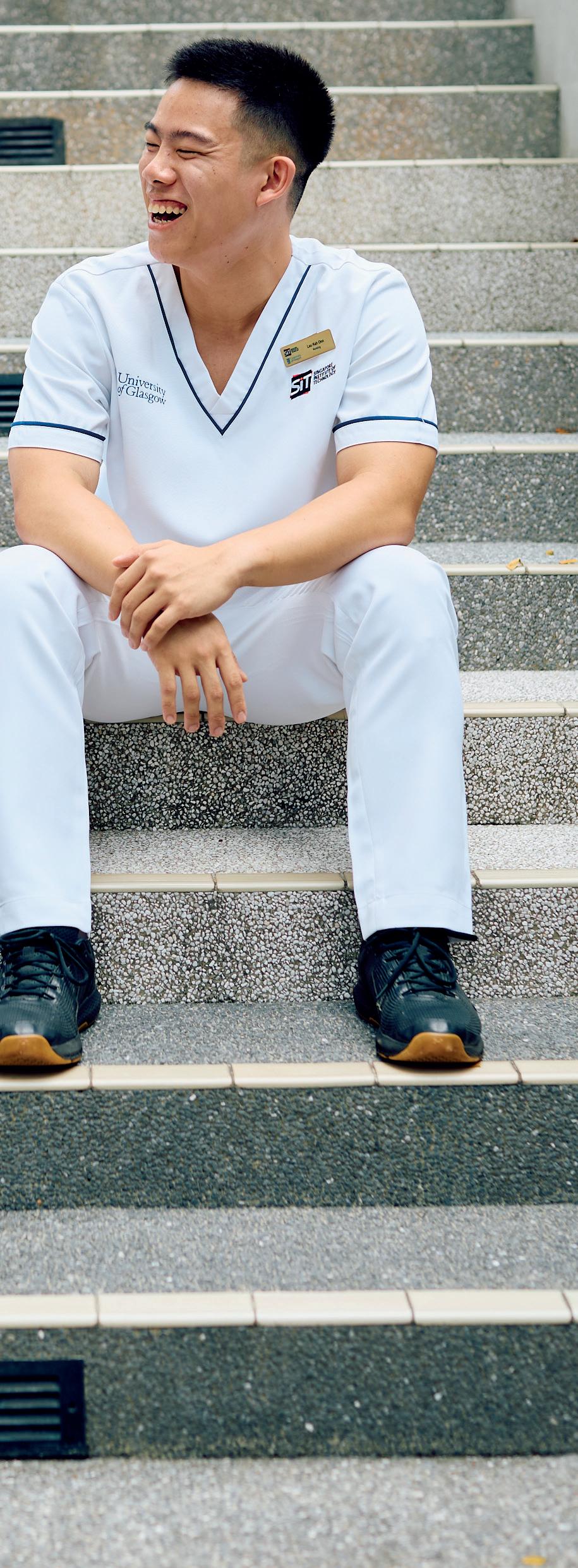
Final-Year Student, Singapore Institute of Technology Clinical placement at National Cancer Centre Singapore
I’m keen to address nurse burnout. I hope to pursue the management track and work on improving workflow and shift allocation.
experiences shaped my perspective on what meaningful care looks like. While studying medicine was my initial goal, discovering nursing opened unexpected doors. I realised nurses have something unique: They are there with patients through every step, building real and honest relationships.
My journey took me from Ngee Ann Polytechnic to Singapore Institute of Technology ‚ s accelerated degree programme, where I had the opportunity
to go for an exchange programme at the University of Glasgow. I spent three weeks with the UK ‚ s National Health Service, where I witnessed a model of care in which nurses had the autonomy to make complex clinical decisions and partner doctors to shape treatment plans. It opened my eyes to the potential of nursing.
Back in Singapore, theory met reality during my pre-registration practice at Singapore General Hospital. In the haematology ward, I found mentors who did more than teach procedures. They challenged me to think critically and translate classroom knowledge into meaningful patient care. There, I learned that providing good care is not just about following protocols — it ‚ s also about having the knowledge and confidence to propose better solutions.
Now doing my clinical placement at the National Cancer Centre Singapore, I ‚ m tackling new challenges daily. Working with young cancer patients puts things into perspective. The work is complex, sometimes daunting, but deeply meaningful. I ‚ m grateful for a supportive learning environment at SingHealth. Despite their busy schedules, colleagues here take time to review cases with me and encourage me to apply theoretical knowledge in practical situations.
y journey into nursing began with my grandmother, who cared for me when I was young. Watching her struggle with dementia sparked a deep desire to understand healthcare from the ground up.
This commitment to help others grew stronger over time. As a student, I volunteered for a Youth Expedition Project to rural Cambodia, where we helped to set up a new operating theatre in one of the local hospitals serving underprivileged communities. I learned firsthand how healthcare access affects lives, and these
Moving forward, I ‚ m keen to address nurse burnout. I hope to pursue the management track and work on improving workflow and shift allocation. But more than that, I want to challenge the idea that nurses are just cogs in the healthcare machine ‚ . We ‚ re on the frontlines, seeing what works and what doesn ‚ t. That puts us in a unique position to drive positive change.
My advice to future nurses? Don ‚ t just accept the status quo. Your perspective matters. If you see a way to improve patient care, speak up. That ‚ s how we move healthcare forward.
Final-Year Student, Nanyang Polytechnic Clinical placement at Sengkang General Hospital
my journey into healthcare was inspired by two remarkable women: My mother and aunt. My mother is a physiotherapist assistant in a psychiatric nursing home, and my aunt is a nurse in the Orthopaedics/Surgery Department of Changi General Hospital. I was inspired by my aunt when she was studying for her Master‚s degree. Being a science nerd, I was impressed by her clinical knowledge! But, really, seeing my mother and my aunt advance in their careers — especially my aunt, who is an Advanced Practice Nurse — and hearing their accounts of patient care helped me envision nursing as an exciting path for myself.
After careful research, I decided to enrol in Nanyang Polytechnic for my nursing diploma because of its strong focus on research and innovation. The programme equipped me with crucial skills in data gathering and interpretation — capabilities I know will be valuable throughout my nursing career.
During my clinical rotations, I was attached to various departments in Sengkang General Hospital, from general surgery to cardiology. In fact, my final attachment was in the cardiology medical ward, which I really enjoyed because I am a bit of an adrenaline junkie, and I was fascinated by equipment like the electrocardiogram (ECG), which records the electrical activity of the heart to detect heart conditions. This experience sparked my ambition to pursue research in cardiology, with plans to further my studies and obtain a degree. The module on disease management especially resonated with me; learning about symptoms, medications, and how to extract crucial information from patient histories felt like solving complex puzzles.
The SingHealth sponsorship has been transformative, allowing me to focus fully on my studies instead of juggling it with part-time work. I‚m also part of the SingHealth Nursing Student Council, where I serve as secretary. Joining it has opened major opportunities for me! The council bridges the gap between nursing students and management, helping students navigate the system and find answers to their queries. Through council-organised talks and conferences, we help students broaden their horizons and prepare better for clinical attachments. Access to SingHealth‚s extensive nursing resources, especially in disease and patient management, has made me feel more confident during my clinical rotations.
As I graduate, I can truly appreciate how this journey has shaped my understanding of nursing.
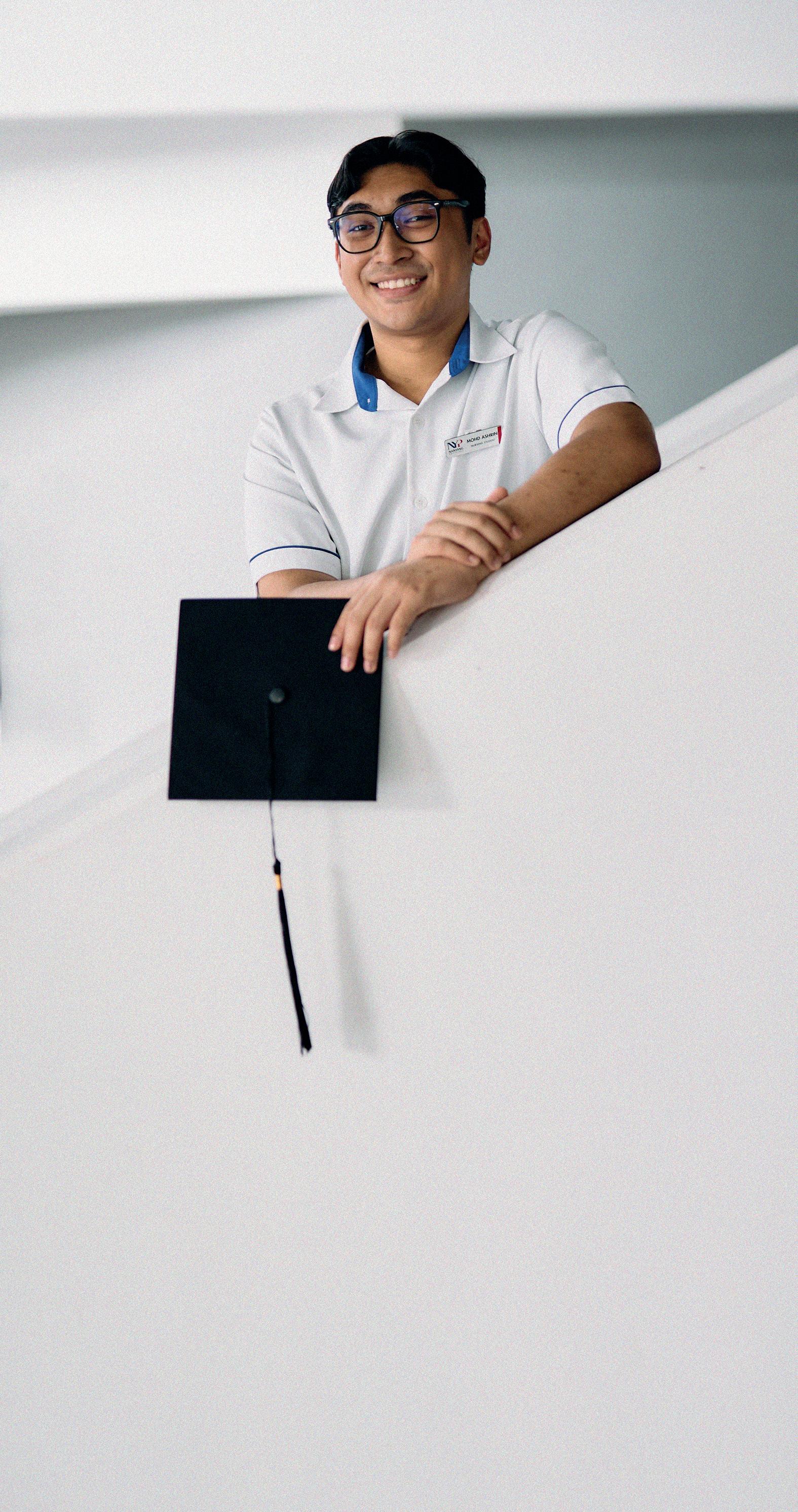
Supporting nurses’ well-being
is not just about
individual care
— it
helps retain passionate healthcare workers and builds a more resilient nursing community. After all, when nurses are wellsupported, we can provide even better care for our patients.
While technical skills are crucial, I‚ve learned that compassion forms the foundation of healthcare. It‚s a must for anyone who wants to work in healthcare. I‚m also passionate about mental health, particularly the need for better mental health support for nurses. While we guide others to better health, we sometimes forget to care for ourselves. I believe creating dedicated counselling services where nurses can speak openly would make a real difference in our profession. Supporting nurses‚ well-being is not just about individual care — it helps retain passionate healthcare workers and builds a more resilient nursing community. After all, when nurses are well-supported, we can provide even better care for our patients.
Year 1 Student, ITE College East
Singapore National Eye Centre
after nearly two decades in nursing, most would have settled comfortably into their role. But for me, 19 years of experience only fuelled my desire to do more. Working at Singapore National Eye Centre (SNEC) with pre- and postsurgery patients, I saw opportunities to expand my capabilities beyond what I could do as a Senior Enrolled Nurse. That‚s what drove me to pursue further education at this stage of my career.
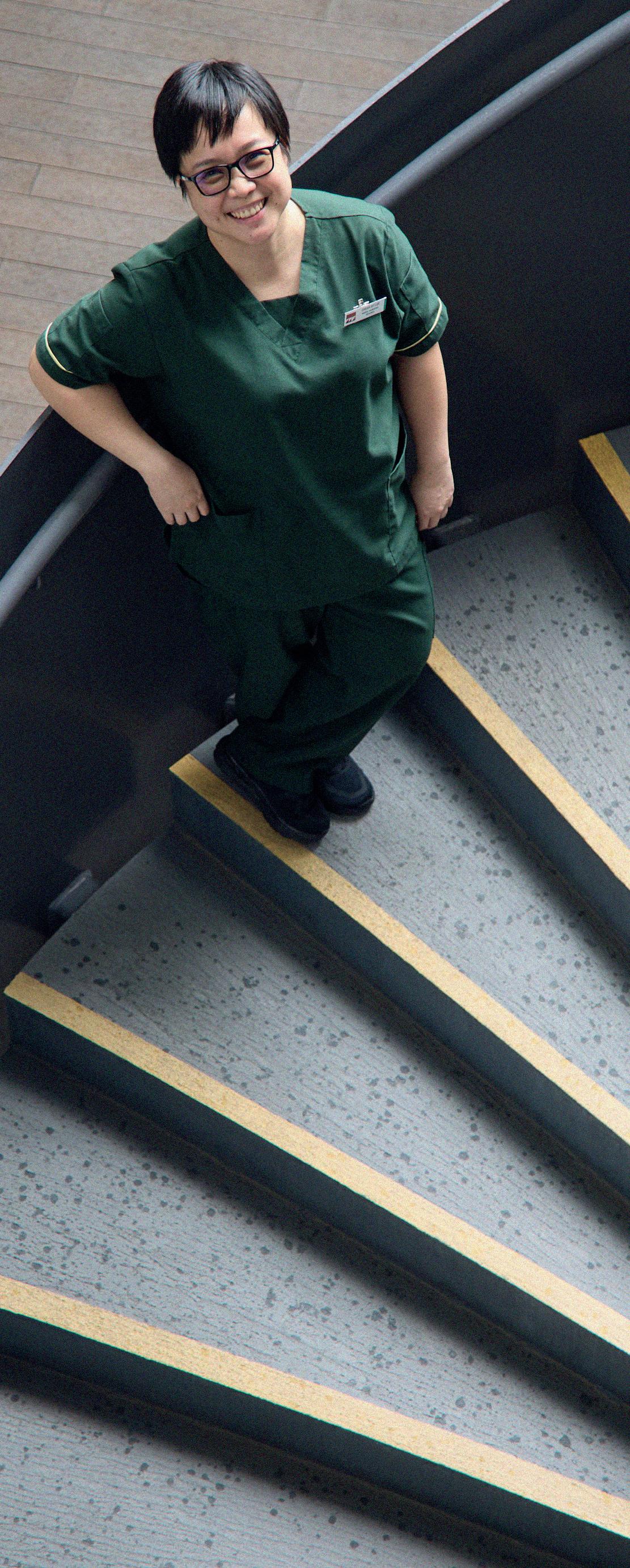
I‚m thankful that SNEC saw my potential and encouraged me to apply for ITE College East‚s WorkStudy Diploma in Nursing. This is a stepping stone for me to become a Registered Nurse (RN), which will allow me to do much more than as a Senior Enrolled Nurse (EN). I hope to specialise in ophthalmic nursing in the future. SingHealth‚s sponsorship was also an unexpected blessing — coming from a humble family, the financial support means everything.
Although I‚m already an experienced EN, going back to school wasn‚t an easy decision. I was initially worried about managing study time alongside work commitments. But the Work-Study Diploma programme‚s structure has helped ease these concerns. During academic terms, I focus entirely on my studies; when term ends, I return to the ward either as a RN trainee or resume my EN duties.
Being a student with work experience helps — I understand my priorities clearly. When I’m on duty as an enrolled nurse, I focus entirely on patient care; during student hours, I concentrate on learning.
Now attached to Singapore General Hospital‚s Internal Medicine ward, I navigate dual roles as both student and nurse. Being a student with work experience helps — I understand my priorities clearly. When I‚m on duty as an enrolled nurse, I focus entirely on patient care; during student hours, I concentrate on learning.
I‚ve always enjoyed the practical side of nursing, whether it‚s performing wound dressings, assisting with procedures, or conducting eye screenings. One of my favourite modules so far is Applied Clinical Science, where we learned essential hands-on skills like tracheostomy care and nasogastric tube insertion. These practical experiences have deepened my ability to provide comprehensive patient care.
Over the years, my understanding of nursing has evolved far beyond my initial impression of basic patient care. Today‚s nurses need sharp critical thinking skills and quick situational assessment abilities. The integration of technology, especially AI, has transformed healthcare significantly since I first started nearly two decades ago.
To nurses considering further education: There‚s always room to grow. Every step forward opens new possibilities. For me, this journey leads back to my passion for ophthalmic nursing, where I hope to make an even bigger difference in patients‚ lives. Through it all, my goal remains unchanged — to be remembered as a caring, dedicated and competent nurse who always puts her patients first.

So tell us… how do you
This Nurses’ Day, we invited our nurses to unleash their creativity and imagine the future of nursing. These three combinations of art and word are by our merit prize winners. Check out the winning entries on pages 8 and 9.
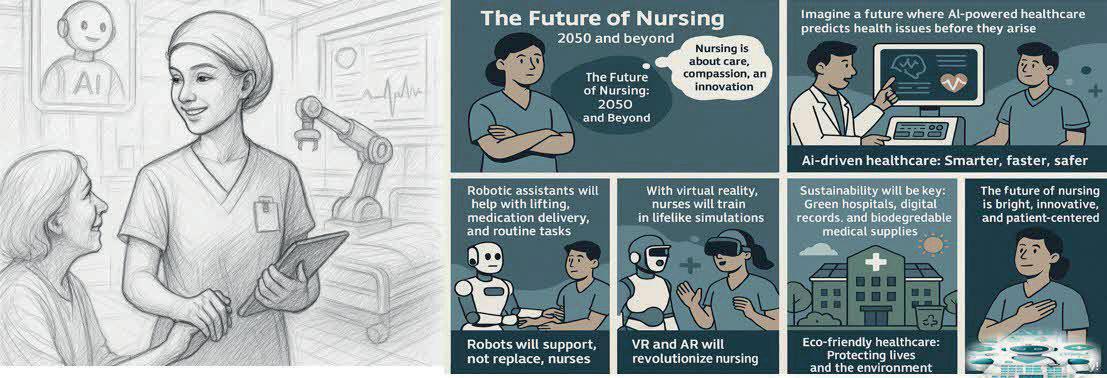
illustrated by Andhrias Maria Pushpam
Nurse Clinician, KKH
Merit Prize Winner, Nurses’ Day Competition
2025
I think nursing will advance beyond compassion; it’ll incorporate intelligence, technology and sustainability. Artificial intelligence will forecast ailments prior to the manifestation of symptoms, while robotic aides will alleviate physical burdens, enabling nurses to concentrate on interpersonal connections. Virtual reality will educate nurses through realistic settings, enhancing skills without exposure to risk. Intelligent wearables will transform patient monitoring, facilitating immediate action. Eco-friendly hospitals will integrate healing with sustainability, safeguarding both human lives and the environment. Telemedicine will eliminate boundaries, making healthcare universal. Nevertheless, among every innovation, one reality will persist: Nursing will transcend technology and will embody the steadfast human spirit, directing care toward a future of boundless potential.

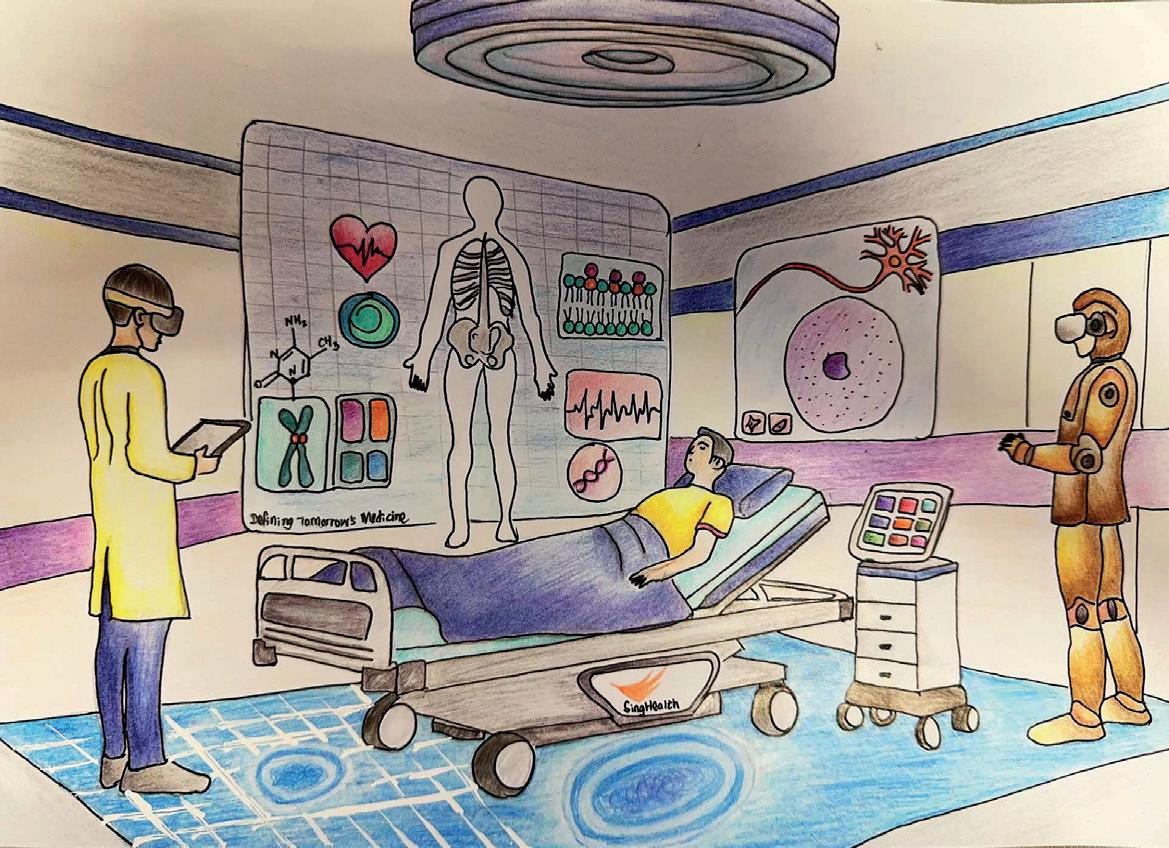
Senior Staff Nurse, NCCS
Merit Prize Winner, Nurses’ Day Competition 2025
Step into the future, where AI revolutionises patient care at SingHealth. Healthcare workers wearing VR Pro headsets can instantly visualise a patient’s anatomy, DNA and vital signs, enabling precise diagnoses and treatments. Smart robots assist in bedside care, administering medication and monitoring IV drips. The AI-powered floor detects movement, preventing falls before they happen. Patient beds become interactive hubs, displaying real-time records and personalised health insights. This fusion of AI, robotics and VR transforms hospitals into intelligent, patient-centred spaces — where technology doesn’t replace care but enhances it, ensuring safer, faster and more efficient healing for all.
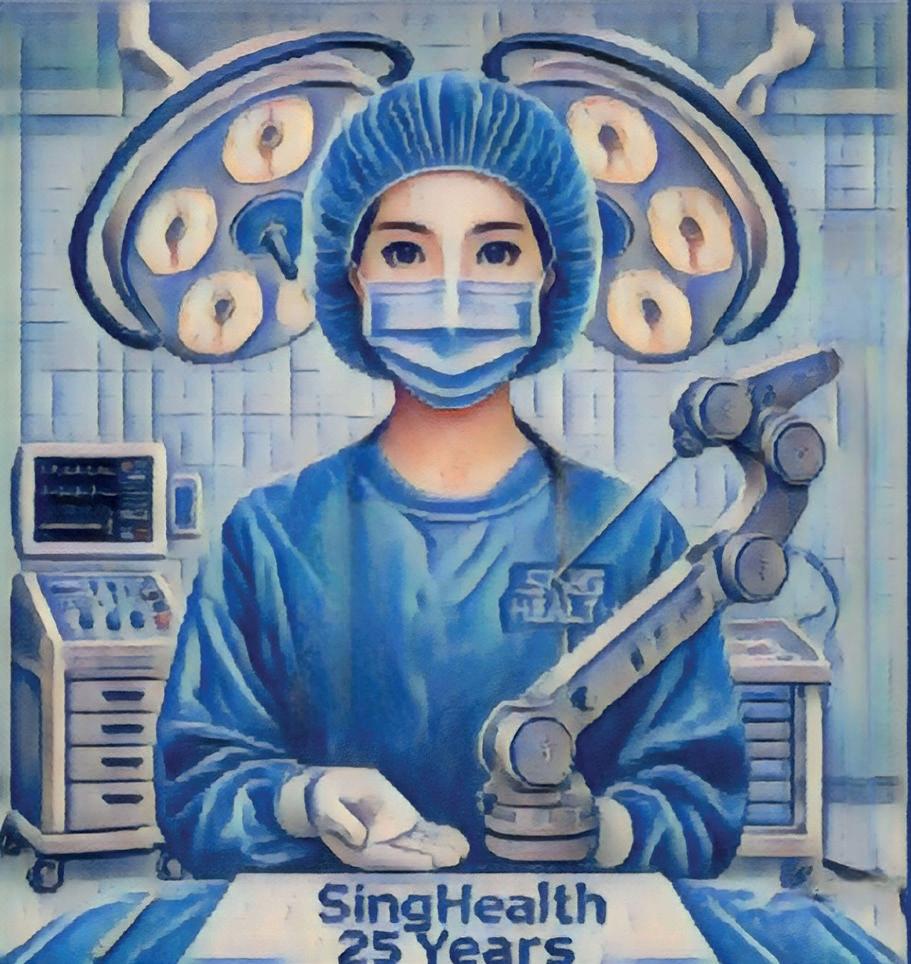
Merit Prize Winner, Nurses’ Day Competition 2025
This crystal art piece was first created as a digital illustration on a digital canvas, then decorated with resin crystal bits for a shimmering effect. This artwork envisions SingHealth nursing in 25 years, where advanced technology and human expertise work hand in hand to enhance patient care. The Operating Theatre nurse stands at the forefront, symbolising leadership and professionalism, facing forward to represent the future of nursing. The integration of a hightech robotic arm highlights how nursing will evolve with automation and AI-assisted precision, improving efficiency while allowing nurses to focus on patient-centred care. Set in a futuristic operating theatre, this piece reflects SingHealth’s commitment to innovation, where cuttingedge technology supports nurses in delivering exceptional, compassionate healthcare for the future.
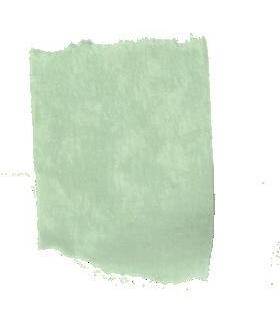

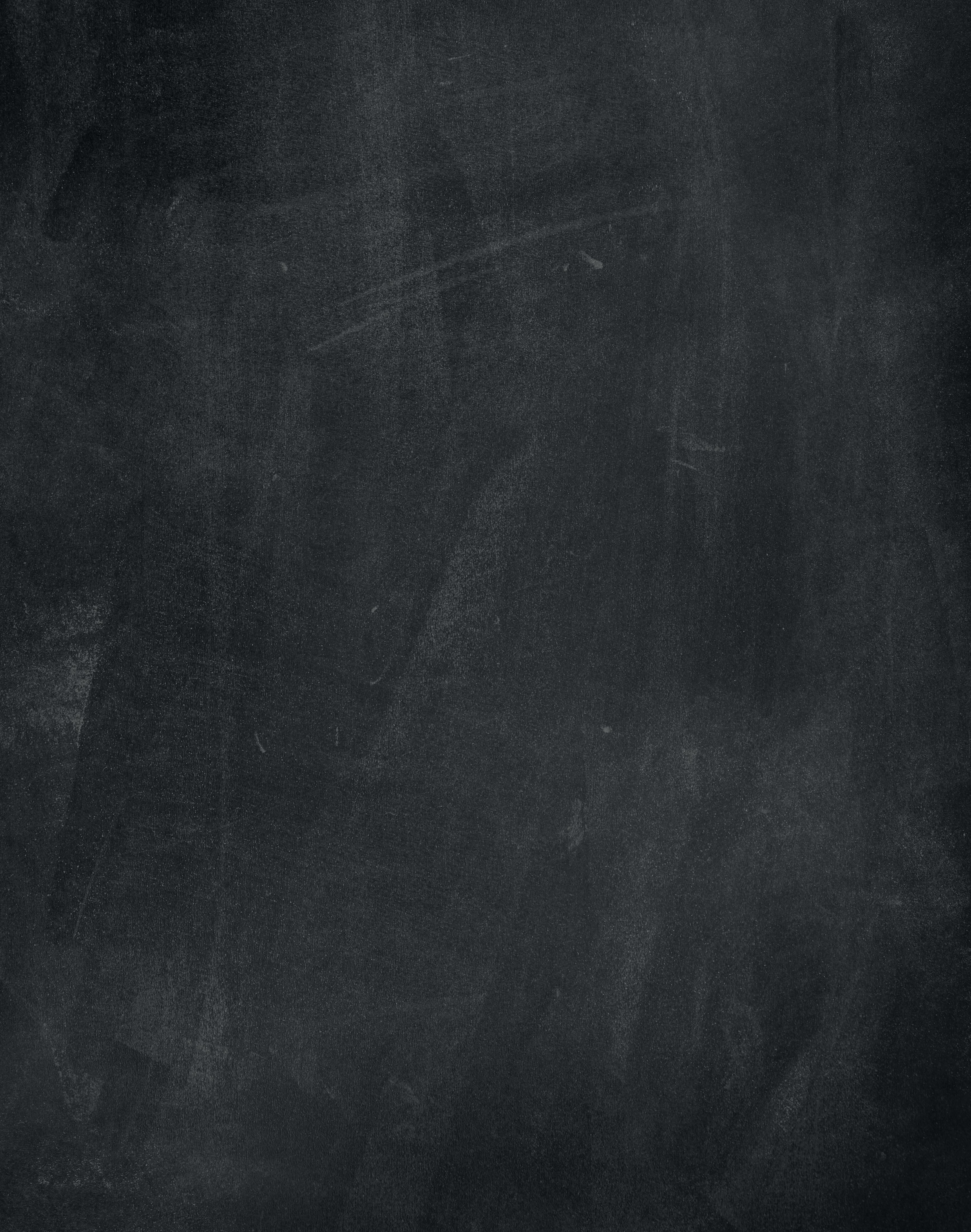
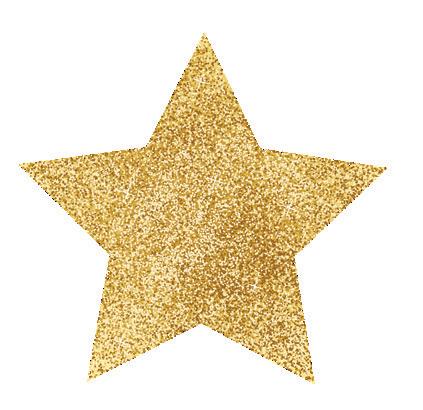
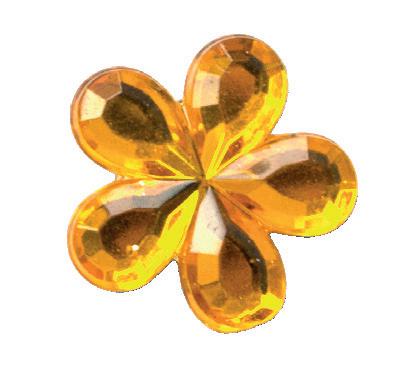
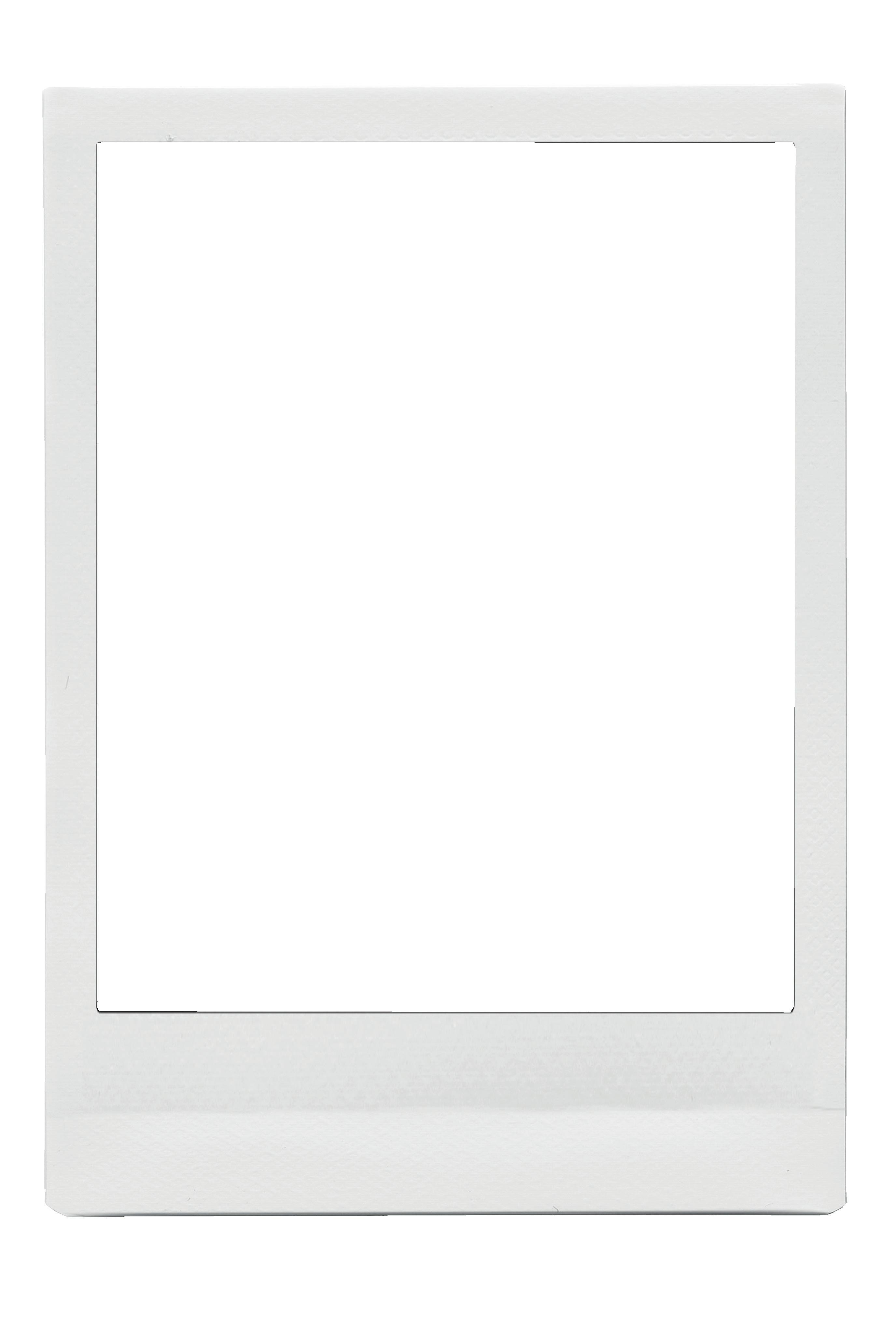
I’m 25 today! Birthday Girl!
Being 25 in healthcare today — what’s that like?
Meet two nurses who share their birthday with SingHealth. In letters to themselves, they reflect on their journey in nursing and their wishes for this year and beyond.


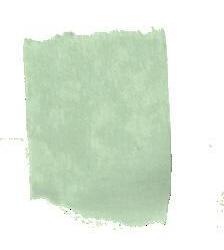
Dear Shirleen, Happy 25th birthday — congratulations on reaching a quarter of a century!
This year also marks your third year as a full-fledged registered nurse at NCCS. It‚s been quite a journey, filled with ups and downs. There were even times when you questioned your decision to embark on this career. But look at you now — you‚ve persevered and learned so much. Every achievement, no matter how small, matters. I hope you take a moment to appreciate how far you‚ve come and the growth you‚ve experienced. When it gets tough, remember why you chose nursing in the first place — to have the privilege of caring for others. While the work isn‚t always easy, you know that it‚s an honour to be there for your patients, to care for them, offering comfort and emotional support. Never forget how rewarding and meaningful it is to stand alongside them during their most vulnerable times, as even your smallest action can make a big impact. Keep going — you‚re making a real difference!
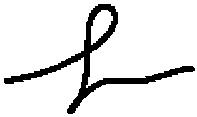
Warmest wishes,
Shirleen Chia Xin Yi Senior Staff Nurse National Cancer Centre Singapore
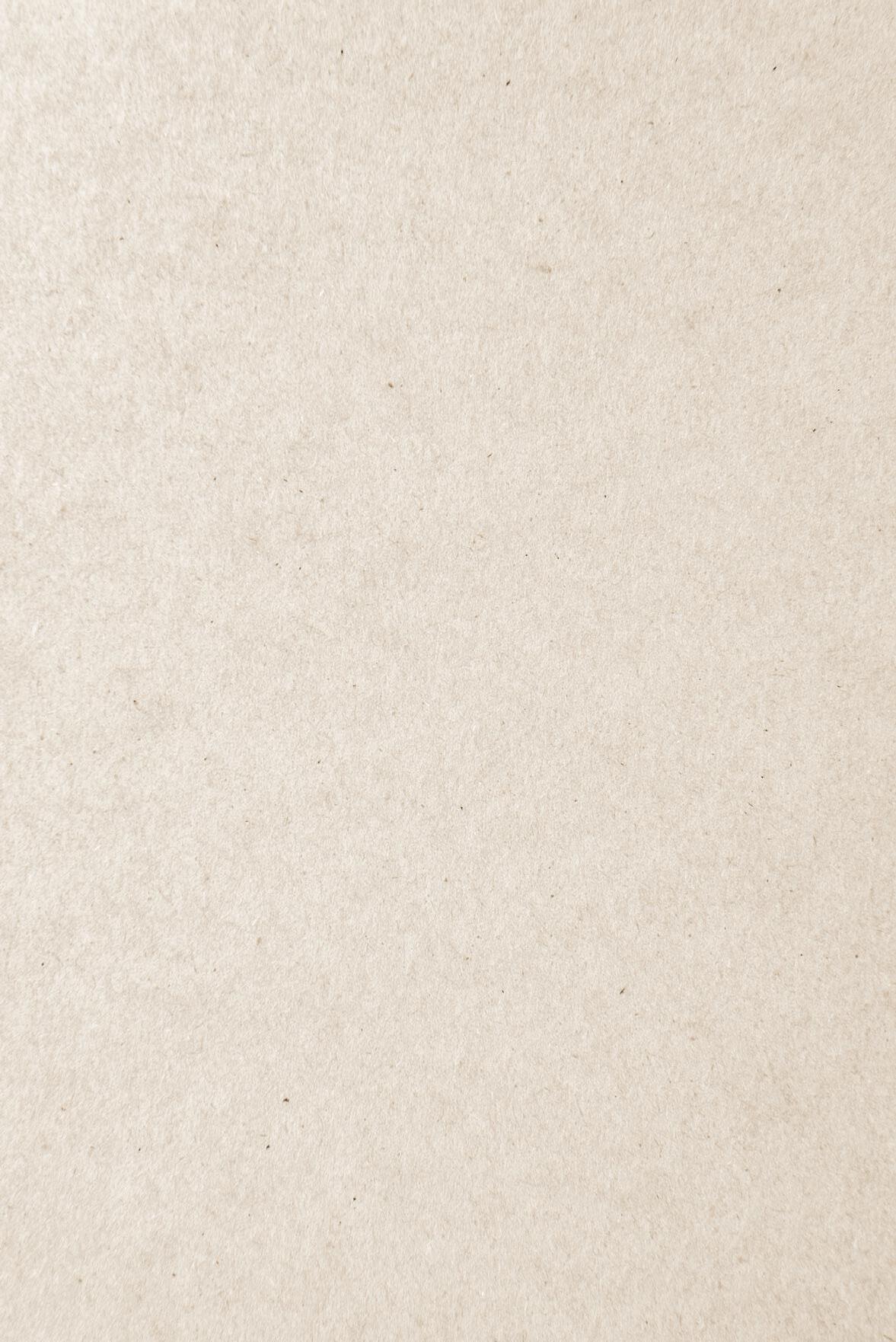

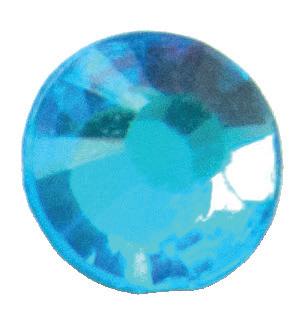


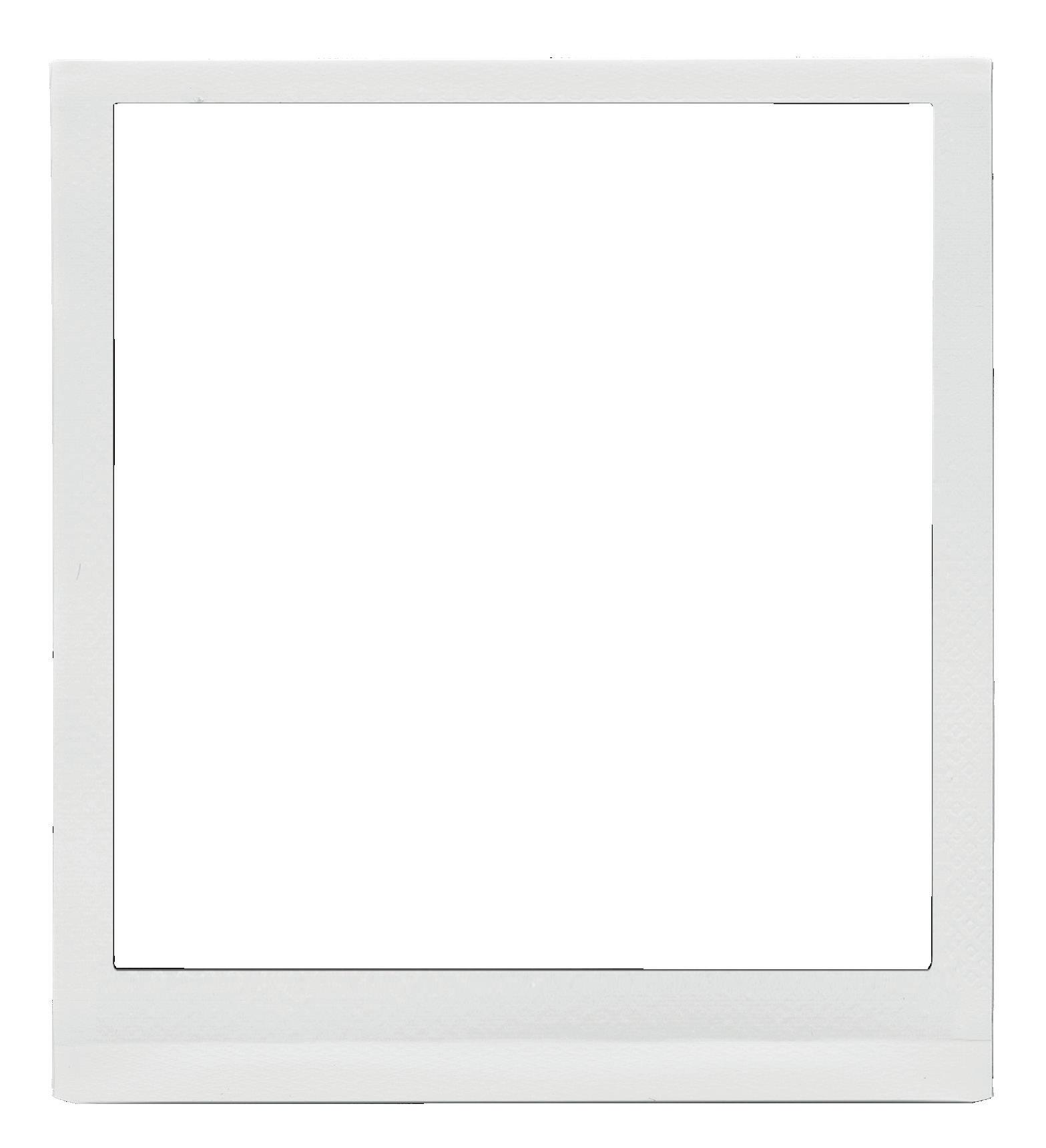
Dear Sarah, Your nursing journey has been guided by values such as Integrity, Compassion, Accountability, Respect and Excellence. In the next five to ten years, I see you continuing to work on the ground, actively engaging with patients, advocating for their needs, and delivering quality care. I hope you‚ll foster strong relationships with patients, gain a deeper understanding of their conditions for enhanced care, and ensure that every nursing intervention is both appropriate and effective. My wish for your fellow nurses who may be feeling challenged, stressed or demotivated is to remember that every effort counts, and even the smallest contribution can make a significant impact. I hope they‚ll give themselves credit for the impact they‚ve made, and always keep the sincerity of caring for others at the forefront of all they do. As you turn 25, my wish for you is to be the nurse whom patients turn to in their most vulnerable moments, and that you‚ll offer both the gentle warmth they need, and the steady guidance that ensures their best care. Remember that every patient‚s “thank you” is a precious reminder of why you chose this path.

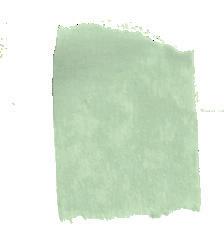
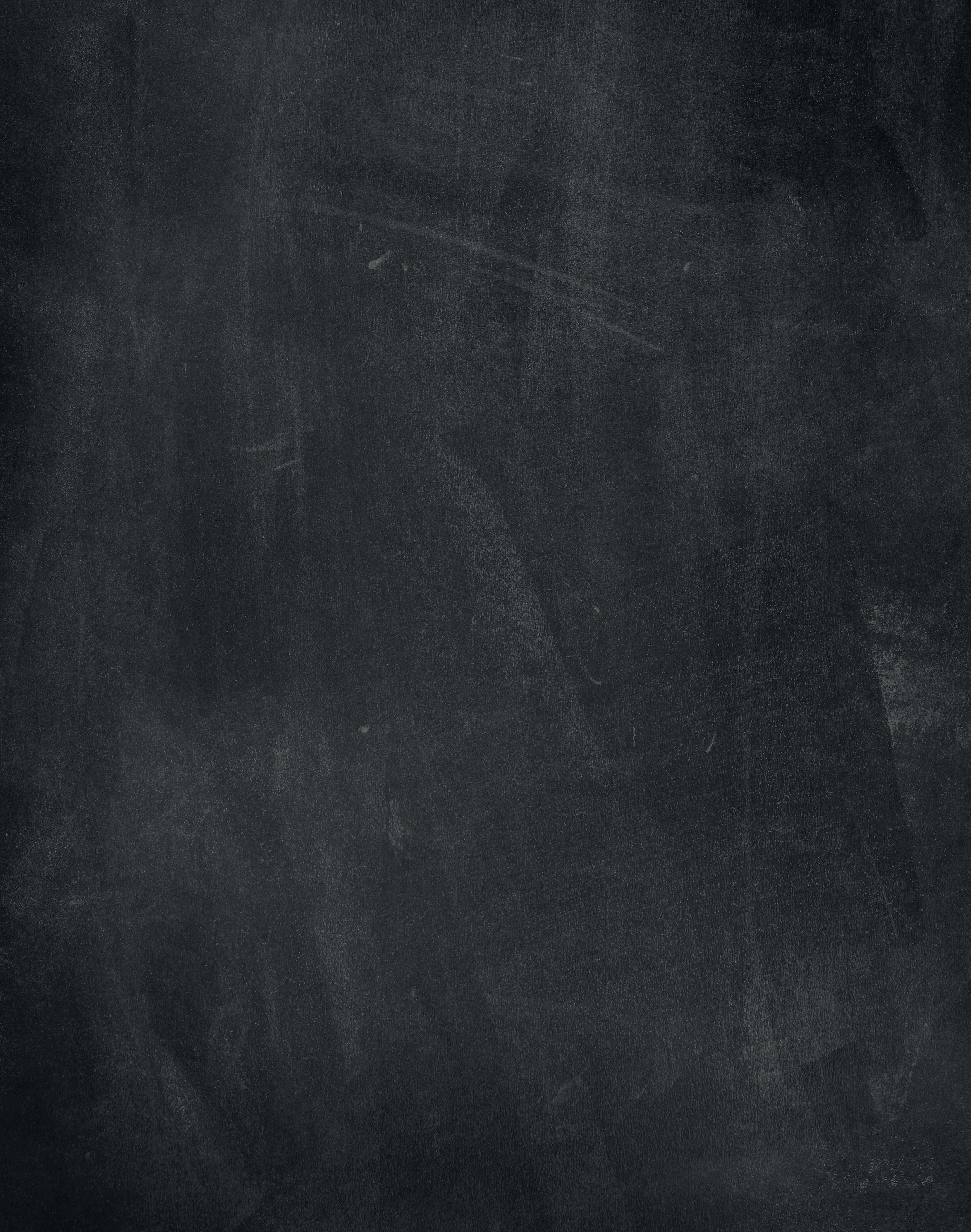
Love always,
Sarah Alysyea Binte Mohamad Ali Senior Staff Nurse Changi General Hospital
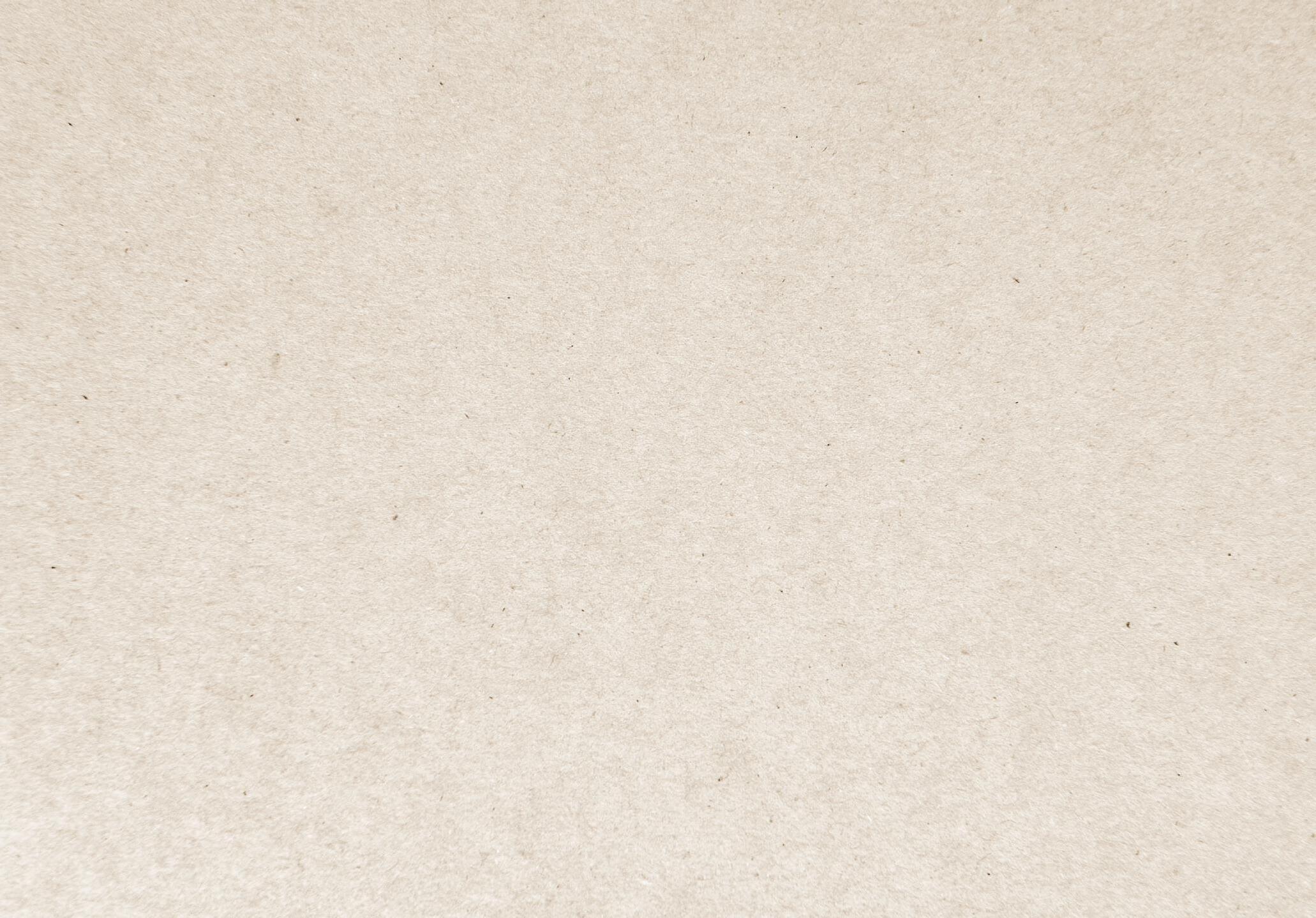



Reinforcing their belief in the positive impact of cross-border nursing, two healthcare professionals in this space — one from Singapore, one from China — have a lively conversation with each other on this topic. We listen in on their chat. text by Candice Cai photos by Vernon Wong
the future of healthcare is one that increasingly transcends geographical boundaries, and global nursing is at the forefront of this evolution. As healthcare systems worldwide grapple with evolving patient needs while embracing unprecedented opportunities in digital innovation, Professor Jiang Yan, Director of Nursing at West China Hospital of Sichuan University (WCHSCU), and KK Women‚s and Children‚s Hospital (KKH) Assistant Nurse Clinician Jasmine Goh share how nurses are defining tomorrow‚s medicine and healthcare delivery. Their perspectives highlight innovative approaches to strengthen nursing capabilities and build responsive healthcare networks across Asia and beyond.
Jasmine Goh is an Assistant Nurse Clinician and specialised genetic nurse at KKH who is dedicated to caring for patients with genetic and metabolic conditions. She chairs the AsiaPacific Chapter of the Global Nursing Network for Rare Diseases (GNNRD), which enhances regional collaboration in rare disease care.
Professor Jiang Yan oversees the nursing department at WCHSCU, and heads its Evidence-based Nursing Centre. She has published more than 50 articles in high-impact, peerreviewed journals. Her research areas include nurse-led initiatives and geriatric nursing.
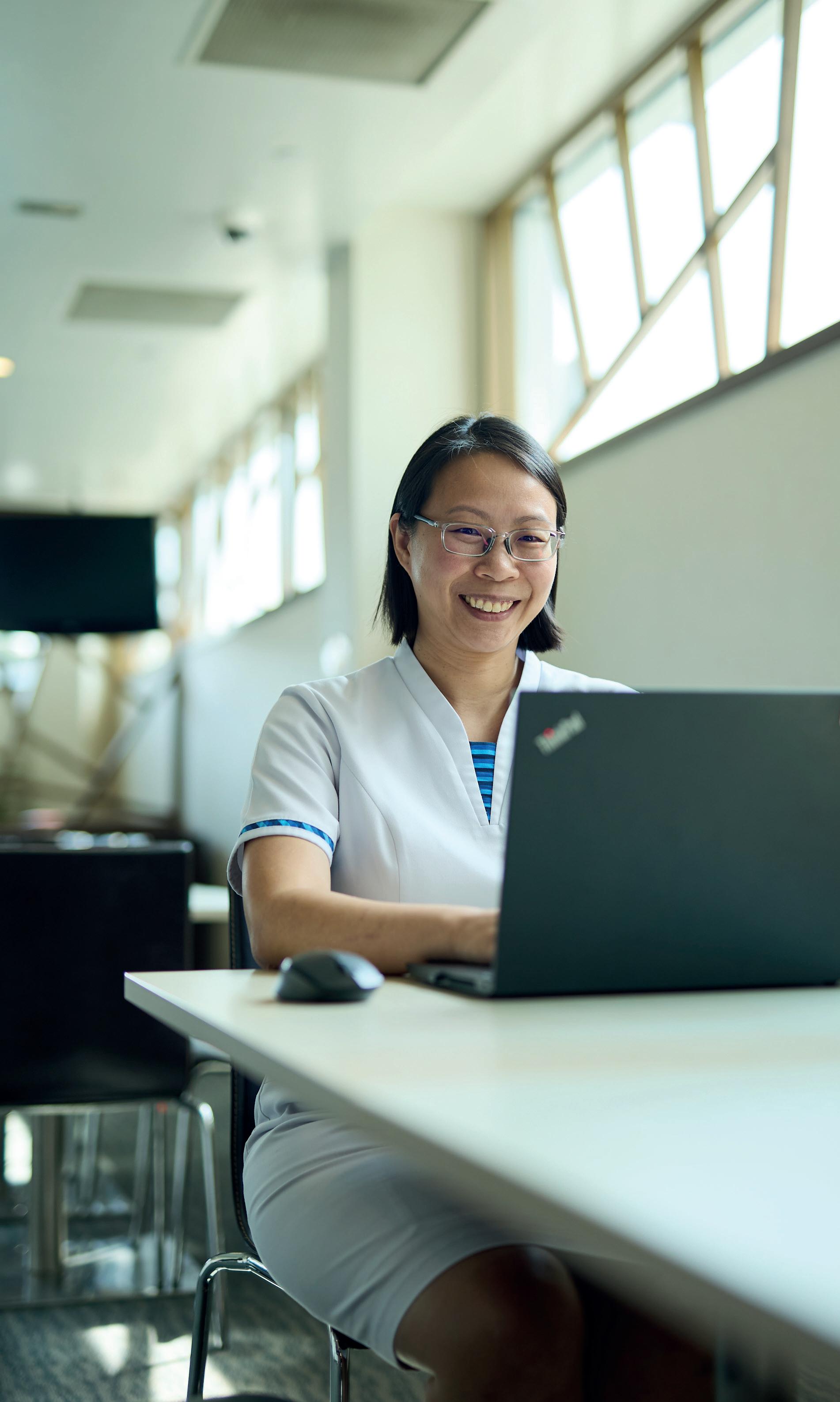
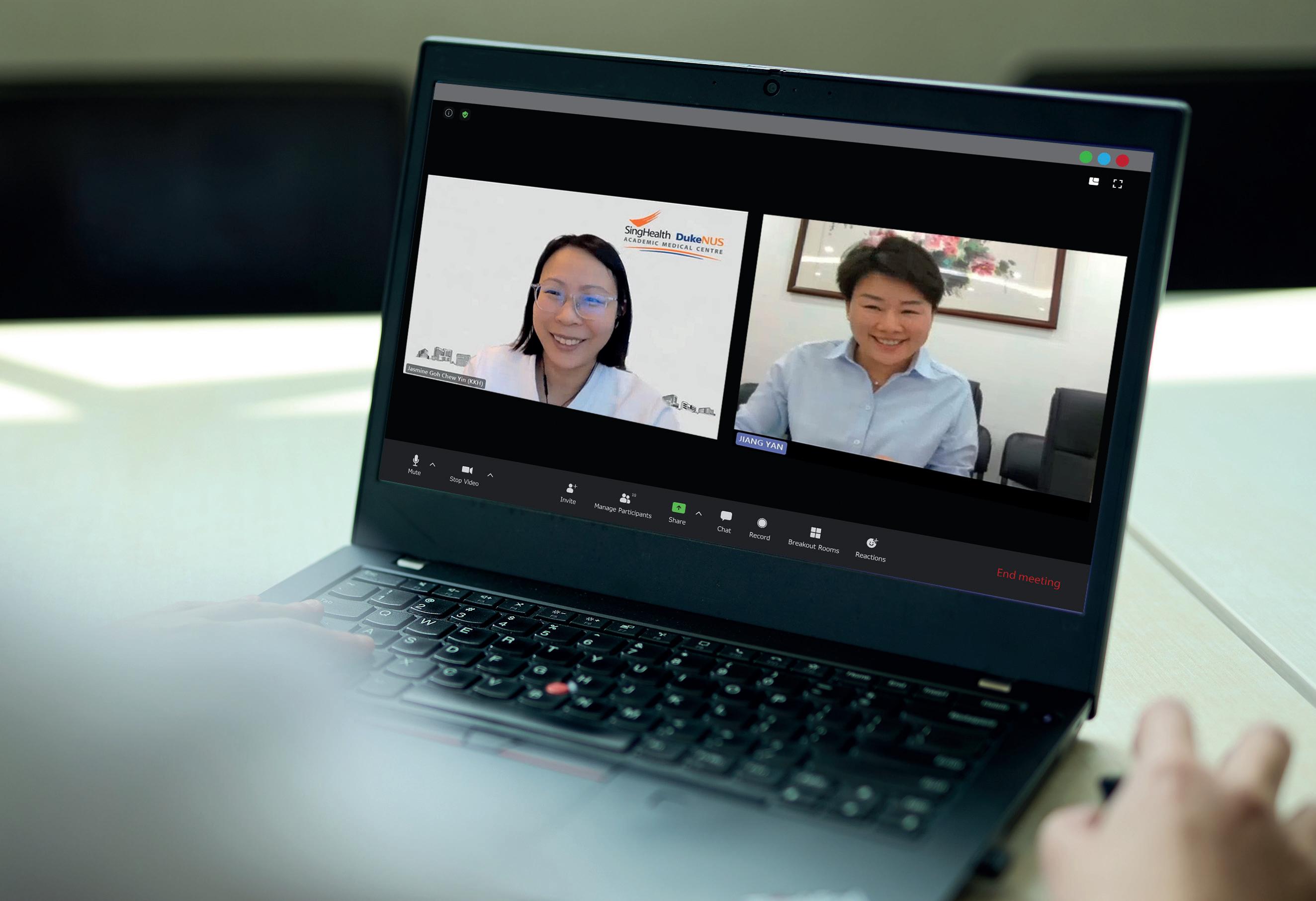
One of the most meaningful cross-border healthcare initiatives Jasmine has been involved in is the Global Nursing Network for Rare Diseases (GNNRD), particularly in the establishment and development of the Asia-Pacific Chapter. “This initiative has deeply resonated with nurses across borders, largely because of our shared commitment to provide culturally responsive support for patients living with rare genetic conditions,” she shared. “What‚s been especially impactful is our focus on addressing linguistic and cultural differences in practical ways that strengthen cross-border collaboration and mutual learning. These shared efforts have helped amplify the role of nurses in rare disease care, and fostered a growing sense of solidarity across the region.”
The most rewarding outcome has been seeing the impact of these collaborations ripple beyond the Asia-Pacific region. “They‚ve reinforced a global message that nurses are not alone in this work. Together, we can drive sustainable and meaningful improvements, even in the most underserved and complex care environments,” noted Jasmine. “Although healthcare systems around the world may differ, a powerful unifying theme is that nurses, regardless of where they work, consistently serve as advocates and connectors for families navigating the complexities of rare disease care.”
With support from a SingHealth Duke-NUS Global Health Institute (SDGHI) grant, Jasmine has had the privilege to further the work in this area by leading a comprehensive needs assessment across the region. “This assessment is tailored to the diverse contexts of Asia-Pacific, taking into account factors such as culture, language, healthcare infrastructure, and economic variability, ultimately helping us understand how to better support rare disease patients and the nurses who care for them,” said Jasmine.
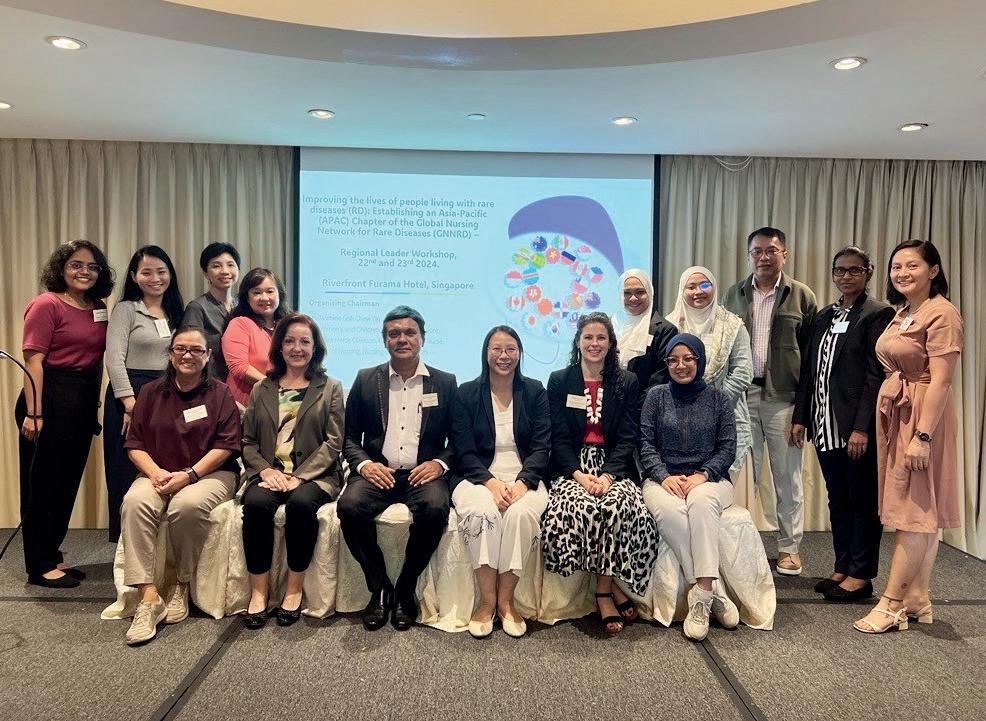
Professor Jiang highlighted the growth of APNs in China. “The APN field is still budding here. Scaling up is challenging due to the lack of international standards, and overseas APN models are not fully adaptable to China,” she commented. “We launched our APN programme in 2021. In the beginning, we partnered with Associate Professor Zhou Wentao from the National University of Singapore to establish our APN training system. Based on the needs of patients, doctors and nurses, we clarified the role of APNs and trained 30 in our first cohort. Currently, we are optimising the APN model through international exchanges. Since last year, we have been collaborating with Clinical Assistant Professor Ng Wai May, National Neuroscience Institute, and other APN teams at SingHealth. We hold online international case discussions on difficult nursing cases every month. We share professional insights from multiple perspectives and different nursing measures within our respective teams. These discussions have enhanced clinical care capabilities for both partners. Recognising that foreign APN guidelines cannot be directly applied in China, we analysed global practices and developed the Expert Consensus on APN Training and Utilisation in China. This pioneering document standardises APN role classification, qualifications, scope, core competencies, education, prescribing rights, and outcome evaluation, providing a roadmap for China‚s APN development.”
Embracing digital innovation
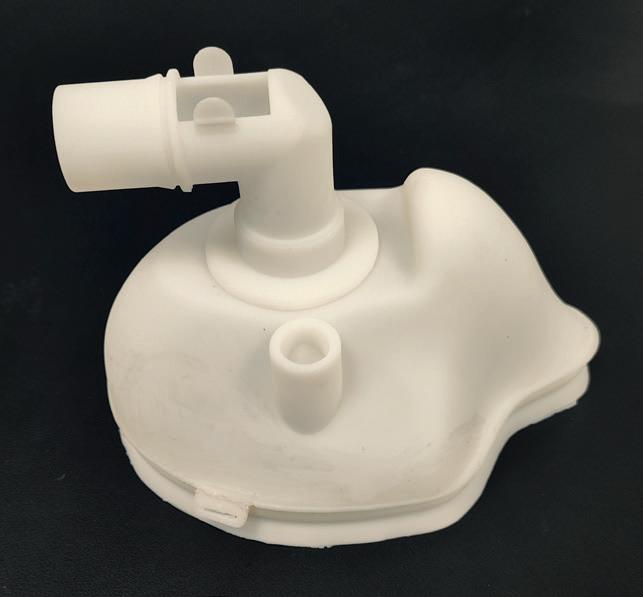
across China. It‚s currently undergoing further refinement and can hopefully be pushed out on an international scale in the future.”
In genetic nursing, technology is vital. “We use 3D camera technology for genetic assessments,” shared Jasmine. “3D facial scanning captures structures for craniofacial analysis, comparing them to known patterns corresponding to various genetic conditions.”
Innovation extends to patient care solutions. “We ‚ re using 3D printing to customise positive pressure respiratory masks for elderly patients,” said Professor Jiang. “By tailoring masks to individual bone structures, we reduce facial pressure injuries from long-term use.” Jasmine noted the potential impact: “This would be invaluable for paediatric patients in Singapore, many of whom struggle with mask comfort and compliance.”
Technology is revolutionising nursing practice.
“Traditional pressure injury assessment relied heavily on visual examination and experience,” Professor Jiang explained. “Working with our engineering team, we developed a Non-invasive Pressure Injury Detection Device‚, which enables nurses to assess skin conditions simply by taking photos with AI-assisted analysis. The system captures micro-motion signals, translating deeptissue damage into AI-analysable data, and uses algorithms to make preliminary diagnostic recommendations, thus enabling more accurate diagnosis. The prototype is now being used only at WCHSCU, but we envision its broader application
“The COVID-19 pandemic highlighted critical gaps in nursing resources,” Professor Jiang reflected. “Beyond balancing national and hospital needs, we discovered that effective pandemic response depends on more than just the number of nurses. Their professional knowledge and experience (such as in intensive care and infection control) are even more critical. Nursing competence is of paramount importance, especially in isolation settings. Moreover, the unpredictable nature of pandemics and their associated manpower demands pose significant challenges, making workforce management particularly complex. We need capabilities for prediction and predictive management. Based on the dynamic characteristics of infectious diseases, we established a nursing workforce prediction model that can anticipate the staffing requirements and competency needs at different stages of infectious diseases to enable personnel scheduling and training based on these requirements. In addition, we have developed a shift scheduling decision-making system that provides suggestions from data and functions we input. The insights from this model will strengthen our response to future public health emergencies, enabling more strategic deployment of our nursing workforce.”
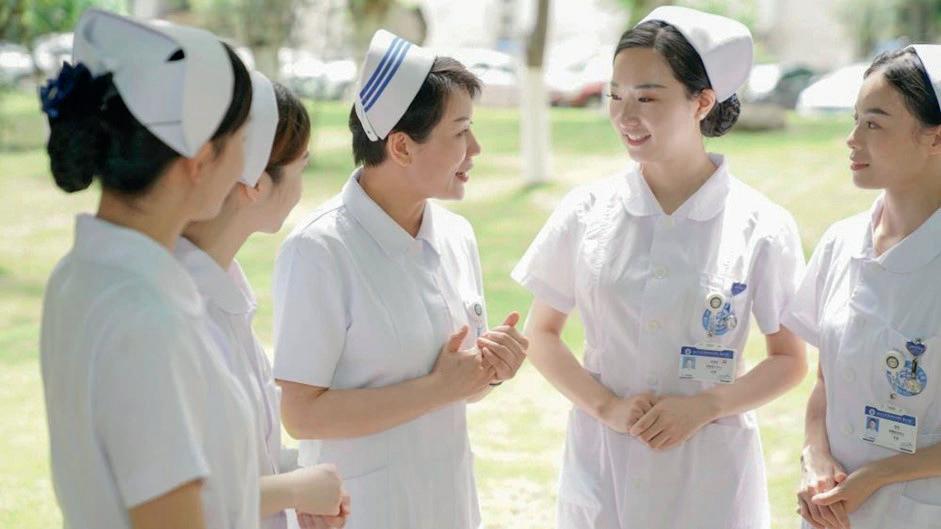
“I often ask my nurses, Are we able to change a patient‚s outcome through our work?‚” Professor Jiang mused. “In reality, not all nurses are able to answer this question with a resounding yes‚. While it may be unrealistic to focus on elevating the competencies of all 5.5 million nurses in China to the highest level, we can start with 10 or 20 nurses within WCHSCU‚s nursing team of about 5,000.” She added: “The core principle of nurse training is competency-based. Our goal is to equip nurses with competencies that align with our specific needs. We believe nursing‚s future will embrace interdisciplinary collaboration. By equipping nurses with foundational knowledge in fields like engineering to drive innovation, this crosspollination of expertise expands their problem-solving capabilities and ignites breakthrough solutions in patient care.
Using the earlier example of the pressure injury device, collaborations with WCHSCU‚s engineering team stretched its potential beyond using just an ultrasound imaging technology. With high patient loads, traditional treatment methods often prove to be inefficient and cost-ineffective. This not only negatively impacts patients, but also puts significant strain on nurses. Harnessing new technology developed through interdisciplinary collaboration allows nurses to feel more empowered and elevates their skills. With the growing use of robotics and AI in healthcare, it ‚ s crucial that we keep in focus the human element of patient care, which cannot be replaced by robots.
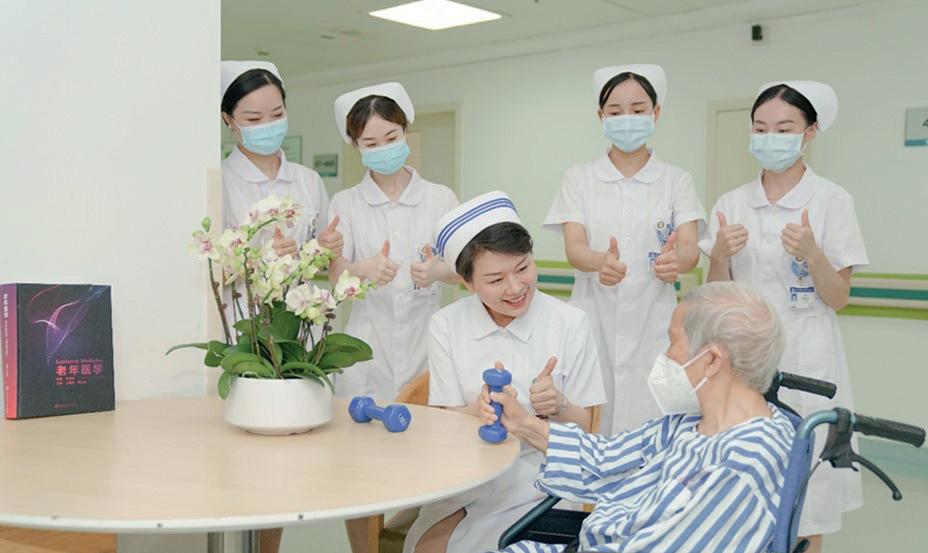
What we need are competent yet compassionate nurses. Striking a balance between operating advanced medical technologies and providing empathetic, person-centred care is essential.”
For Jasmine, this balance resonates deeply. “Ultimately, nursing is grounded in genuine care for others. As a nurse with a background in the Children‚s Intensive Care Unit (CICU) and Neonatal Intensive Care Unit (NICU), my nursing journey has always been rooted in a deep compassion and empathy for children. They are the driving force behind my commitment to provide holistic and family-centred care. My goal is to continue advancing nursing practice through compassionate, evidence-based and culturally sensitive care so that every child, no matter his or her diagnosis, can have the best possible chance at living a fulfilling life.”
Looking back, Jasmine recalled how her transition into genetics nursing marked one of the most transformative moments in her career. “Before this shift, my understanding of rare diseases was limited — I believed that these conditions were incurable, and that those affected would never have a good quality of life. However, once I stepped into the rare disease space, my perspective changed completely,” she said. “I came to see that individuals with rare diseases are not defined by their diagnoses. They strive to live normal, meaningful lives, and to be fully integrated into their communities. They did not choose to inherit these conditions, but they can choose how they live, and live well if given the right support and opportunities.”
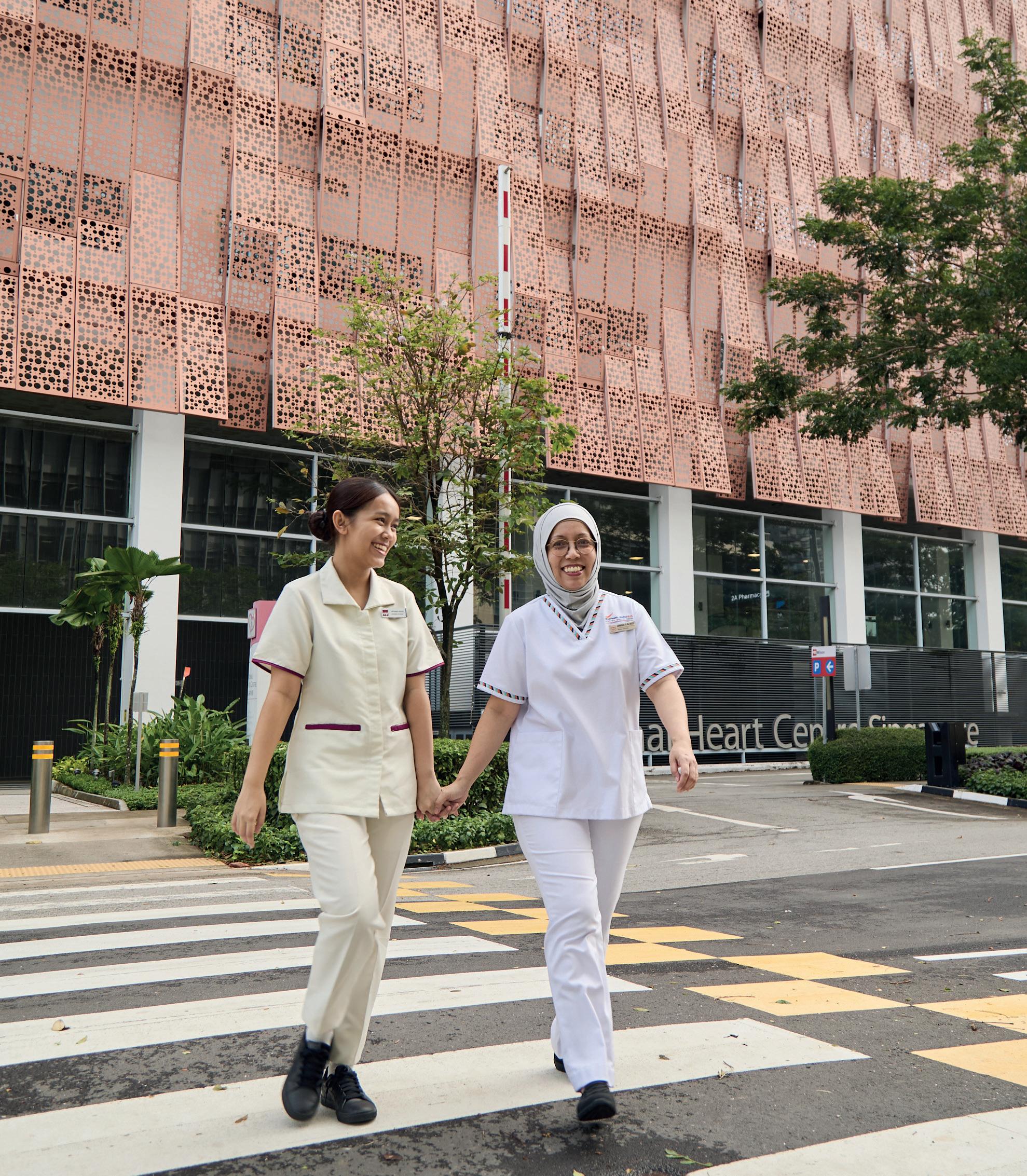
Friends, family, colleagues — these heartwarming relationships highlight the collective strength of nurses and their colleagues standing side by side at the forefront of healthcare.
Juraihah Binte Haji Mohd Saleh Nurse Clinician National Heart Centre Singapore
my journey into nursing was shaped by a powerful moment from my childhood. I witnessed how nurses cared for my late grandmother in her final moments at the hospital and how peaceful she looked when she passed. Seeing how the nurses were there for her inspired me to pursue nursing.
I never imagined that I, too, would one day inspire my own daughter, Aryanna. Sharing stories of my work with my family felt routine, so I was surprised when she told me she wanted to pursue nursing.
Having spent more than 30 years in this profession, I am aware of the realities of nursing. I made sure Aryanna understood that it‚s not an easy path. I reminded her that she had to be mentally and physically prepared for daily challenges, and that one could feel immense happiness one day but overwhelming sadness the next. This emotional weight is part of the journey, but I assured her it would also make her a better nurse. She said she understood and still wanted to give it a try. I watched with pride as she took her first step to study nursing, amazed by her determination to follow in my footsteps.
Since then, I have seen Aryanna flourish with each passing year, becoming more disciplined and responsible. While I still worry about how she would cope, I know that she's smart and tough enough to handle the pressures. Indeed, she‚s proving that she can stand on her own to pursue what she wants.
Incidentally, my niece is also considering taking up nursing, just like my sister and I. I‚m honoured to be a role model for the next generation. As a mother, there‚s a comforting feeling that perhaps I‚ve done something right! Having my daughter enter my world of nursing has been heartening. We now share conversations that need little explanation, as we have that special understanding between us.
I hope she and her peers continue to love what they do and never give up. After all, nursing will continue to evolve and progress. Beyond bedside care, nurses can now also explore careers as nurse educators, advanced practice nurses, and even run clinics. And despite all the changes, we will never forget the human touch.
Year 2 Nursing Student ITE College East
when I was a child, my mother would come home with stories of her day as a nurse. What struck me most wasn‚t just the happy endings of healed patients, but how crucial time was — that in a split second, a person‚s life could be saved. There, at the heart of these moments was my mother, playing a vital role.
These early impressions of nursing were supplemented by the medical dramas I loved watching as a child. With my mother as a role model, I saw myself as part of that world. Once, I had a chance to accompany her to work when I was little, and I remember sneaking away from where I was told to wait to watch her in action, only to run back the moment she started to make her return.
I decided to become a nurse while I was in secondary school. When people, including my own friends, hear that I am studying nursing, they often assume that it‚s just about cleaning up after patients. But nursing is so much more — it has the power to restore dignity, comfort, and save lives. It‚s a challenging and dynamic profession that demands both technical expertise and a caring heart.
I still have much to learn. I‚m currently in my second year of studies, preparing for an internship in a healthcare institution. After graduation, I plan to pursue my diploma and then, a degree in nursing. Through it all, I‚ve had many conversations about nursing with my mother; her guidance continues to give me much comfort and widens my perspective.
I still remember witnessing my first real-life emergency. Watching my colleagues fight to save someone‚s life was scary; my heart was beating so fast! The gravity of what it means to be in this profession truly hit me then, and it went far beyond the stories I heard as a child.
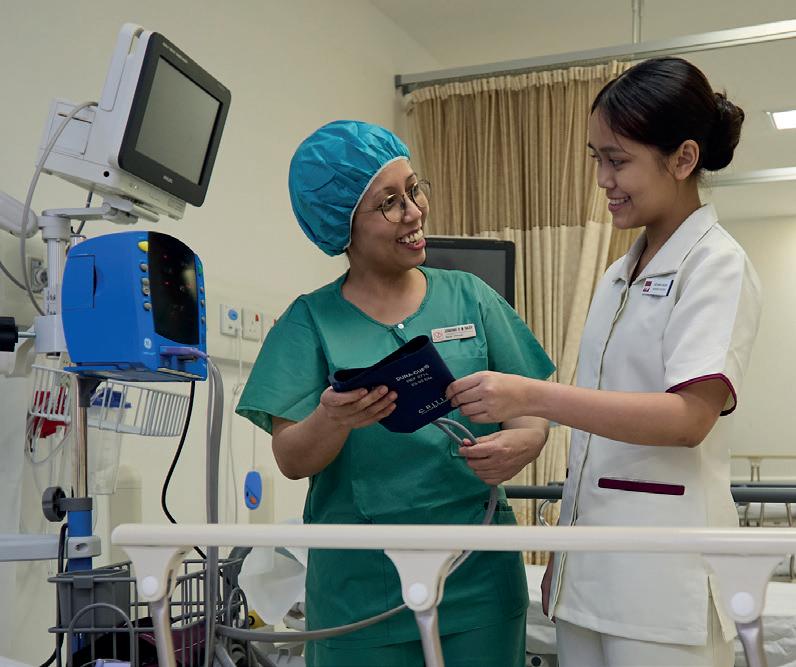
I have even more respect for Ibu (Malay for mother‚) knowing that she goes through this every day. I hope she never gives up because I see how much strength it takes to do what she does, and I aspire to be the kind of nurse that she exemplifies.
To all nurses: The impact of the work we do goes far beyond what many people see, so let‚s keep pushing forward to make a difference in the lives entrusted to our care!
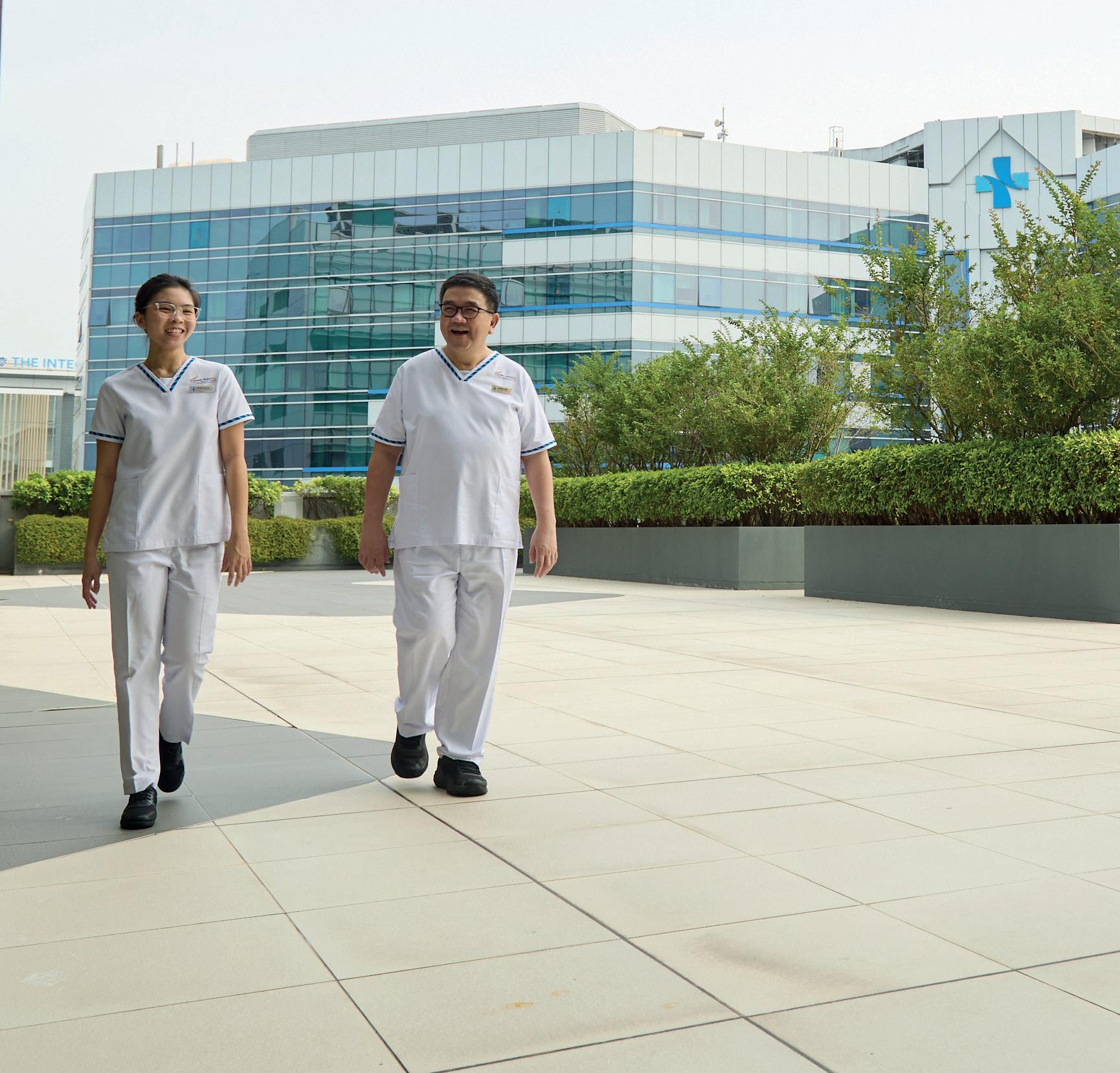
Liew
Staff Nurse Changi General Hospital
my unconventional route to nursing was, in part, sparked by my daughter‚s pursuit of the profession. In supporting her, I began researching nursing as a career, and it ended up paving my own path into nursing as well!
Before nursing, I spent seven years as an engineer in a research centre, then 15 years as a polytechnic lecturer, first teaching IT and, later, soft skills. None of these roles had any link to medicine, but entering the healthcare field had always been a dream of mine. During my research, I came across a career conversion programme offered by the National University of Singapore, and saw it as an opportune moment to re-direct my career.
Taking that leap was not easy. At 50, I had many concerns. I wondered whether I had the capacity to study again, and worried about the impact on my family, in terms of time and finances. However, I ultimately realised that the opportunity to pursue
something I love would outweigh the challenges. With the support of my wife and two daughters, I put my heart to it.
One of the joys of this journey has been traversing it with my daughter, Ophelia. As study buddies, we would quiz each other on pharmacology. Now, our conversations also revolve around patient care and the unique challenges each day brings. We rarely work the same shifts but, on occasions, we may be on the same night duty and have a coffee break together — rare and cherished father-daughter bonding time! When we do meet at work, we exchange insights about nursing. With my experience in counselling, I‚d share tips on having difficult conversations with families, while she‚d teach me about critical care procedures. I‚m very proud of her, not just as a father, but as a fellow nurse.
I‚m now 56, and approaching my fourth year in nursing. Aided by my background in education, I‚ve taken on the role of a preceptor, who guides new nurses. I hope to further my teaching role by training as a Clinical Instructor in the wards.
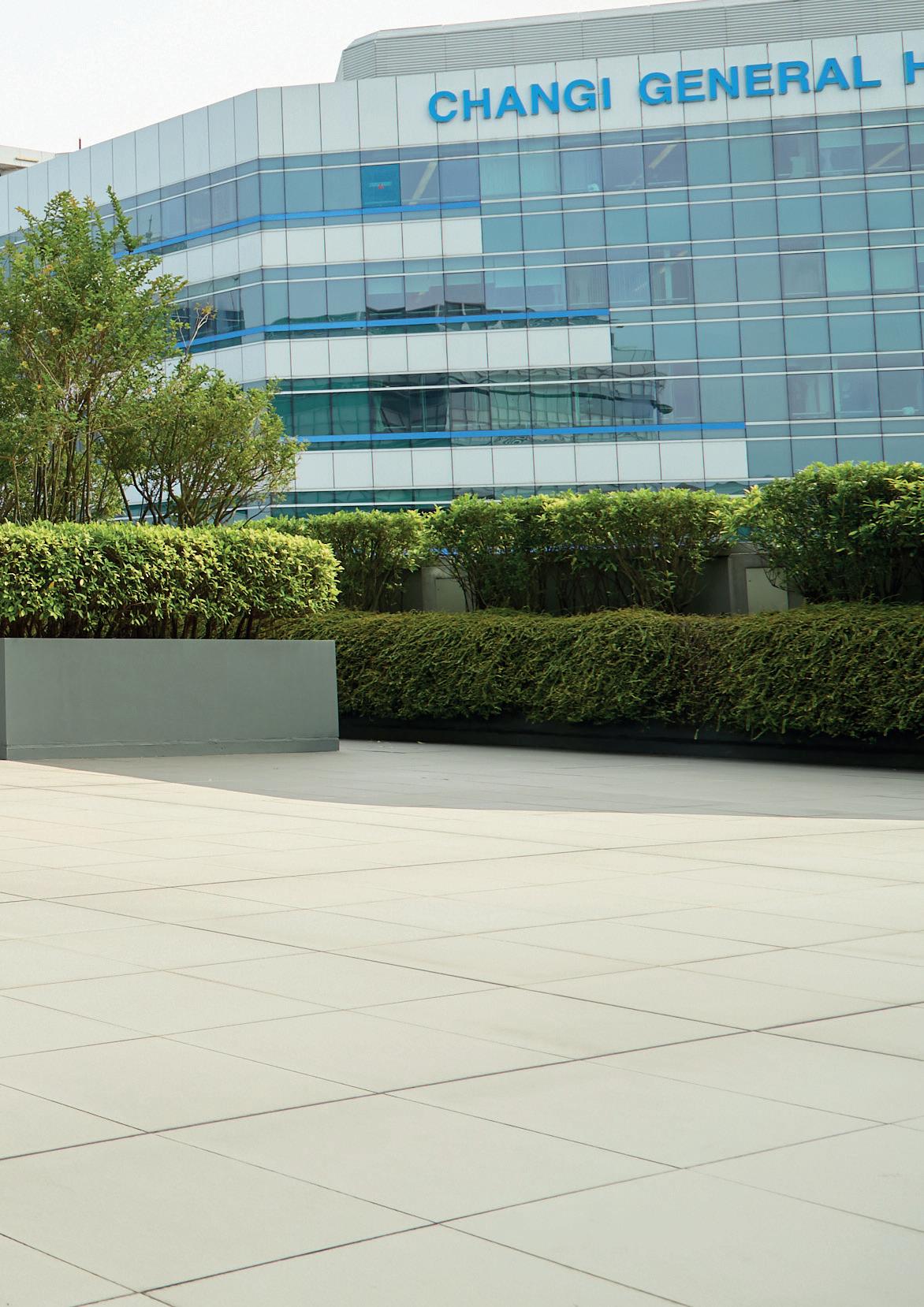
As I take these new nurses under my wing, I always ask them: “What is one reason you joined nursing?” This reason will serve as their motivation. The work can be stressful and daunting, and mistakes can have potentially serious consequences, but holding on to that motivating factor will keep them grounded. For myself, the memory of hospital nurses caring for my parents, grandparents and Ophelia, who was quite ill as a child, frequently reminds me of the impact nursing can make, and keeps me grounded.
Nurses are at the frontline of healthcare, and that‚s what I want to do — be on the frontlines of caring for patients to help them get better. Seeing a patient go home in better health is the ultimate reward we could ask for.
Ophelia Liew Staff Nurse Changi General Hospital
my early impressions of nursing came from being a patient myself. At five years old, I was diagnosed with acute lymphoblastic leukaemia, a type of blood cancer. Going in and out of the hospital, the nurses were a constant presence, caring for me and supporting my family. Their kindness instilled in me a deep sense of gratitude and a desire to give back to society, and I‚m still in touch with these nurses even till today.
My perspective of nursing broadened at 13, when I joined St John Brigade and, subsequently, the National Civil Defence Cadet Corps, where I was introduced to paramedicine. I also volunteered with Red Cross Singapore alongside my father, who was a volunteer trainer. All these activities immersed me in community healthcare.
As an ICU nurse today, I see there‚s way more to nursing than what meets the eye. It demands critical thinking as we ensure that treatment plans are appropriate and will improve patient outcomes, while navigating communication with patients and their families.
My earlier experiences in community care helped me take this step into the expanded world of nursing alongside my father. Having him in the same profession feels like having a best friend who understands everything I go through. If I could tell my dad anything, it would be to repeat a piece of advice that he always offers me: Respect, Reflect and Rest.
I respect him deeply for taking that leap of faith to do what he‚s always wanted to do. Recently, during a management course, we were asked to name someone other than our parents who inspires us, but no one came to my mind except my father — he is the personification of chasing after your dreams! His determination to continuously better himself will forever be inspiring to me. Reflection is thinking about the incidents that take place each day, and pondering what went well and what could have been done better. Lastly, rest, which is of utmost importance when it comes to nursing, a job that can be emotionally, physiologically and psychologically tiring.
Though our shifts rarely align, I find small ways to support him, such as delivering his coffee during my break. Once, on a rare, shared night shift, we met at 2.30am for a coffee break on hospital grounds. Having a family member to talk to or even just sit in silence together in the quiet of the night is incredibly comforting; it felt like being at home!
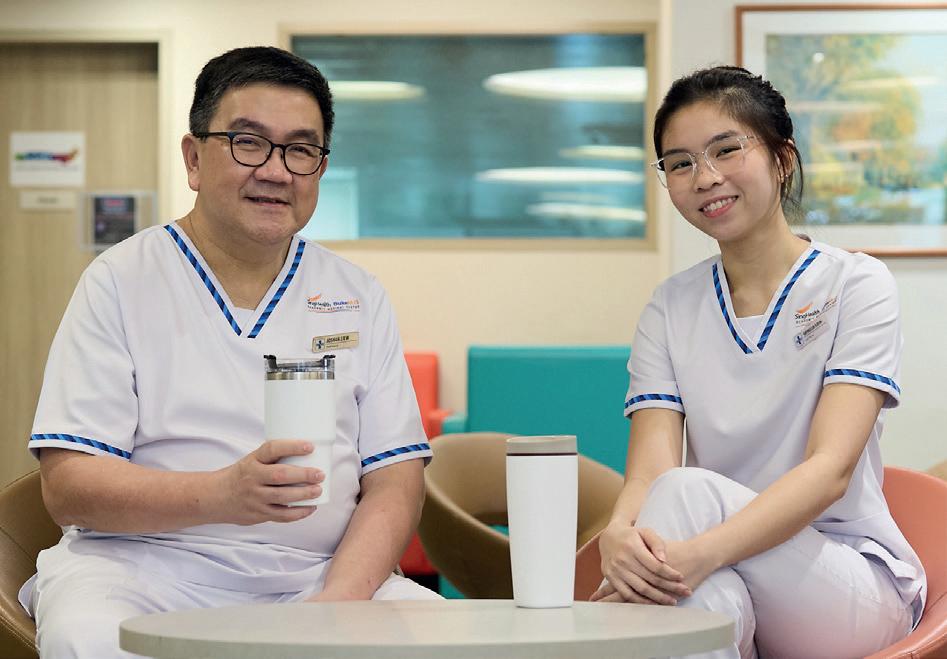
Serene Tan Chia Ling Assistant Nurse Manager
National
Dental Centre Singapore
most people picture nurses by the bedside, but few see what goes on inside the operating theatre (OT), where there are also nurses hard at work behind the OT doors.
It‚s a high-stress environment in the OT, so trust is everything for surgeons and nurses to work well together. While monitoring the patient‚s condition, we are also watching the surgeons‚ movements and anticipating their next step.
As OT staff, we adapt to different team pairings all the time and trust needs to be built among members of the team. OT nurses need to have strong situational awareness, critical thinking, and react promptly. It‚s the everyday interactions over the years that strengthen this bond. With a close-knit team, surgeons can fully focus on the surgery, surgeries run on time, and good patient outcomes are achieved.
Many dental surgeons begin their careers here at the National Dental Centre Singapore (NDCS) as dental officers; hence OT nurses build a long-term working relationship with them.
Take for instance, the relationship between Dr Lim Si Yu and I. We‚ve worked together for a decade and, at this point, we‚ve fostered a strong and friendly relationship. She has always treated the nursing team with respect, as far back as when she was just starting out and asking us for guidance. Now that she‚s a consultant, that respect hasn‚t changed, and it‚s always a pleasure to work with her.
Dr Lim Si Yu
Consultant, Oral and Maxillofacial Surgery
National Dental Centre Singapore
serene has been around since the beginning of my career. When I started as a dental officer, she was one of the first people to show me the ropes. Back then, her help was mostly administrative, helping me to orientate and navigate the processes. Today, she assists me in the OT, scrubbing in for surgeries, and taking incredible care of our patients.
As surgeons, we‚re often focused on the procedure and the outcome. It‚s easy to take for granted the many things that nurses plan out for us doctors — so much of what contributes to a
Recently, she entrusted me with the care of an elderly patient even though I wasn‚t the assigned nurse for the surgery. Si Yu knew that I would flag any issue to her immediately. That kind of trust only comes from years of working side by side.
It‚s also been nice witnessing her growth. From dental officer to resident, then registrar and now consultant, Si Yu has matured as a dental professional, and has taken on more complex cases with confidence. She‚s no longer that fresh graduate I met years ago!
As we see doctors progress in their field, we also observe that nursing has come a long way. People often don ‚ t realise how wide the spectrum of nursing roles is, especially beyond the wards. As Singapore builds more hospitals, there ‚ s a growing need for new staff to fill these roles. At SingHealth, there are lots of programmes for nurses to explore, as well as opportunities to upskill. Nowadays, when they come through our door, many young and ambitious nurses have already planned their potential career growth, and when they want to get their next qualification! Likewise, I ‚ ve also been thinking about getting my degree, after 25 years of nursing! Seeing these young nurses ‚ enthusiasm has inspired me to continue my own learning journey; it ‚ s never too late to grow professionally and challenge yourself in new ways.
successful surgery is the groundwork laid out by nurses. They make sure that the surgery goes smoothly, not just for us, but for the patients, too.
In a recent case, we had a patient in her 90s, and I was concerned that she could not handle the stress of surgery. But I saw Serene taking the time to reassure her and offer her small comforts, such as a blanket and a glass of water, making her feel safe and cared for. The patient kept telling me how great everyone was; an experience I‚m sure is not of my own doing and was very much shaped by Serene.
These soft approaches of caring beyond the clinical aspects are something we don‚t always get to learn in school, but watching Serene and other nurses do that has taught me to bring more of these life skills into my own practice.
Having worked with Serene for so long, we understand each other without words. She is even able to make some non-clinical decisions on my behalf because she knows my preferences. This level of mutual trust does not come overnight. Nurses have to understand and adapt to the working styles of multiple surgeons, while managing their own workload and care of patients. I don‚t think many realise how much that demands.
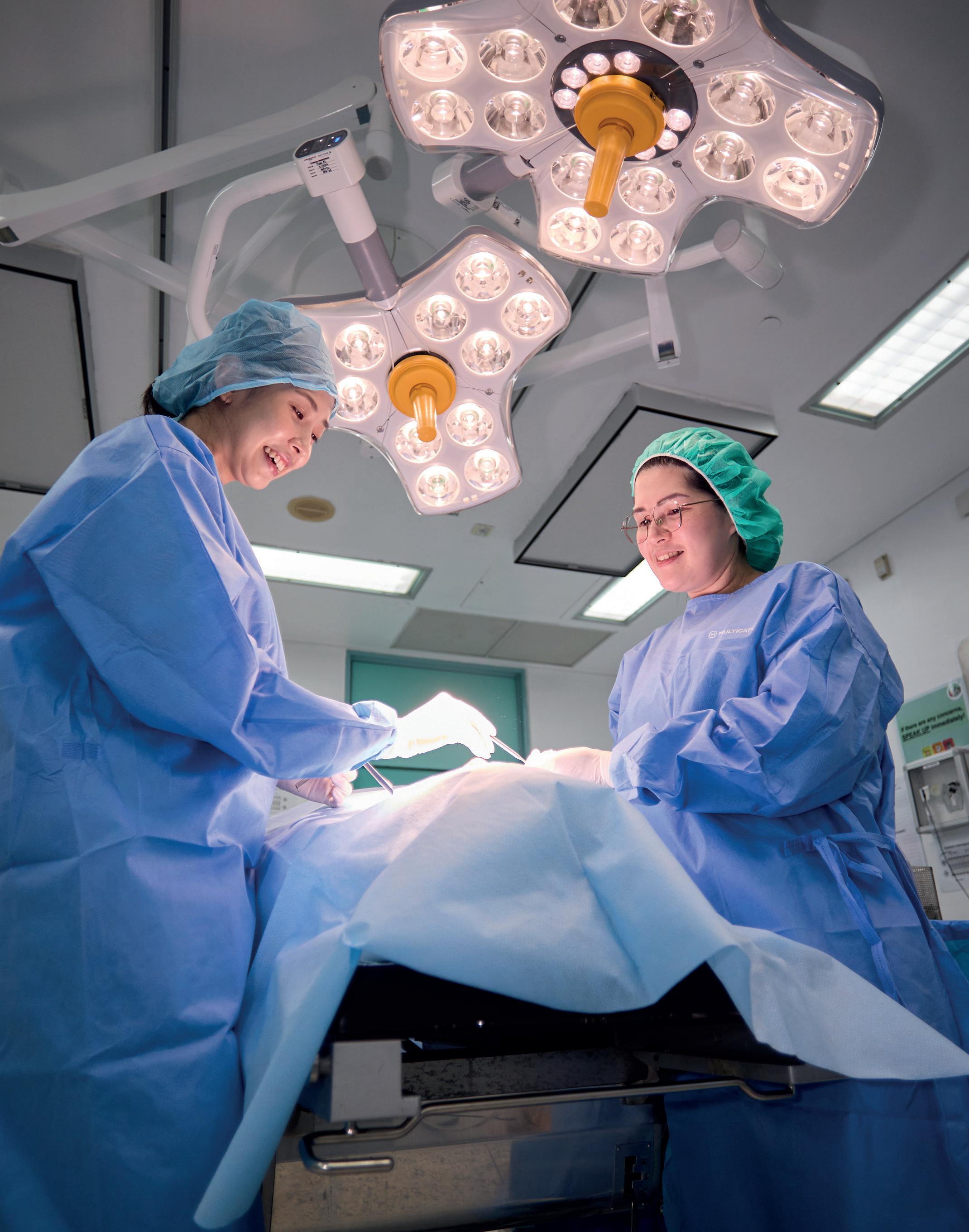
The OT culture is quite unique. Because of the nature of their work, OT nurses often take quick meals due to their schedules. One thing I‚ve found helpful over the years is simply joining them for lunch in the pantry. Something this small, over time, helps build rapport and opens up meaningful conversations, so they know they can come to us when needed. It‚s these little efforts that create a more open, supportive environment between doctors and nurses.
Nurses are often the unsung heroes; few people see the back-end support they provide that‚s so essential. I want Serene and other nurses to know that they‚re far more important than they realise. We truly can‚t do this without them!
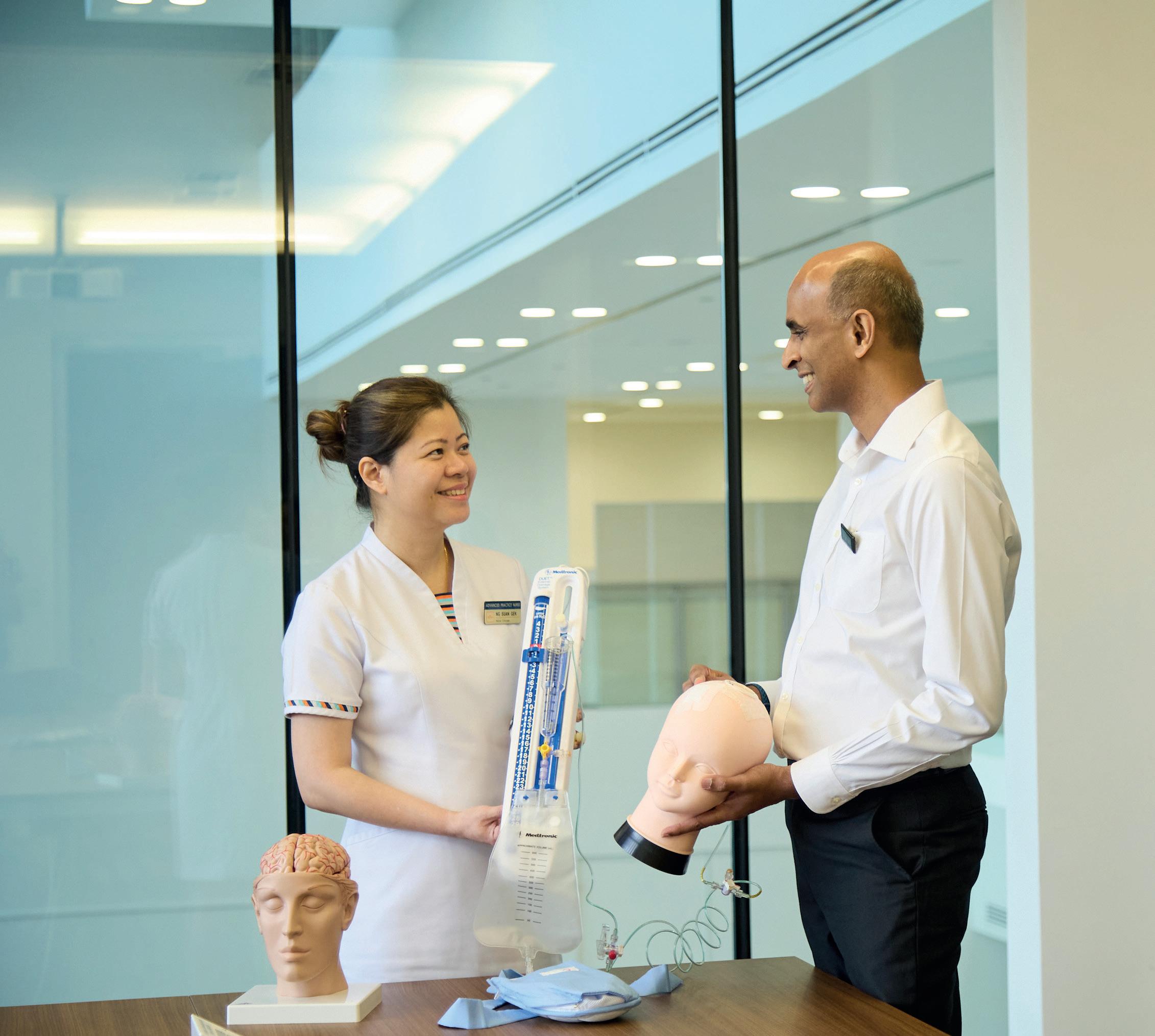
Dr Jai Rao Head and Senior Consultant, Department of Neurosurgery (NNI@SGH) National Neuroscience Institute
as a junior doctor, you need all the help you can get, especially from nurses. The bonds that form in the early stages of your career can lay the foundations for strong working partnerships, and this has been the case for Suan Gek and me.
We first worked together when Suan Gek was a staff nurse, and I was a Medical Officer in the Neuro-Intensive Care Unit (NICU). In NICU, patients can switch rapidly from unstable to critically ill; team camaraderie is important, especially when working in critical care areas. She joined NNI in 2008, and we continued working together until she left for private nursing.
One of the best professional decisions I‚ve made was to accept an impromptu lunch invitation; little did I know it was to meet Suan Gek to discuss her possible return to NNI. By then, I was finishing my Neurosurgery Residency and helping to build up the department. I knew that Suan Gek‚s commitment to patient care aligned with our goals, and I was delighted when she agreed to rejoin NNI and obtain her Advanced Practice Nurse (APN) accreditation.
A collaborative relationship between physicians and nurses is the best way to help identify patients‚ needs, as it allows for holistic care delivery. During her clinics, Suan Gek realised that some patients with concussion face unique challenges that impact their daily lives. She initiated discussions with the physiotherapist, occupational therapist and me, which grew into an inter-professional team, resulting in the rollout of a persistent concussion clinic (PCC) in 2022 to specifically address the needs of this group.
Our working relationship is rooted in familiarity and a sense of safety and openness. Suan Gek and I can have honest conversations and speak with a level of authority among us; she even tells me off if I‚ve overlooked something!
Project BRAIN captures this dynamic well. It aims to improve care for neurosurgical patients in Jaffna, Sri Lanka, through advancing the clinical skills of doctors and nurses while developing a collaborative culture. One of the key elements was our role-modelling of how doctors and nurses at NNI work in sync to provide holistic patient care through interprofessional collaboration.
Advanced Practice Nurse (Neurosurgery) & Nurse Clinician
National Neuroscience Institute
when I was a junior nurse, I was often hesitant to speak up, as I wasn ‚ t sure if my input would be useful or welcomed by the doctors. That changed when I started working with Dr Jai Rao in NICU. Jai encouraged me to share my views, and appreciated it when I updated him on the status of his patients. Seeing the positive impact this had on patient care gave me the courage to voice my concerns, ask questions, and seek his advice on my career.
During my brief stint in the private sector, I was considering a return to NNI. It was Jai who encouraged me to come back, offering his guidance over lunch. His only request was that I obtain my APN accreditation so that I could provide the level of nursing his department wanted. I agreed when he offered to be my clinician-mentor for my APN internship, because I knew he would have my back and support me in my learning.
No matter how busy he is, Jai will always make time for me. Whenever I doubt myself or lose confidence, he ‚ s been there to encourage me and provide opportunities to showcase my strengths.
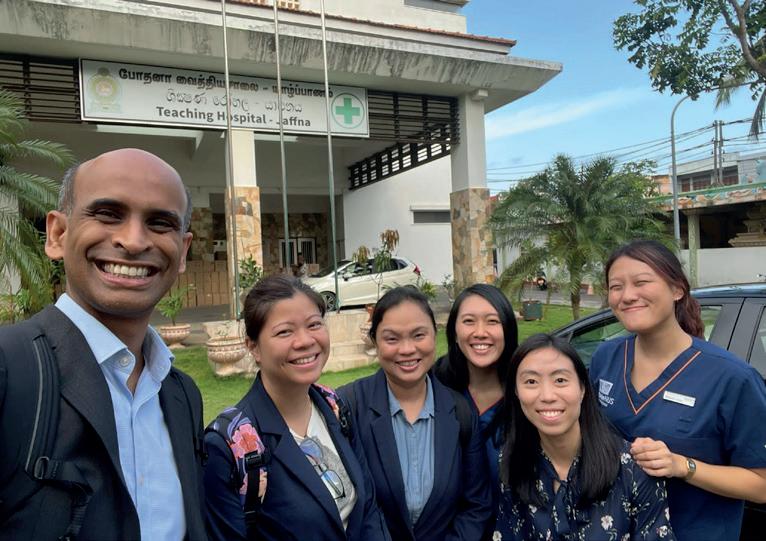
One example is Project BRAIN, which grew from a global health initiative that Jai was working on to improve neurosurgical care in Sri Lanka. Neurosurgeons can be trained to perform highly complex brain surgery, but once patients leave the operating room, they need to be cared for by a team of skilled doctors, nurses and allied health professionals. I asked Jai if my colleagues and I could be part of the team to help upskill nurses in Jaffna and he readily agreed. By combining our strengths, we went beyond training individuals to creating a systems level approach to improve neurosurgical care in developing countries.
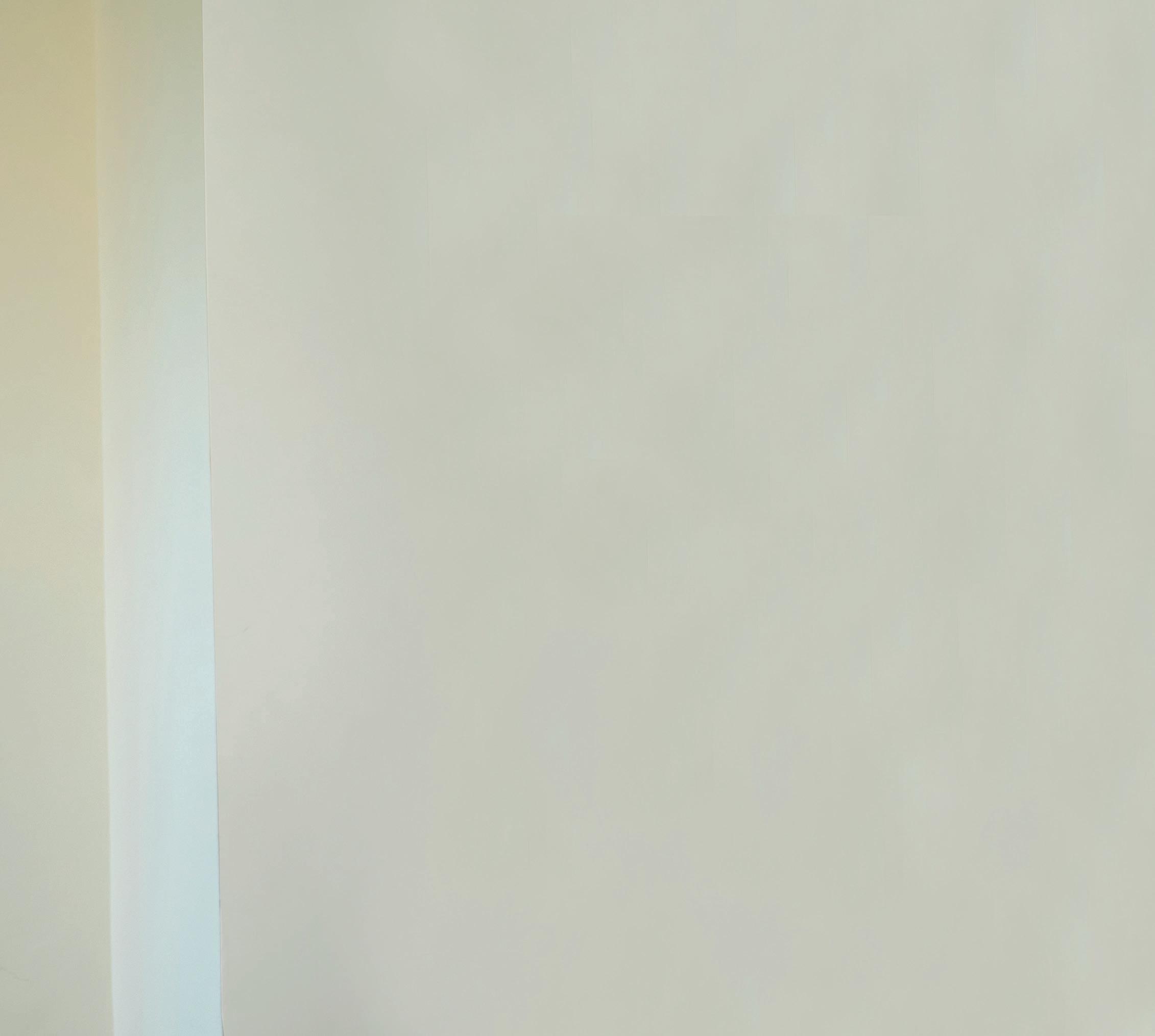
Over the years, I‚ve enjoyed seeing Suan Gek‚s confidence flourish and the impact she‚s made on our team and patients‚ lives. Nurses like Suan Gek bring the human connection to medical care, and I wouldn‚t trade that for anything.
I ‚ m thankful that Jai and I continue to work together after more than 20 years. He ‚ s been a pillar of support throughout my career, and I truly appreciate the trust and collaborative working relationship we ‚ ve built. I tell junior nurses: “Don ‚ t be scared, speak up to doctors!” because having a clinician in your corner who values your opinions and cheers you on not only makes a difference to patient care, but also helps you achieve things you never thought possible.
So tell us… who’s played a part in
Behind every great nurse is someone who inspired them, guided them, and believed in them.
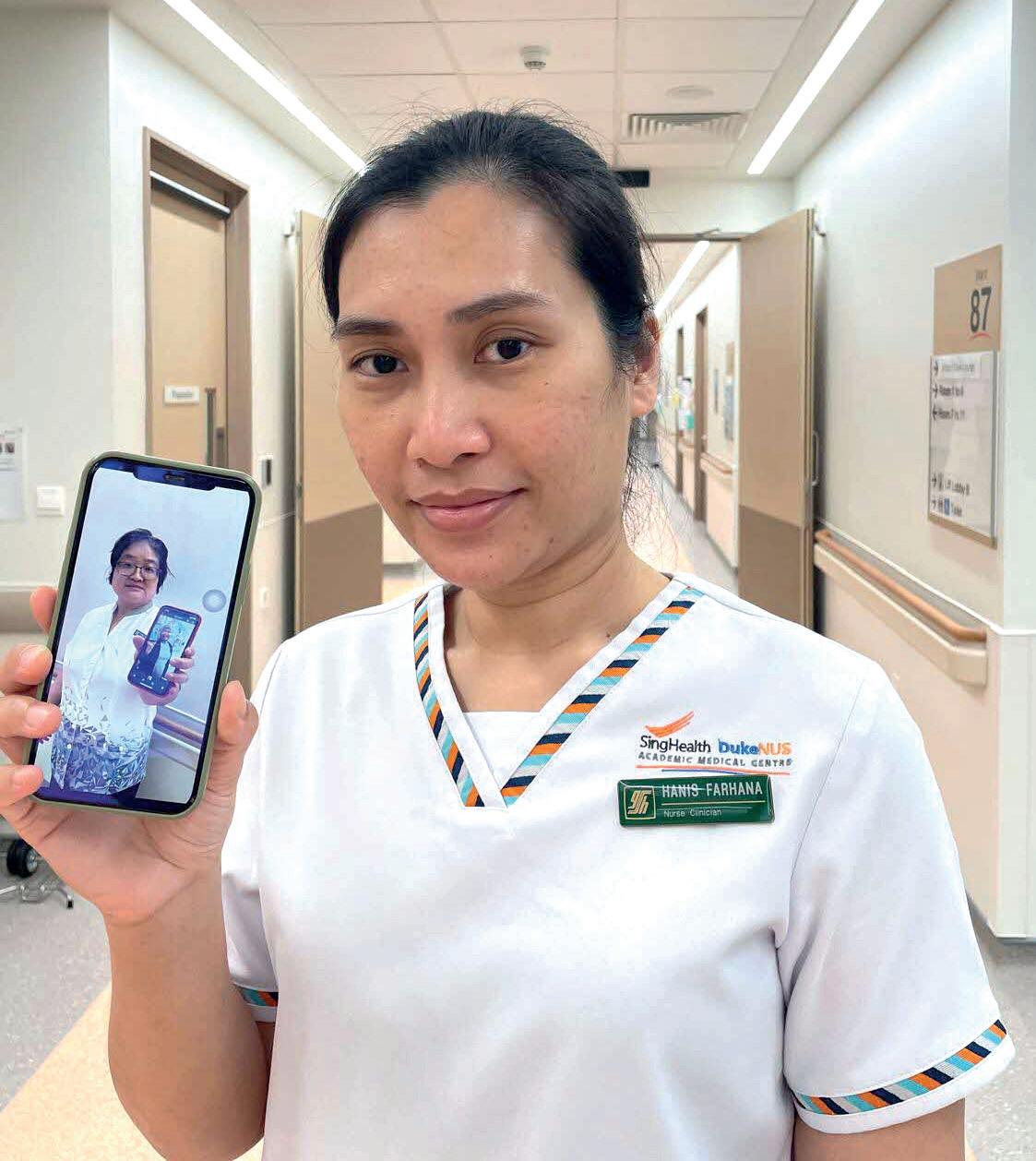
1st Prize Winner, Nurses’ Day Competition 2025

Photo of Nur Raidha Binte
Mohamed Razali, Senior Care Support Associate, Chua Sze Yen, Senior Healthcare Assistant, and Hanis Farhana Binte Shamsudin, Nurse Clinician, SGH
I recall a Patient Care Assistant (PCA) demonstrating how she calmed and coaxed an anxious elderly patient to take their medication. Through her actions, I learnt how to build trust, provide reassurance, and make patients feel heard. This incident taught me that mentoring is not limited by experience or title; it’s about the willingness to share knowledge and offer support to each other. Regardless of one’s role, I envision that the ability to guide, inspire and teach is a powerful tool that shapes the future of healthcare. I’m thankful for these amazing colleagues (captured in this photo) who, despite our different roles, have taught me so much and helped me grow both professionally and personally. — Chua Si Xuan (Senior Staff Nurse, SGH).
Photo by Ng Siok Peng
Deputy Director, Nursing, SKH
2nd Prize Winner, Nurses’ Day Competition 2025
Photo of Chia Soon Noi, Deputy Director, Nursing, KKH, with Siok Peng
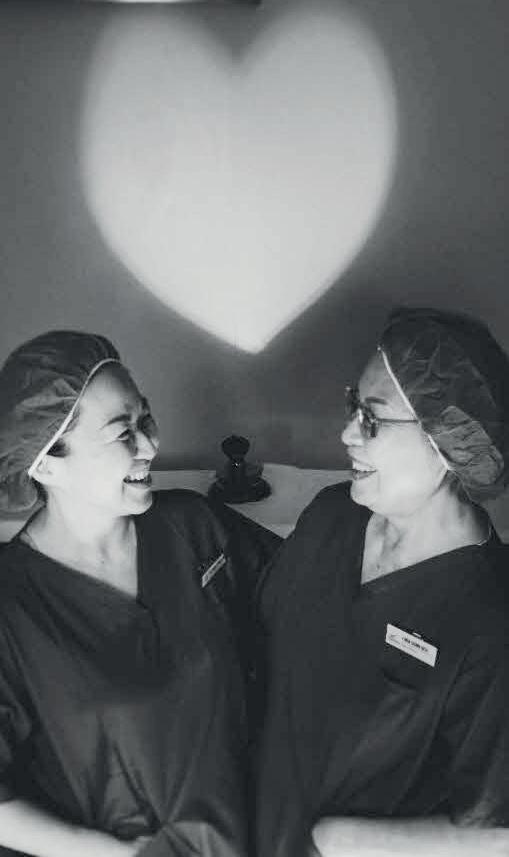
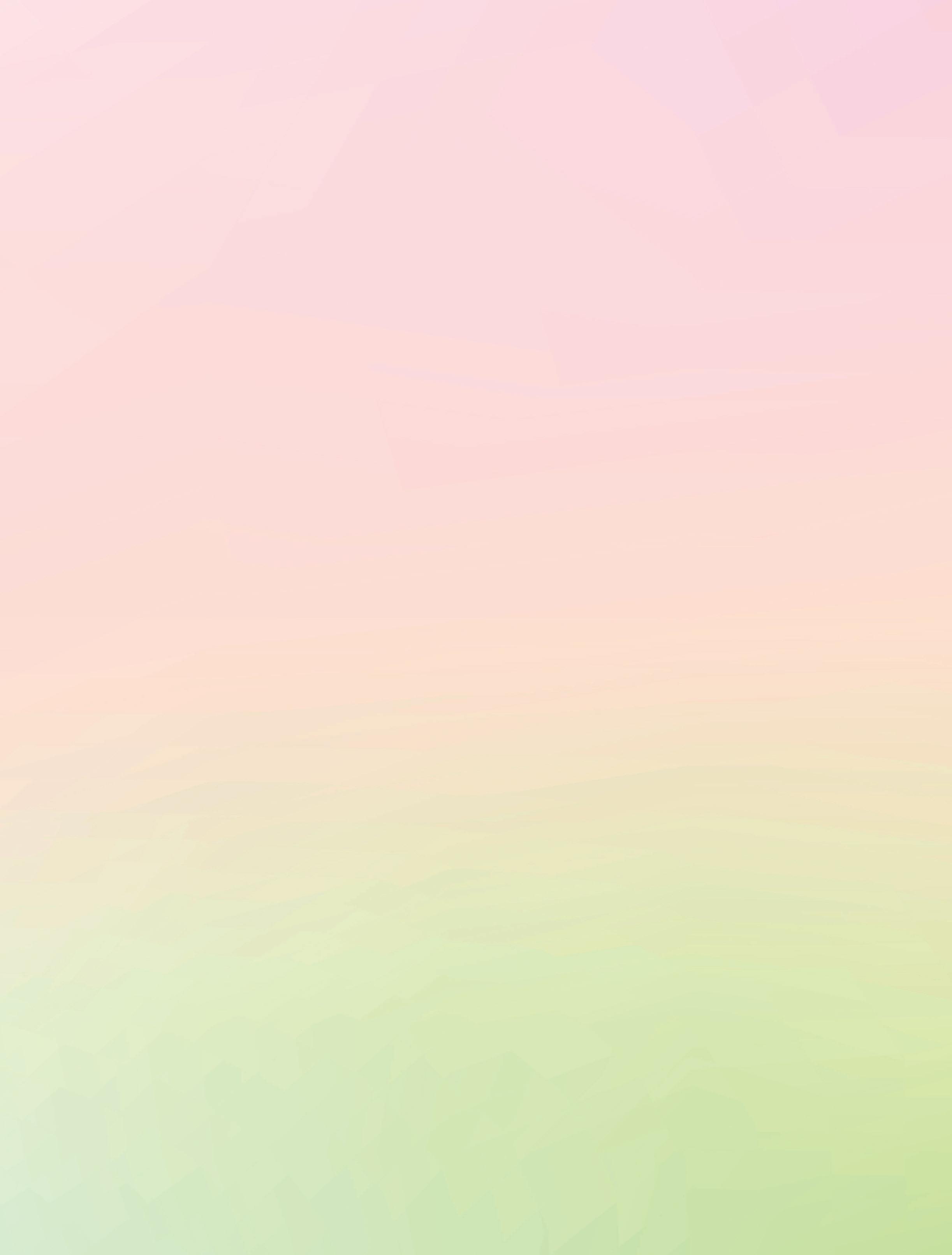
In the fast-paced world of perioperative nursing, she was my unwavering anchor. Through every challenge, she stood by me — not just as a mentor but as my ‘blind spot mirror’, catching what I missed and guiding me with grace. Her presence, sound advice, and belief in my potential shaped the nurse I am today. She taught me that leadership is not just about decisions, but also about presence, patience and lifting others. Today, I pay it forward, carrying her lessons in my heart and ensuring the impact extends beyond us both in nursing.
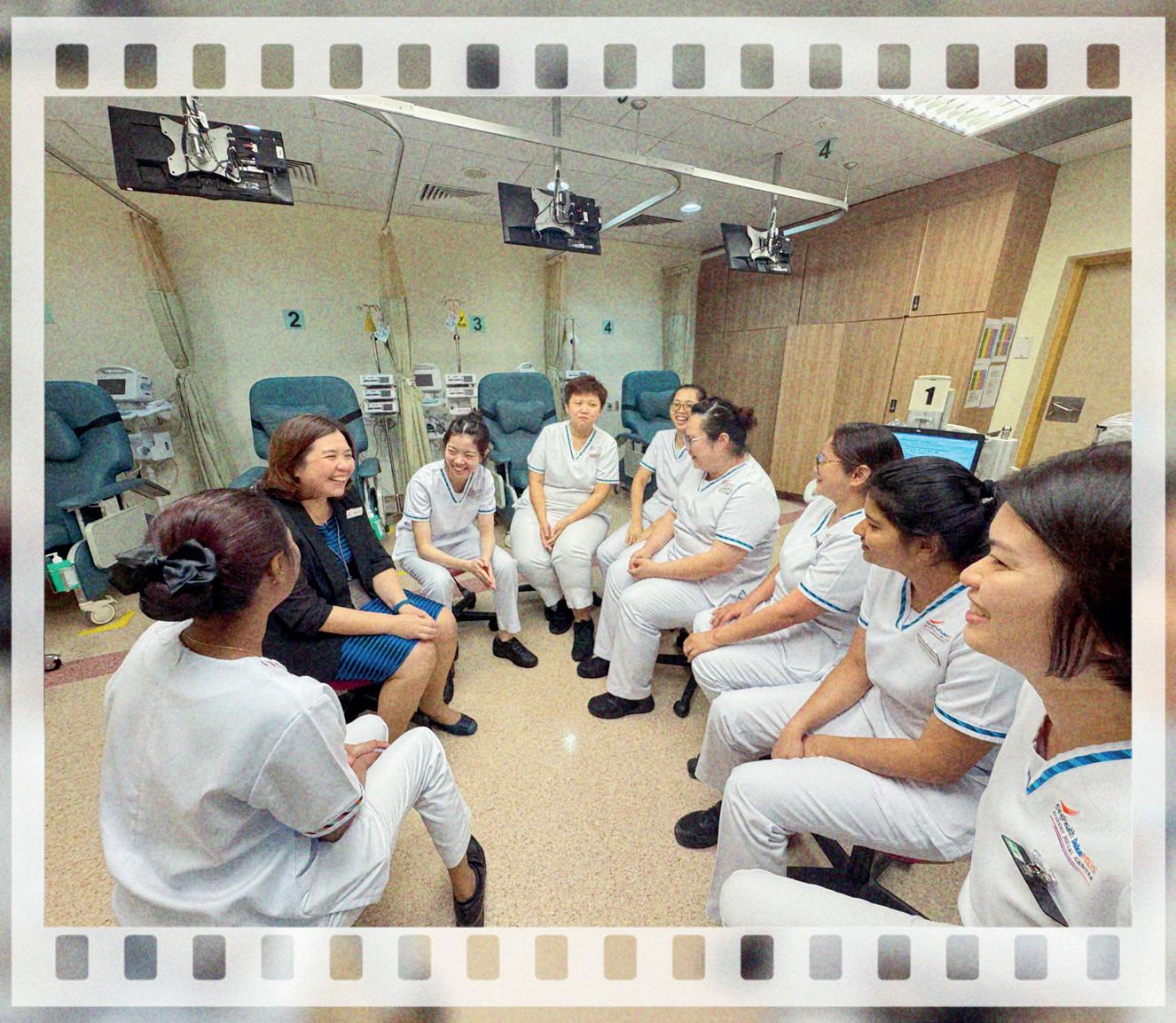
Nurse Clinician, NCCS
3rd Prize Winner, Nurses’ Day Competition 2025
Photo of Miss Lian Siew Bee, Director, Patient Safety & Quality, NCCS
I still remember the moment, 20 years ago, when Miss Lian changed the way I saw nursing. As a junior nurse in an oncology ward, I focused on routines, ensuring tasks were completed efficiently. But Miss Lian showed me that nursing isn’t just about tasks — it’s about people. I watched her cut micropore tape with small slits — a simple yet thoughtful way to improve patient comfort. That moment shaped the nurse I am today. Miss Lian didn’t teach me a skill; she taught me a mindset. And that mindset continues to shape the future of nursing, passed down from one nurse to the next, ensuring that compassion and attentiveness remain at the heart of everything we do.
Three leaders look back on their careers and share their words of wisdom for future nurses.
Balakrishnan
Wong
What were the challenges you faced during the initial stages of your career and how did you overcome them?
JULIA: I had to overcome feelings of inadequacy when I first started — I was posted to the maternity ward at KK Women‚s and Children‚s Hospital. It was a fast-paced environment, as the turnover of patients in the post-natal ward was very high. I was only 19 years old then, but was expected to bottle-feed babies and teach mothers how to breastfeed! It was a tough six months, but I learned quickly with the help of my seniors.
ELENA: The biggest challenge was managing highly stressful situations such as emergencies, difficult patients and colleagues. I also had to learn how to balance multiple tasks and demands from my patients, colleagues and supervisors. Over time, by developing good clinical, critical thinking, and prioritisation skills, I‚ve gained the needful experience and confidence to overcome these challenges.
STEPHANIE: The main challenges I faced were getting used to the realities of being a staff nurse, especially when it came to making critical decisions about patient care. I overcame these by reaching out to my more experienced colleagues for advice, keeping optimistic even during tough shifts, and making sure I kept learning something new each day.
Can you share with us a memorable incident that happened at work, and what was an important lesson you learned from it?
STEPHANIE: I once had a 45-year-old patient who was on full ventilatory support. While our clinical team believed his prognosis was poor, his wife was determined to continue life-sustaining measures for the patient. Though we had concerns about his quality of life and the intensive care required, we respected his wife‚s wishes. I have come to realise that every family processes difficult medical situations differently. Some may be able to accept challenging realities quickly, while others will require more time. This experience taught me the
34 years in nursing
30 years in nursing
27 years in nursing
Stephanie Yeap Chief Nurse
SingHealth Community Hospitals (SCH)
Julia Eng Chui Lee
Director,
Nursing National Cancer Centre Singapore (NCCS)
Elena Mohamed Ayob Director, Nursing Singapore National Eye Centre (SNEC)
importance of patience and empathy in navigating complex end-of-life decisions with families — one of the earliest and most crucial lessons that I learned.
Nursing is a tough job. What inspired you to choose and thrive in this career, to the extent of winning the President’s Award?
ELENA: I knew I wanted to be a nurse all the way back when I was in Secondary 3! At that time, my school would conduct career exploration sessions. I just couldn‚t imagine myself doing a desk-bound job, and since I love interacting with people and building connections with them, nursing seemed like the perfect choice for me. Besides, I was awed by the white cap that our nurses wore in the old days. To me, it symbolised the caring and compassionate nature of a nurse — traits that I value to this day. Fast forward to today, as Director of Nursing at SNEC, I really enjoy my role. It‚s been about six months, but everyone has been so kind and patient with me. My biggest takeaway in this transition is the willingness to have an open heart, to learn, unlearn and relearn. I also feel that engaging in meaningful conversations and connecting with others is important in my new role. I certainly must listen even harder now!
How would you encourage new nurses to stay dedicated for the long term, like you did?
JULIA: Nursing is a journey, and every small moment matters because it‚ll mean a lot to someone who is being cared for. Growth takes time, and every challenge makes you more confident and resilient. Always remember that you‚re not alone, and we‚re always stronger when we‚re united!
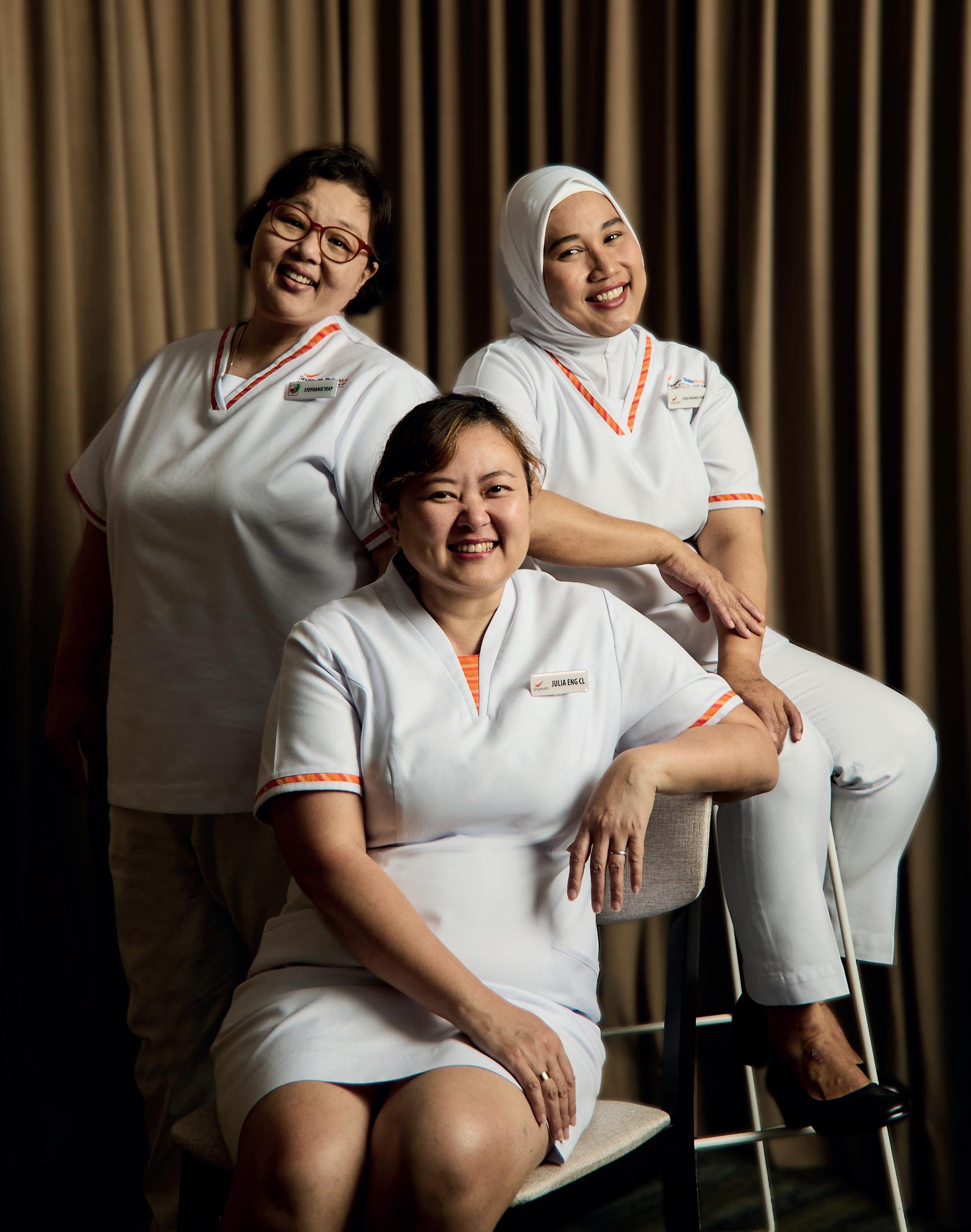
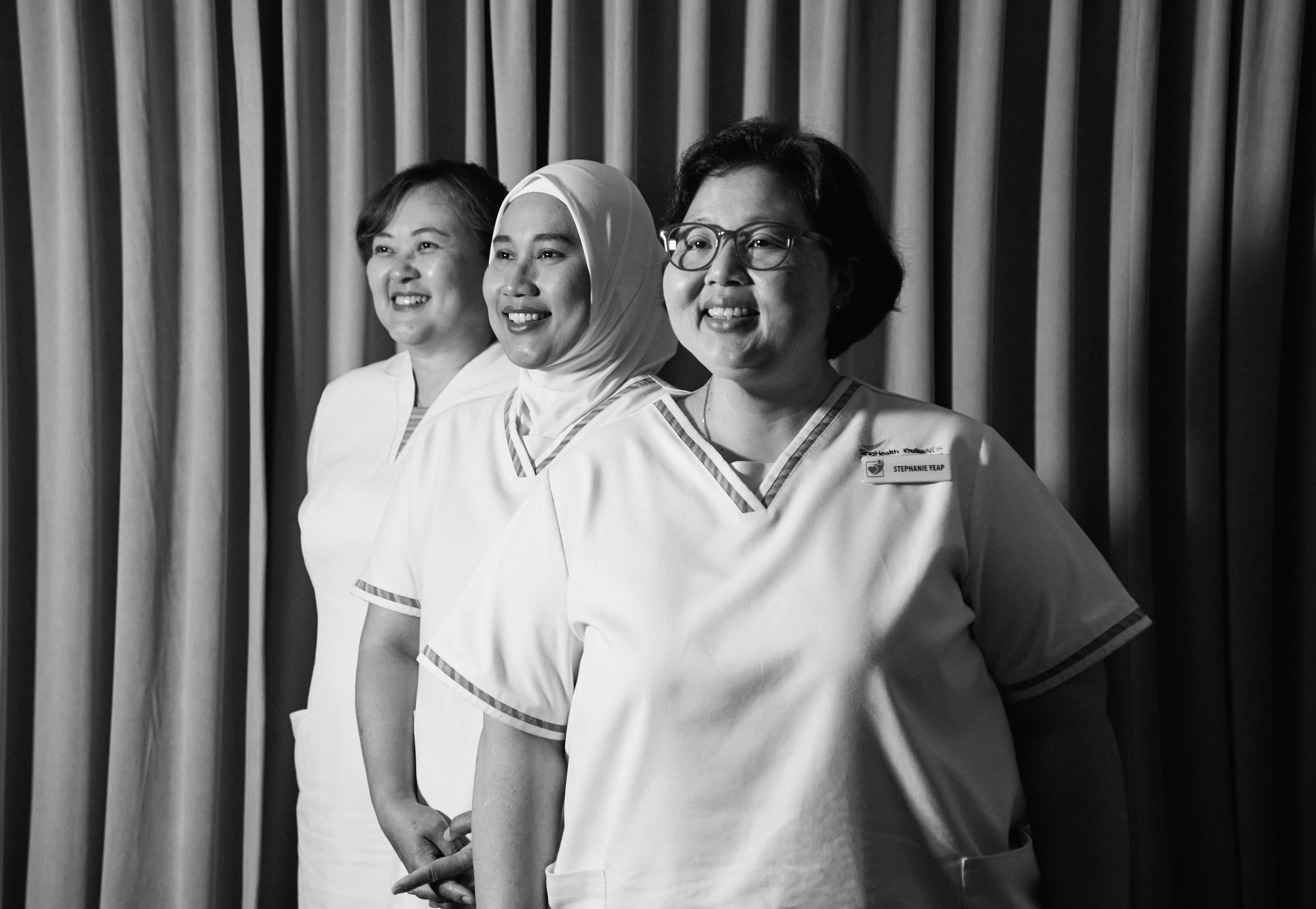
How do you perceive the nursing field evolving in the coming decade, with AI and other technologies becoming ubiquitous?
ELENA: The scope of nursing practice will continue to expand with new models of care to ensure accessible healthcare delivery. This would be through the adoption of technologies to make patient care delivery more efficient and seamless and simultaneously adapting to new healthcare challenges while maintaining focus on quality of patient care.
STEPHANIE: I envision nursing evolving into a more technology-integrated profession, with AI supporting clinical decision-making and routine tasks. However, the human element of nursing will remain irreplaceable.
JULIA: While we can leverage AI and technology to help us work more efficiently, we can never be
replaced completely. Nursing involves a human touch, compassion and judgement. Data-driven change is something that is lacking in nursing practice, and AI has the potential to harness bigger amounts of data, enabling a more informed decision-making process and driving meaningful practical improvements.
Has it dawned on you that you are a leader in your field? How does that make you feel? Has that changed your relationship with people and the way you work?
ELENA: I must say that this leadership role has neither changed me nor my relationship with others one bit. I still catch up with the same nursing colleagues whom I worked with in the first 10 years of my career. I ‚ m also still a daughter, wife and mother to my family, who are all important to me.
I endeavour to balance work and family and, at the same time, care for myself so that I can give even more to others.
STEPHANIE: While I ‚ m honoured by the recognition I ‚ ve received in my field, I don ‚ t dwell on the idea of being a leader. My focus has always been on doing my job to the best of my abilities, and contributing positively to patient care and the nursing profession itself. In terms of my relationships with others, I strive to be the
With the nation still reeling from the onset of COVID-19, Elena was faced with a massive challenge in 2021 — overseeing the nursing staff at Singapore General Hospital (SGH), a portfolio often viewed as one of the most demanding within the nursing division. The attrition rate immediately post-COVID-19 spiked to 8.1 per cent in SGH.
While she worked on improving the numbers, Elena realised hiring was not the only way to manage the manpower crunch. “I worked hard to ensure that our nurses worked in a kind, caring and supportive environment. With the support of my lovely Medical Social Services colleagues, I enhanced the existing Nursing Peer Support Network in SGH and strengthened our reach to nurses in need. I led several engagement sessions at the local level or division level to improve camaraderie and team bonding within the Nursing Division.”
Her efforts paid off. Together with her team and the Ministry of Health (MOH), Elena successfully reduced the attrition rate to 6.7 per cent in 2023. Building on this success, she now brings her leadership and expertise to her new role as Director, Nursing, at SNEC.
From junior nurse to leading a pioneering team
Having spent two decades of her nursing career as a junior nurse in an acute hospital was well worth it for Stephanie, who in 2017 took a giant leap to become part of the pioneering team that was tasked with founding SCH, SingHealth‚s cluster of community hospitals.
From nursing development and infrastructure to regulatory compliance, manpower management, policy guidelines, and workflow optimisation, Stephanie faced myriad tasks with the utmost competence and was hardly fazed. “This capability
same person I ‚ ve always been. My family, friends and long-time colleagues still treat me the same way they always have — I really appreciate that.
JULIA: I ‚ m thankful that I met the right people at the right place and the right time. To me, a leader in the field is someone who has a wealth of knowledge and expertise in that field. I ‚ m still learning something new every day, especially in my new role as a Director of Nursing, and on how to be a good leader.
is deeply rooted in the nature of nursing itself, where juggling multiple patients, tasks and priorities is the norm. As a junior nurse, I was constantly immersed in a multitasking environment, which laid the foundation for managing more complex responsibilities later in my career.”
In her current role as Chief Nurse, Stephanie has since developed strategies to prioritise tasks effectively, delegate when appropriate, and maintain a holistic view of operations while attending to specific details. These multitasking skills, cultivated from her early days in nursing, have been instrumental in enabling her to oversee multiple aspects of healthcare operations simultaneously, ensuring that each area receives the attention it needs for the optimal functioning of the entire system.
As Director of Nursing at NCCS, Julia manages a work schedule that is jam-packed every single day. But she still makes time for yet another equally demanding profession: Teaching. As an Advanced Practice Nurse, she contributes her expertise by being a faculty member at Singapore Institute of Technology (for the Bachelor of Nursing programme) and Nanyang Polytechnic (for the Advanced Diploma in Oncology course).
Sharing how she comfortably manages both jobs, Julia says: “I have cut down on the number of classes, so it‚s more manageable now. I also try to schedule the classes towards the end of the day, so that I can finish up at work and teach with a clear frame of mind.”
Clinical teaching is also very much built into part of her nursing practice, which includes taking students in her APN clinics to shadow her when she sees her patients. “Sometimes, we run workshops, and that‚s when I take the opportunity to precept the next group of teachers so that they can plan and run the next workshop.”
From us, to you, every day
They say not all heroes wear capes — and our nurses prove that every day! Today, especially, we celebrate our nurses who are defining tomorrow’s medicine. With skilled hands and caring hearts, you transform countless lives and exemplify the very best of our SingHealth family. You are not just caregivers, but pioneers shaping the future of patient care. You are the pride of SingHealth, touching lives in ways that extend far beyond our hospital walls. Happy Nurses’ Day!
Ng Wai Hoe Group CEO, SingHealth
Nurses, we are very proud of how you care for and comfort our patients every day. Your compassion, empathy and excellent care heal not only bodies, but also minds. We celebrate your resilience and dedication. Happy Nurses’ Day!
Fong Kok Yong
Deputy Group CEO (Medical & Clinical Services), SingHealth
We will never be able to fully express how much we value, appreciate and love our nurses! But that won’t stop us from trying to thank you and recognise the amazing work and impact you’ve made — caring not just for our patients, but for all our colleagues, too. Thank you for inspiring us every day!
Kenneth Kwek

Deputy
Group CEO (Digital Health), SingHealth
A big “thank you” to all our nurses. Your commitment, compassion and creativity have made a real difference in the lives of our patients and colleagues across our institutions and community. Your dedication motivates us to continue striving for excellence as we shape the future of healthcare. Happy Nurses’ Day!
Lee Chien Earn
Deputy Group CEO (Regional Health System), SingHealth
To our wonderful nurses, dedicated and compassionate, you inspire us every day with your amazing commitment to all our patients! Your care and expertise save many lives. Thank you for being at the heart of healthcare, inspiring hope and comforting all!
Terrance Chua
Group Chairman, Medical Board, SingHealth
Nurses, you are the heartbeat of healthcare. Your tireless dedication and compassion make a world of difference. Every life you touch and every comfort you provide bring hope to those in need. Thank you for being the heroes who lift us all. Happy Nurses’ Day.
Lim Soon Thye
Deputy Group CEO (Research, Education & Innovation), SingHealth; CEO, National Cancer Centre Singapore

Your unwavering dedication and compassion inspire us all. Thank you for your tireless efforts and commitment to excellence. You make a difference every day.
Tan Hiang Khoon
CEO, Singapore General Hospital
2025 marks 140 years of Nursing in Singapore. A heartfelt thank you to all our nurses for always exemplifying the 3Cs of SG60 — connecting, contributing and caring for the well-being of our patients and their families. Your dedication, fortitude and, above all, love with compassion is truly inspiring!
CEO,
Ng Kee Chong
Changi General Hospital
To our incredible nurses, you are the beating heart of our hospital and SingHealth! Your dedication shows in how you handle each task with care and skill, touching lives with every patient interaction. Thank you for your compassion, expertise and innovation, which continue to shape healthcare today and into the future. Happy Nurses’ Day!
Teo Eng Kiong
CEO, Sengkang General Hospital
On this Nurses’ Day, we celebrate the inspiring and resilient spirit of nurses, the true architects of health in our community. Navigators of new frontiers in healthcare; Unwavering in the face of challenges; Redefine care, placing people at the heart of all you do; Strong collaborators to build healthy families; Innovate to transform the future of women and children; Nurture to shape the next generations of healthcare professionals; Global change-makers impacting our world. YOU inspire us every day to give our best for every precious life. Thank you for your unwavering dedication.
Alex Sia CEO, KK Women’s and Children’s Hospital
Dear nurses, we honour and celebrate your dedication, compassion and the essential role you play in healthcare. Your tireless efforts, expertise and resilience shape the quality of care we provide for our patients. Thank you for your hard work and commitment to improving lives. We are grateful for your invaluable contributions every day. Happy Nurses’ Day!
Goh Bee Tin
CEO, National Dental Centre Singapore
Nurses are the cornerstone of our healthcare mission. This noble profession demands not just skill, but also tremendous strength — both in mind and body. Working alongside these remarkable individuals, I witness daily how they pour their hearts into caring for others. From my heart to yours, thank you for being the champions of care. Happy Nurses’ Day!
Yeo Khung Keong
CEO, National Heart Centre Singapore
Our nurses are the heartbeat of NNI. Your unwavering dedication to patient care, coupled with your innovative spirit sets you apart. Your compassion transforms lives daily, and your commitment to excellence inspires us all. Thank you for being the extraordinary caregivers you are.
Au Wing Lok
CEO, National Neuroscience Institute
Through long shifts, challenging moments, and countless sacrifices, our nurses remain the heart of healthcare, bringing comfort and healing with both skill and compassion. To our amazing nurses, thank you for always going above and beyond your call of duty to deliver the highest standards of care for patients. Happy Nurses’ Day!
Aung Tin
CEO, Singapore National Eye Centre
They say that saving one life makes you a hero — but saving hundreds makes you a nurse. Nurses, you are truly extraordinary. Through even the most challenging days, you comfort and care for your patients with unwavering grace, skill and compassion. We are deeply proud and grateful to work alongside you. Happy Nurses’ Day!
Gan Wee Hoe
CEO, SingHealth Community Hospitals; Pro Tem CEO, Eastern General Hospital
Dear nurses, you touch the lives of so many! You provide healing and a sense of comfort to our patients and their families. Your work goes beyond what the eye can see — where care and compassion know no bounds. Thank you for supporting Healthier SG with your expertise and commitment, and always putting patients at the heart of all you do. We are incredibly proud of every single one of you. On behalf of SHP, we wish all of you a Happy Nurses’ Day!
David Ng
CEO, SingHealth Polyclinics
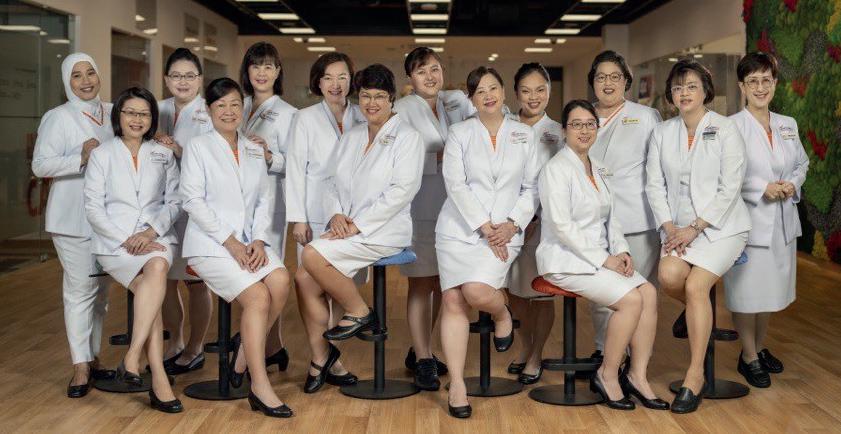
Dearest nurses, each of you holds a special place in our hearts. As we celebrate Nurses’ Day, we want to say “thank you” — not just for what you do, but also for who you are. Your strength, compassion and unwavering commitment to excellence inspire us every single day. It is truly a privilege to work alongside you as one SingHealth family. Thank you for being extraordinary nurses and embodying the true spirit of nursing. You are not just the Pride of SingHealth; you are the future of nursing. Happy Nurses’ Day!
Tracy Carol Ayre
Group Chief Nurse, SingHealth
Ng Gaik Nai
Deputy Group Chief Nurse (Nursing Education and Professional Development), SingHealth; Chief Nurse, Singapore General Hospital
Stephanie Teo Swee Hong
Deputy Group Chief Nurse (Care Integration and Community Nursing), SingHealth;
Director, Community Nursing, SingHealth Office of Regional Health
Christina Lim
Deputy Group Chief Nurse (Crisis Planning, Nursing Operations, and Nursing Informatics), SingHealth

Wong Sook Thow
Deputy Group Chief Nurse (Nursing Transformation), SingHealth; Chief Nurse, KK Women’s and Children’s Hospital
Png Gek Kheng
Chief Nurse, Changi General Hospital
Loh Huey Peng
Chief Nurse, Sengkang General Hospital
Julia Eng Chui Lee
Director, Nursing, National Cancer Centre Singapore
Amy Tay
Chief Nurse, National Heart Centre Singapore
Ang Shin Yuh
Director, Nursing, National Dental Centre Singapore
Ng Wai May
Director, Nursing, National Neuroscience Institute
Elena Mohamed Ayob
Director, Nursing, Singapore National Eye Centre
Stephanie Yeap Chief Nurse, SingHealth Community Hospitals
Lam Woan Ching Chief Nurse, SingHealth Polyclinics
This year, we commemorate 140 years of nursing in Singapore — a remarkable legacy of dedication, resilience and care. From humble beginnings to a highly skilled profession, from working in challenging settings to confronting global health crisis, our nurses have stood strong with unwavering courage and compassion. To every nurse — past and present — thank you for your dedication, sacrifice and the lives you touch. As we celebrate 140 years, let us uphold our profession with pride and purpose, placing patients at the heart of all we do.
Paulin Koh
Chief Nursing Officer, Ministry of Health
